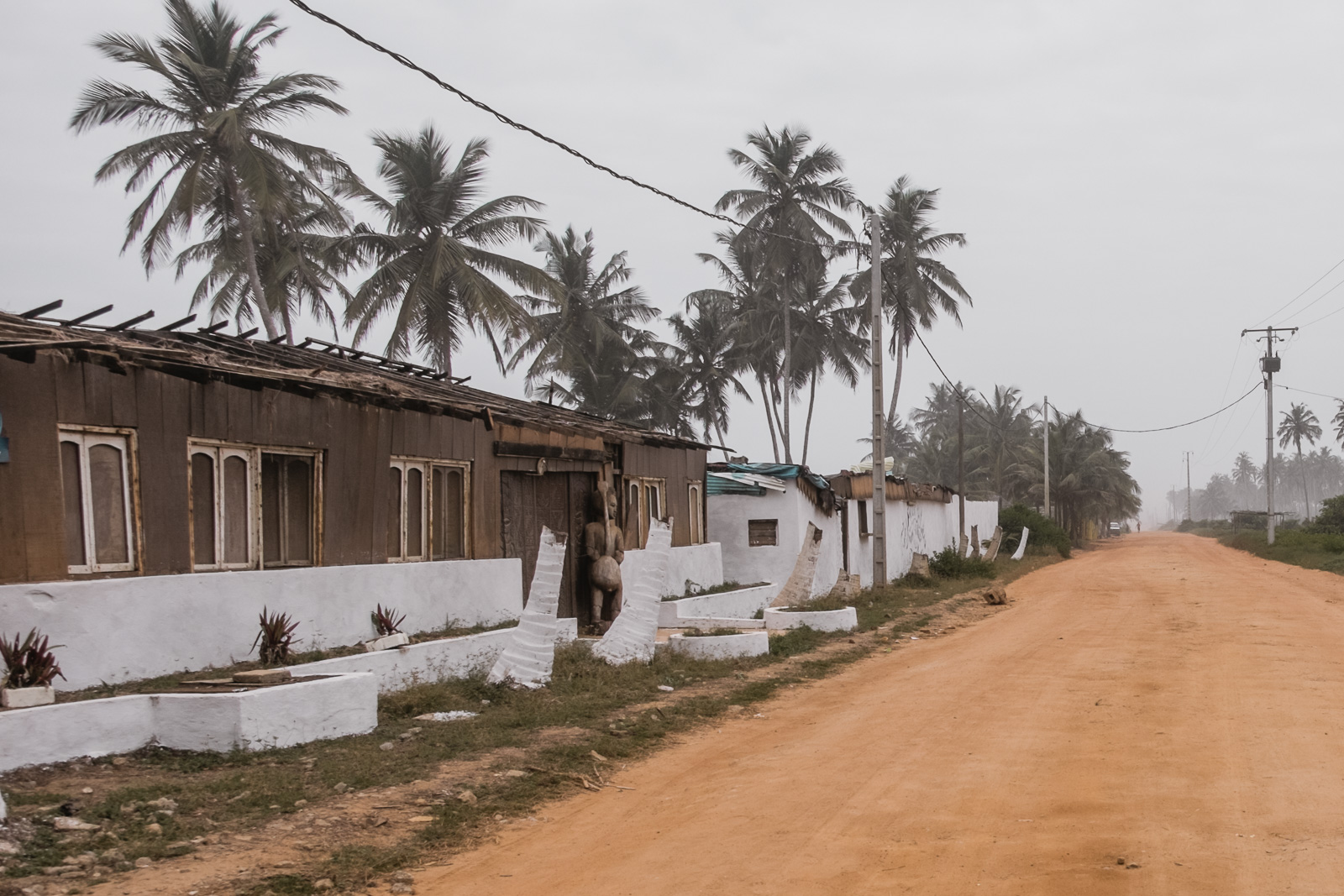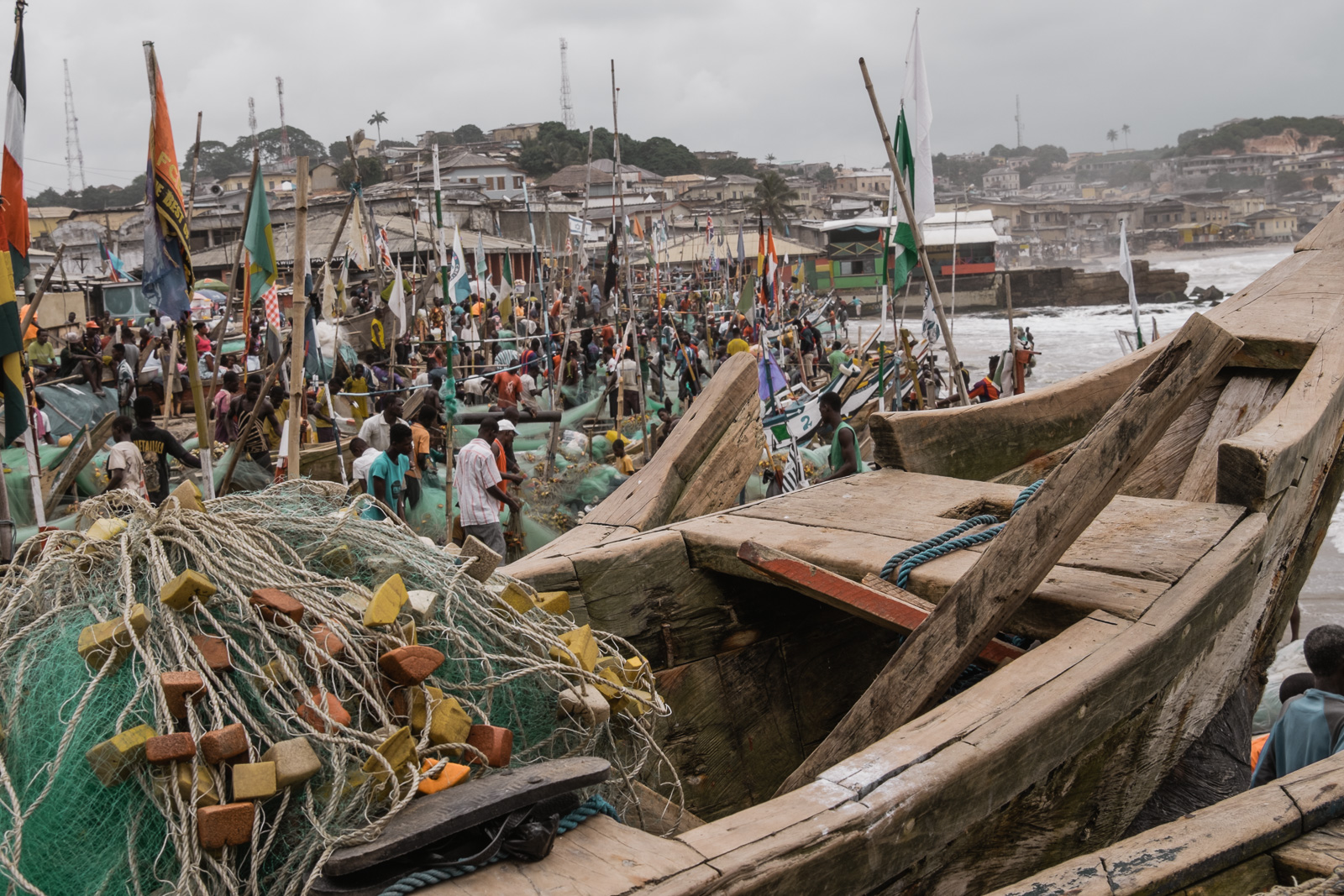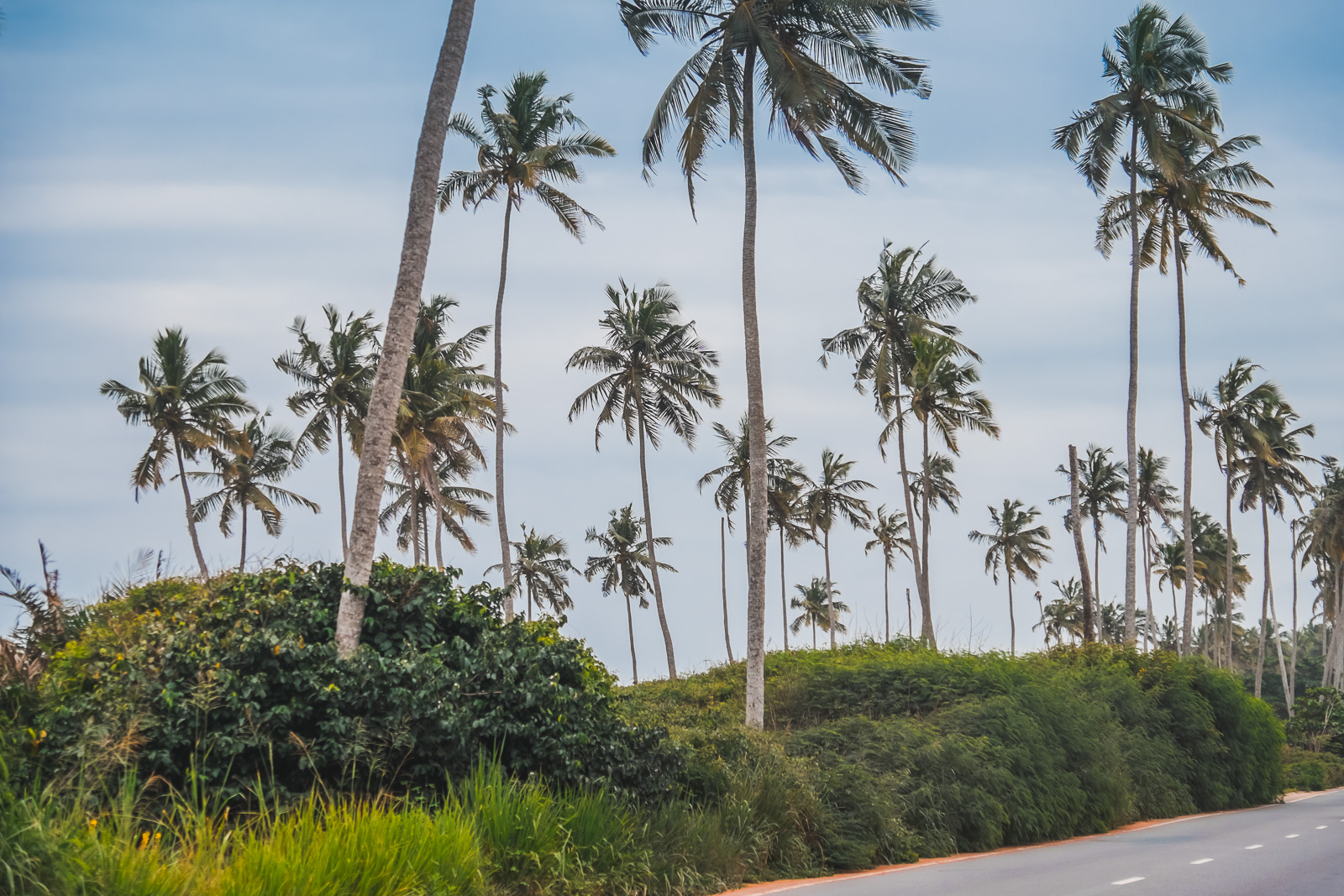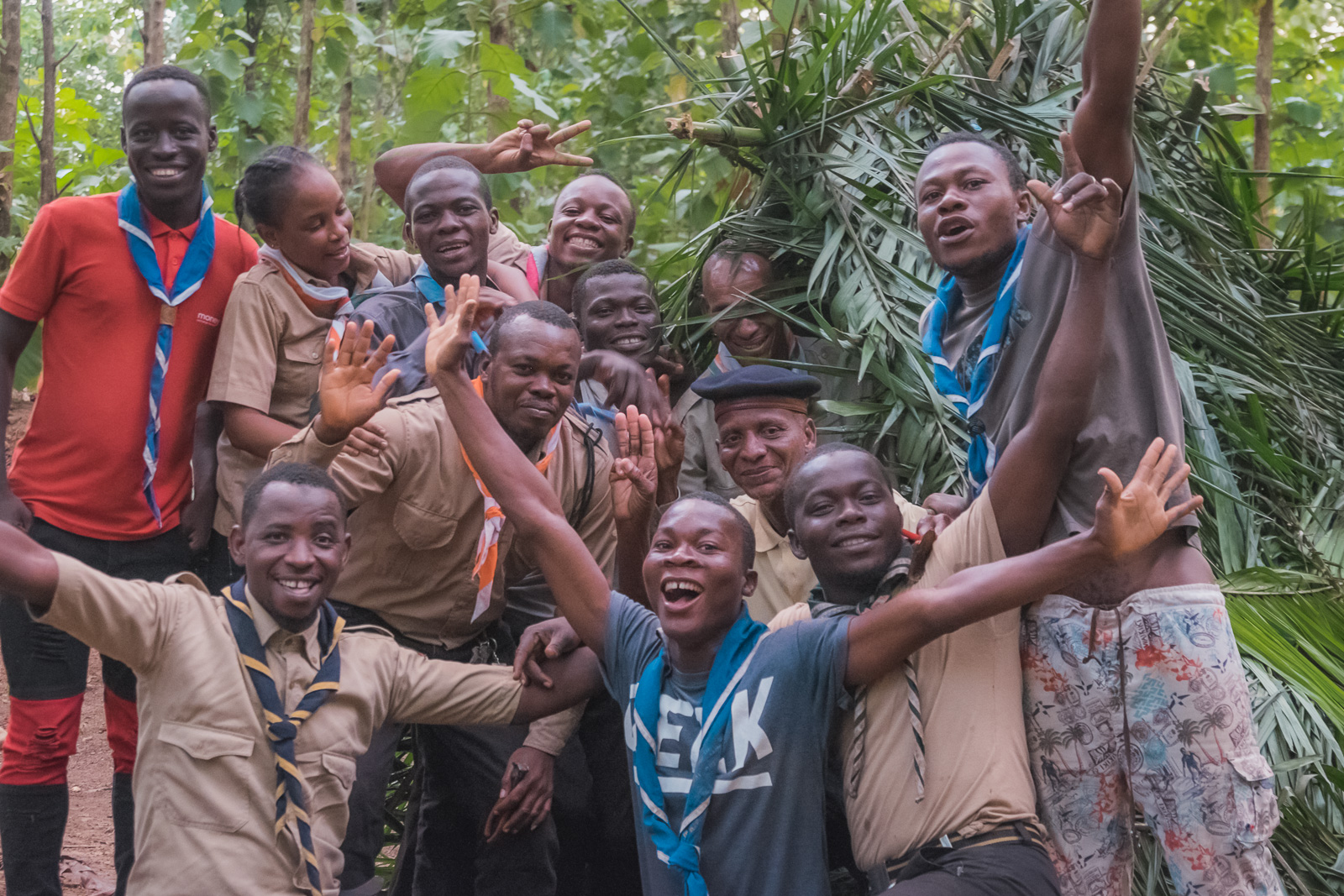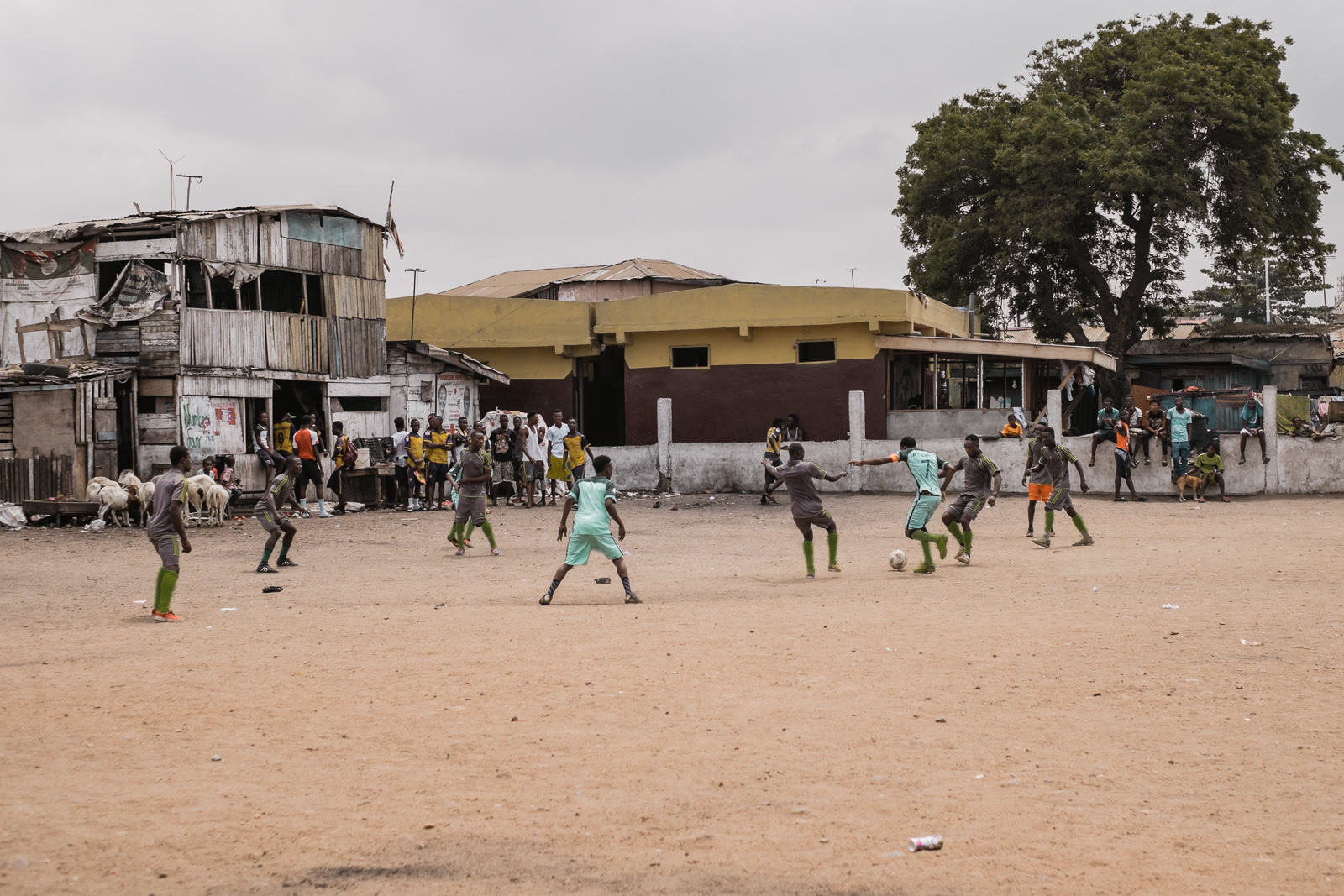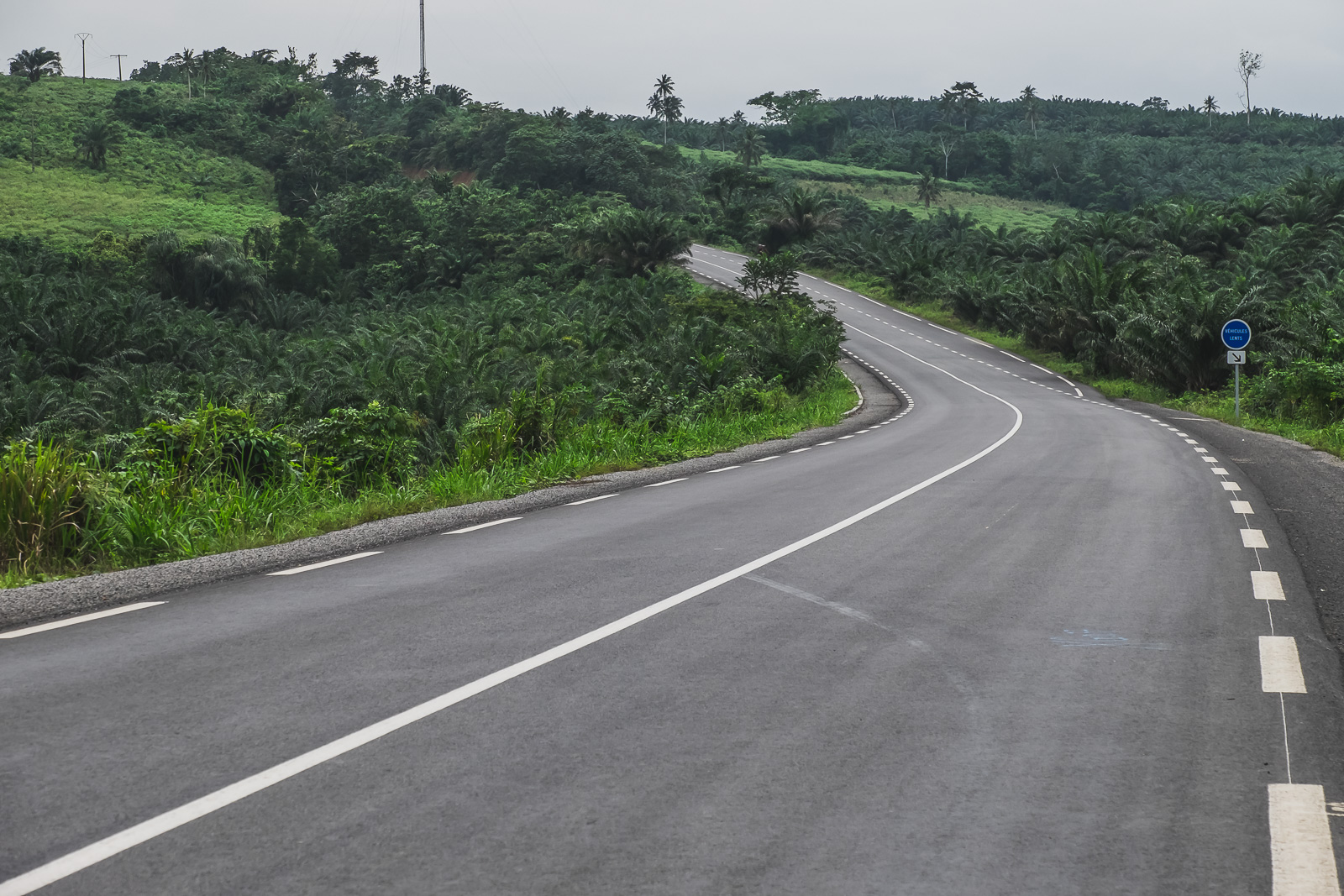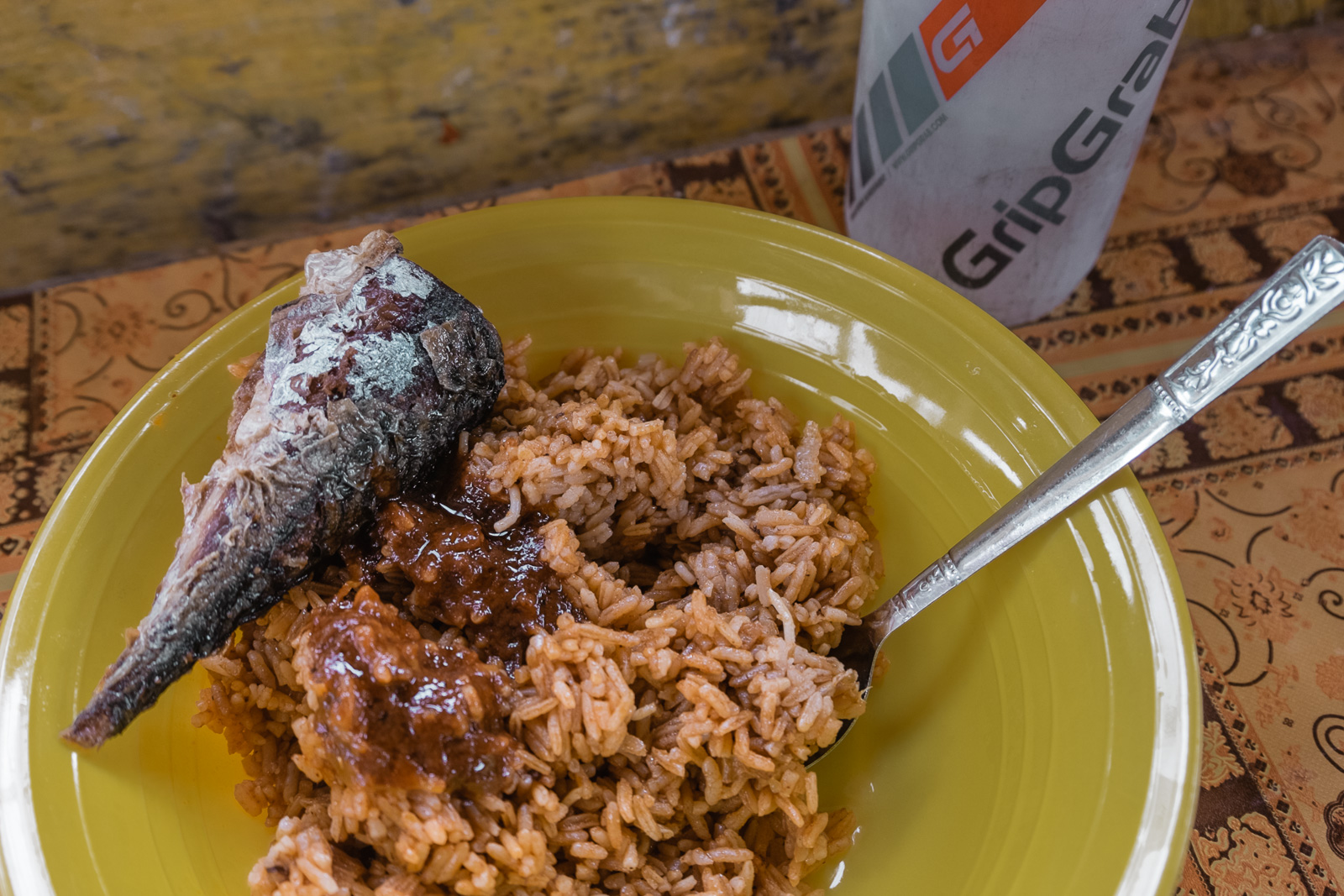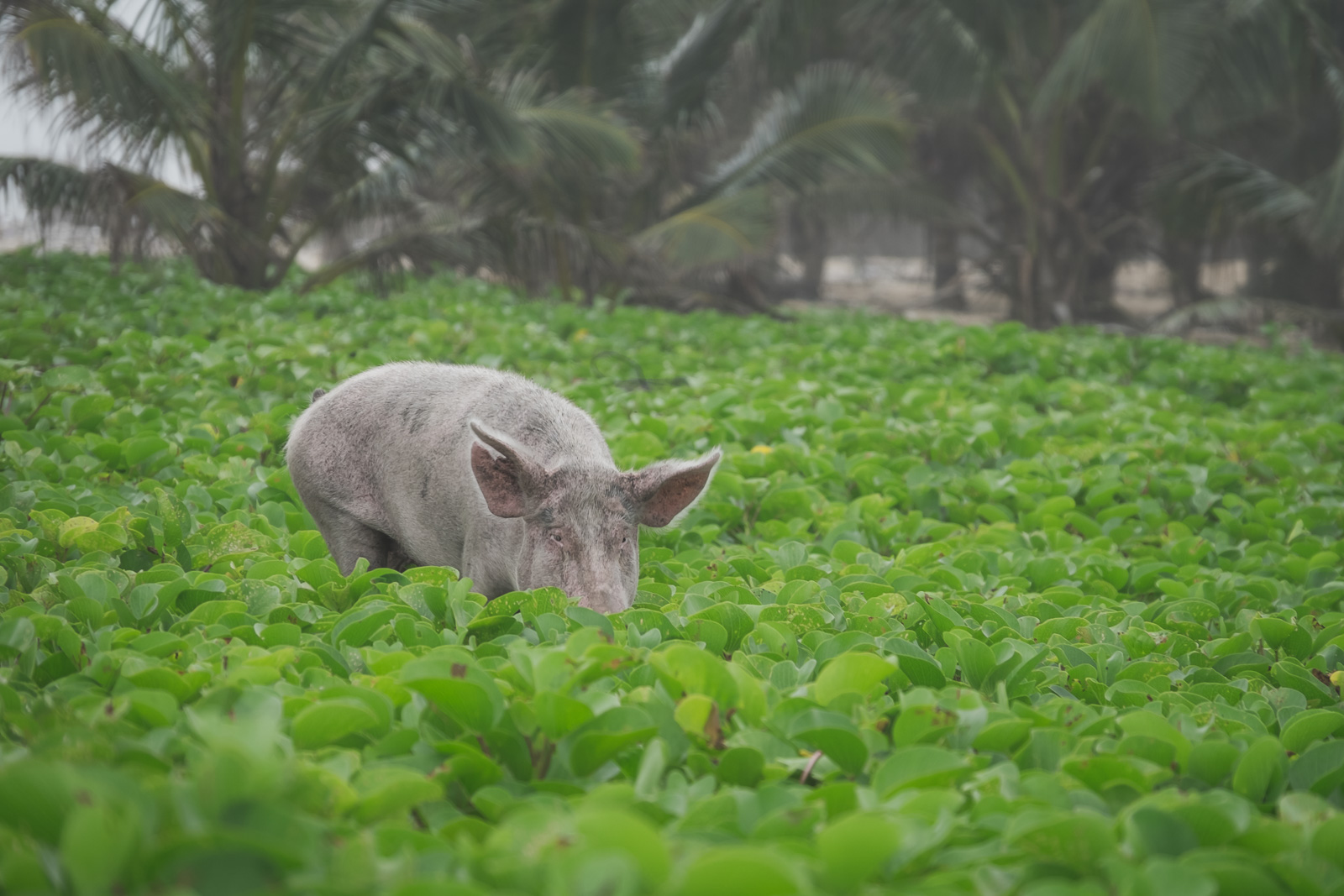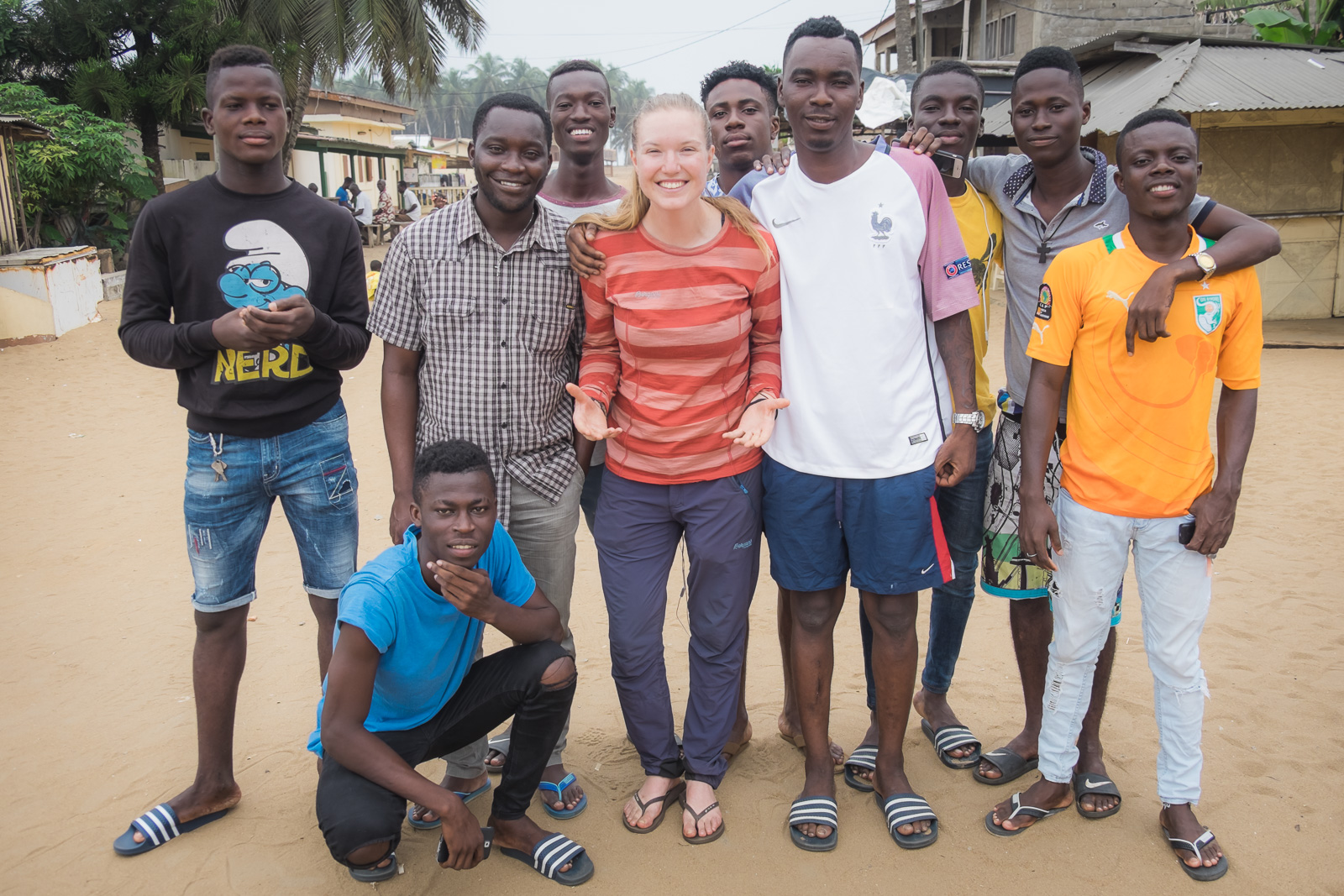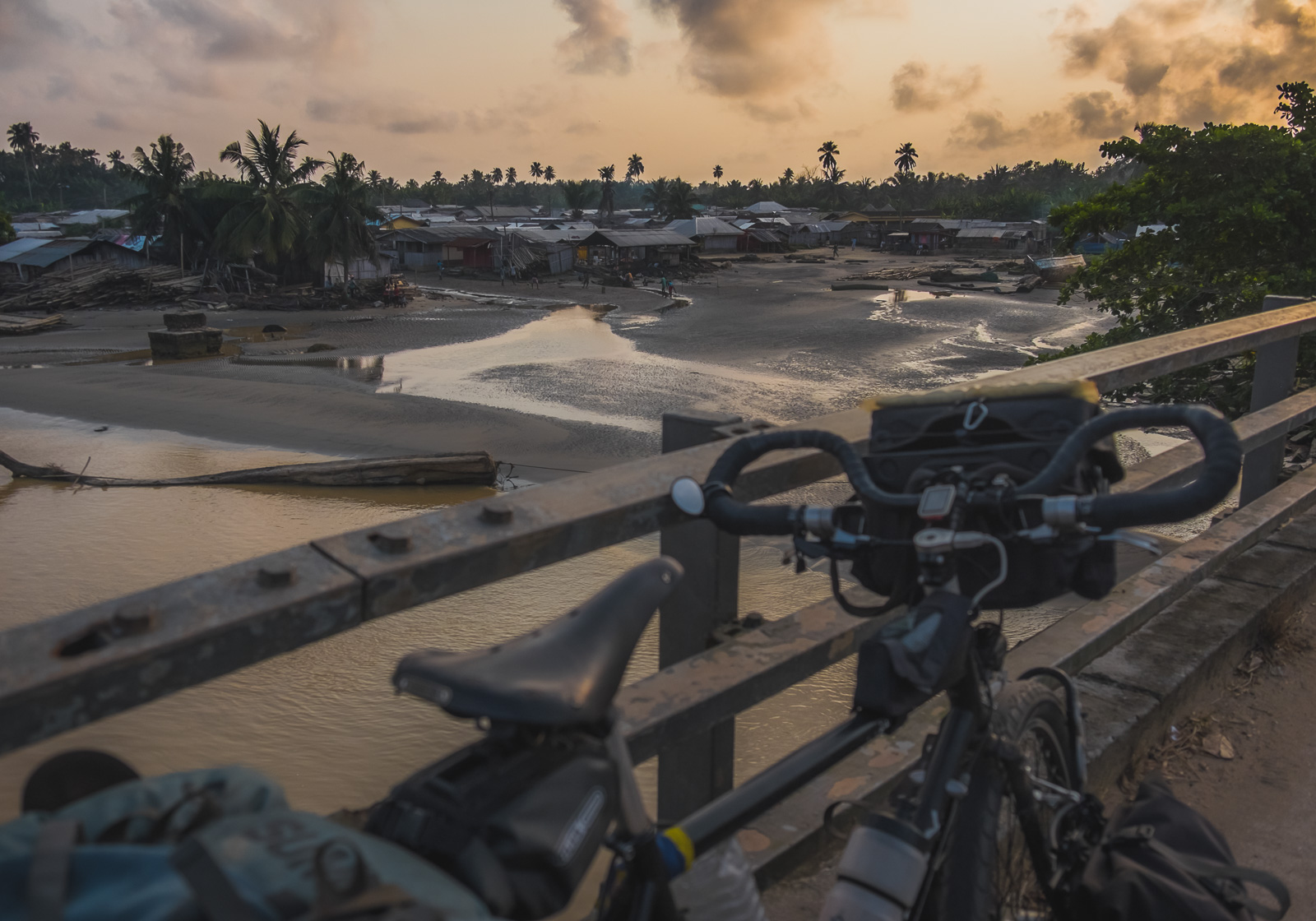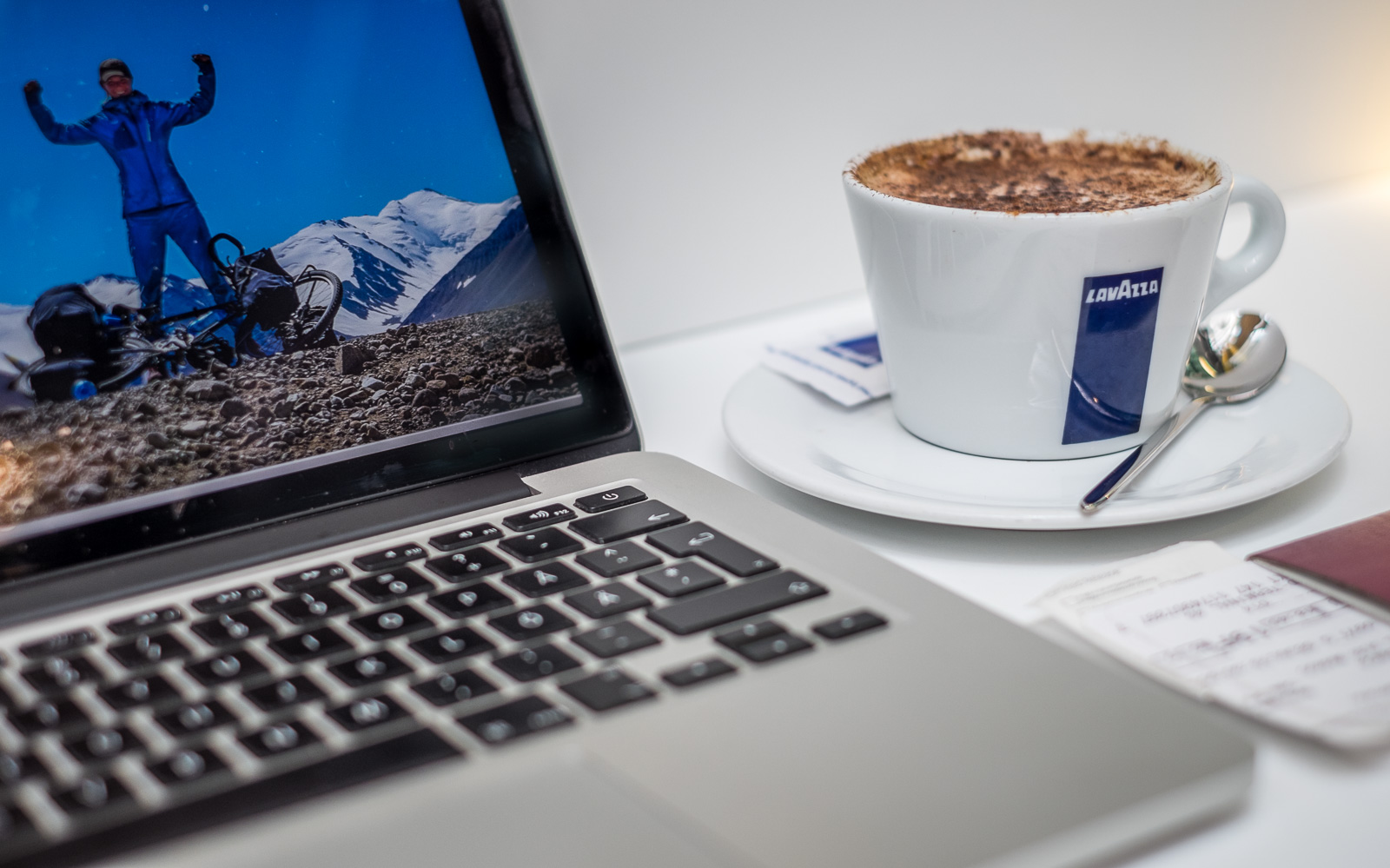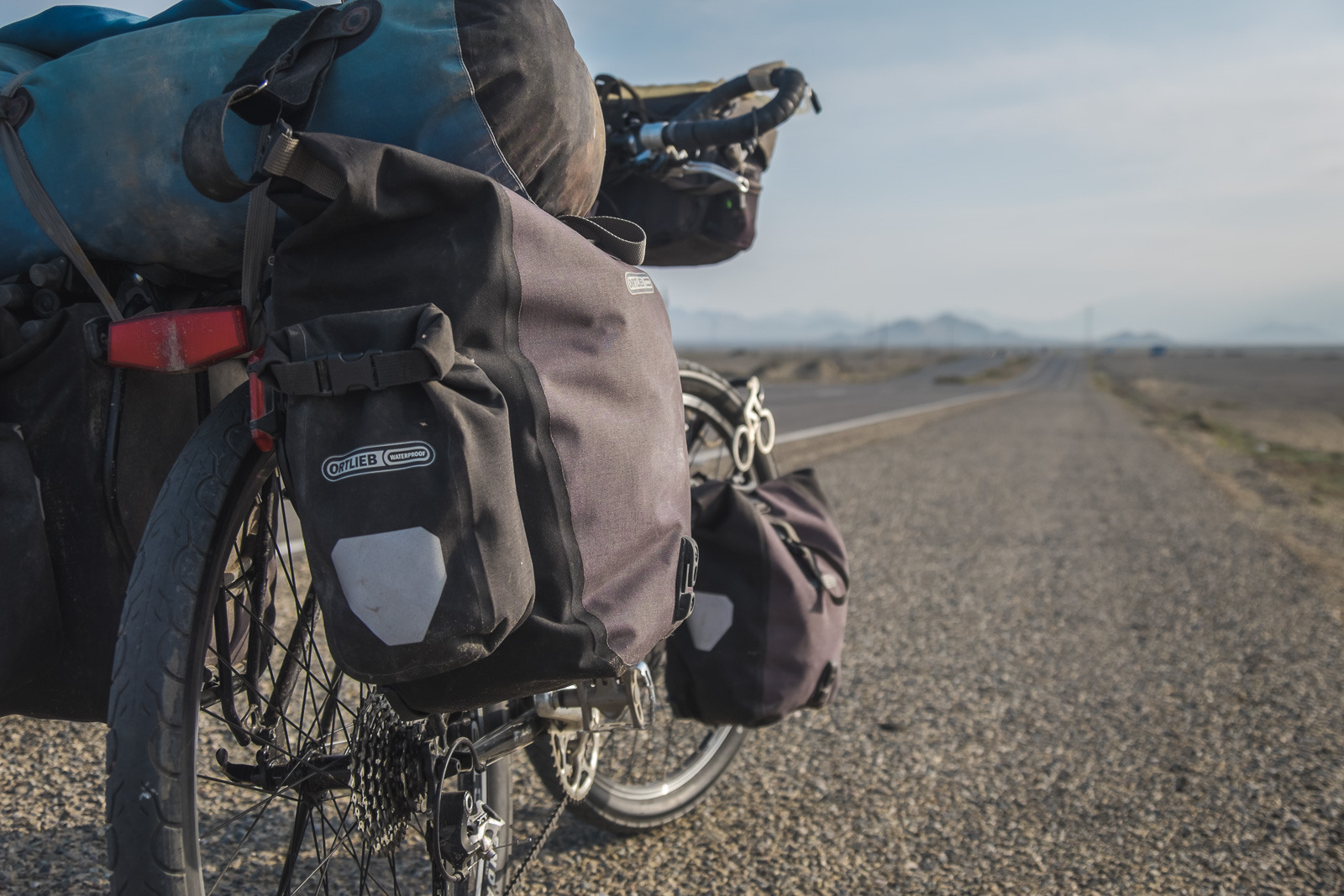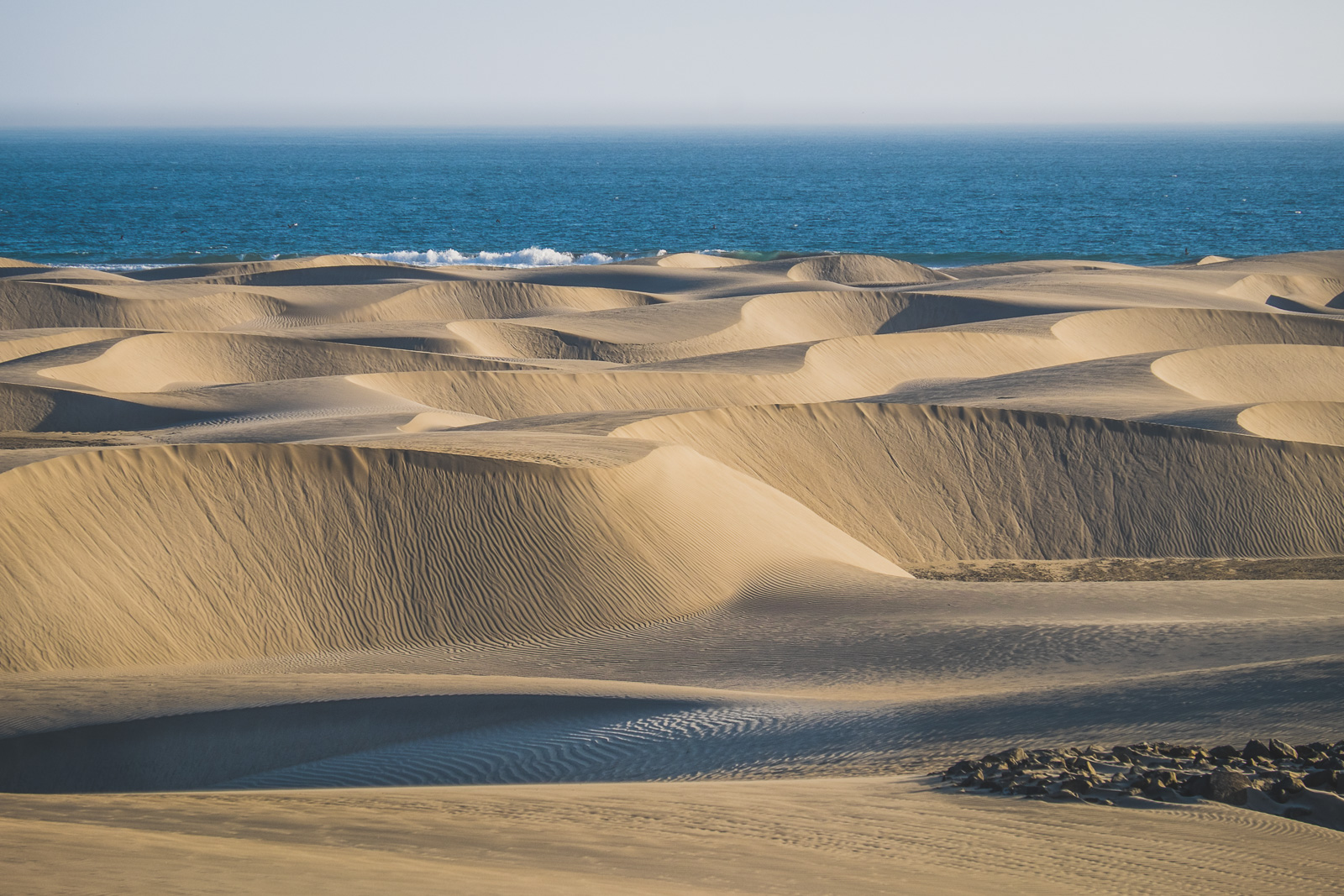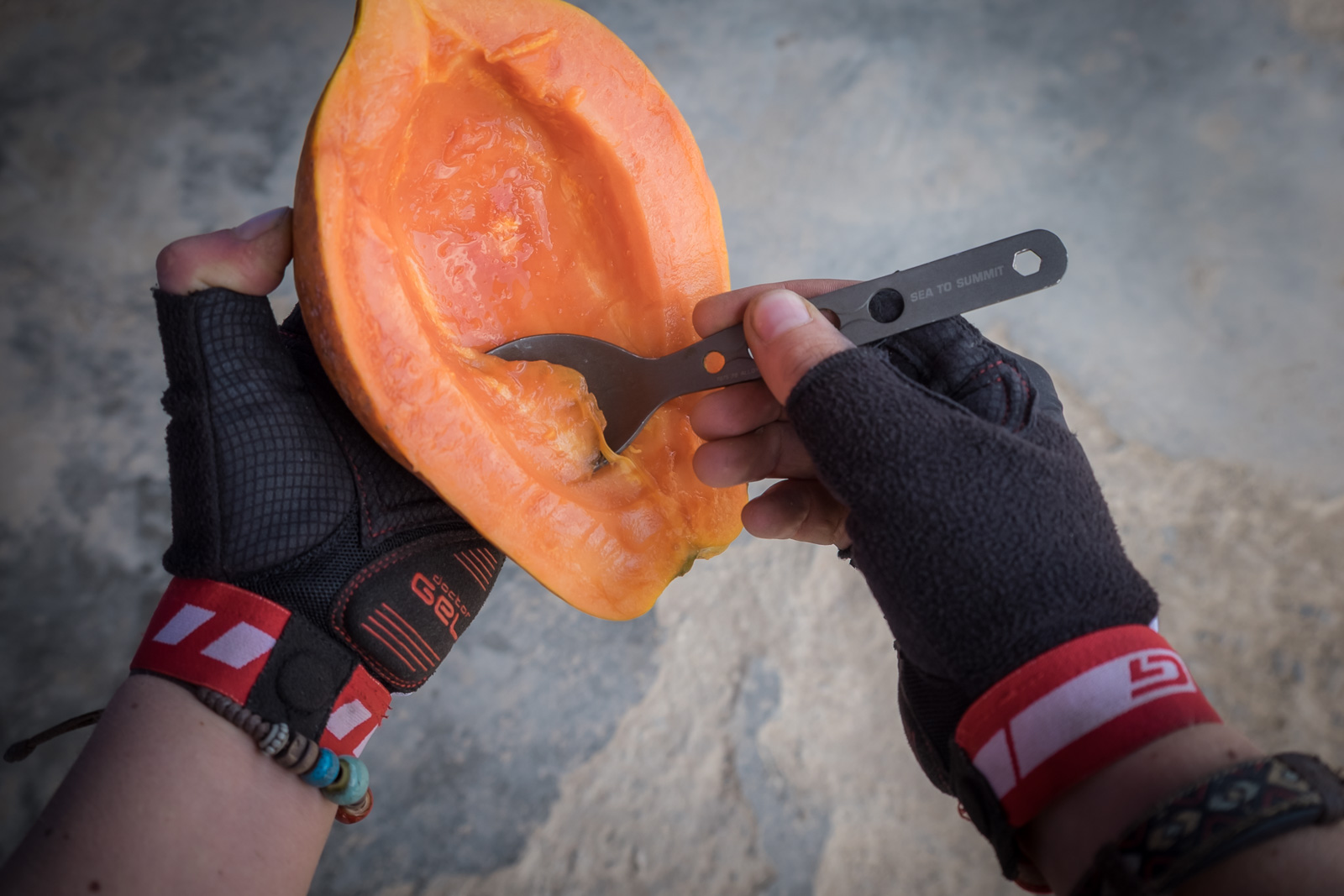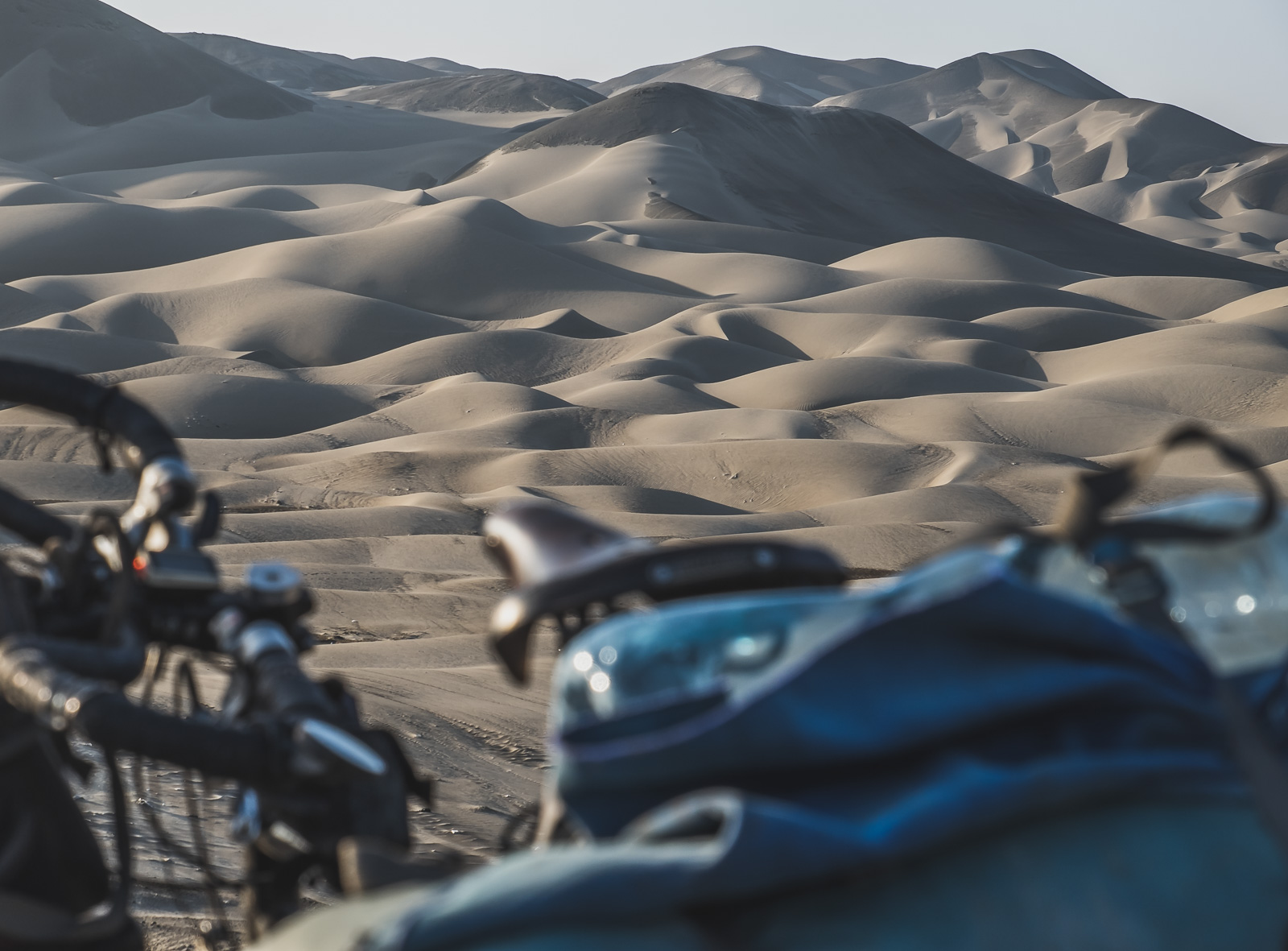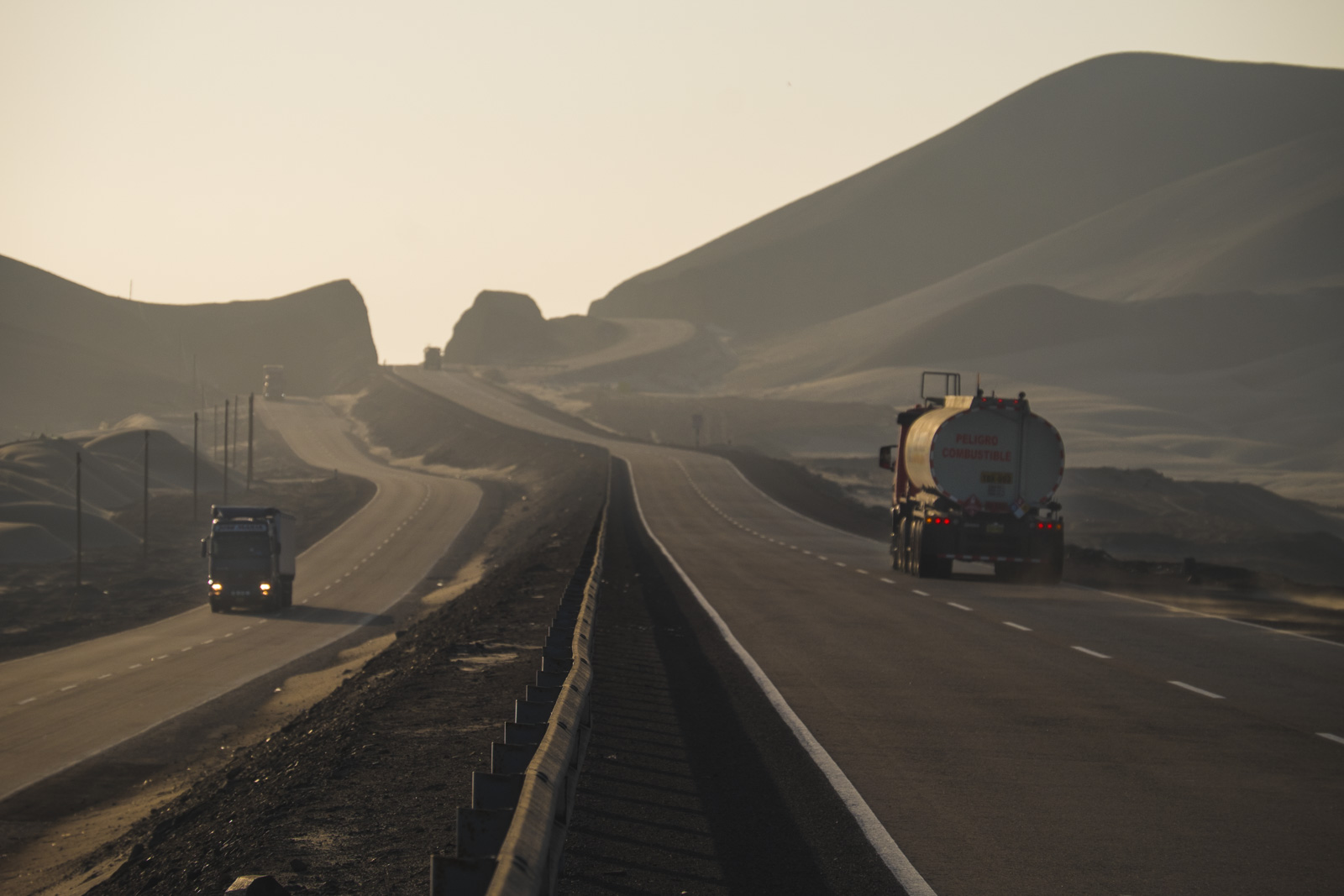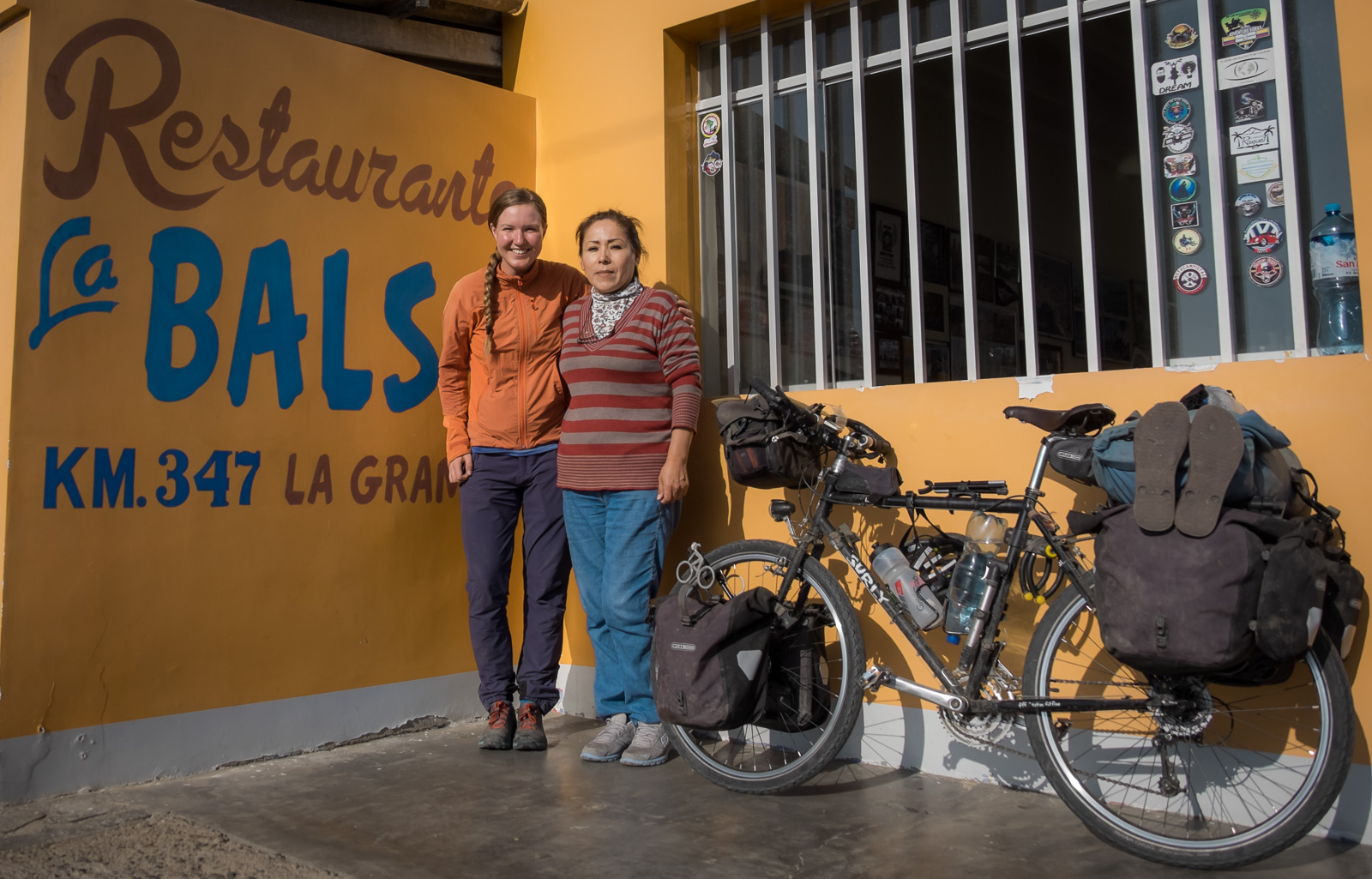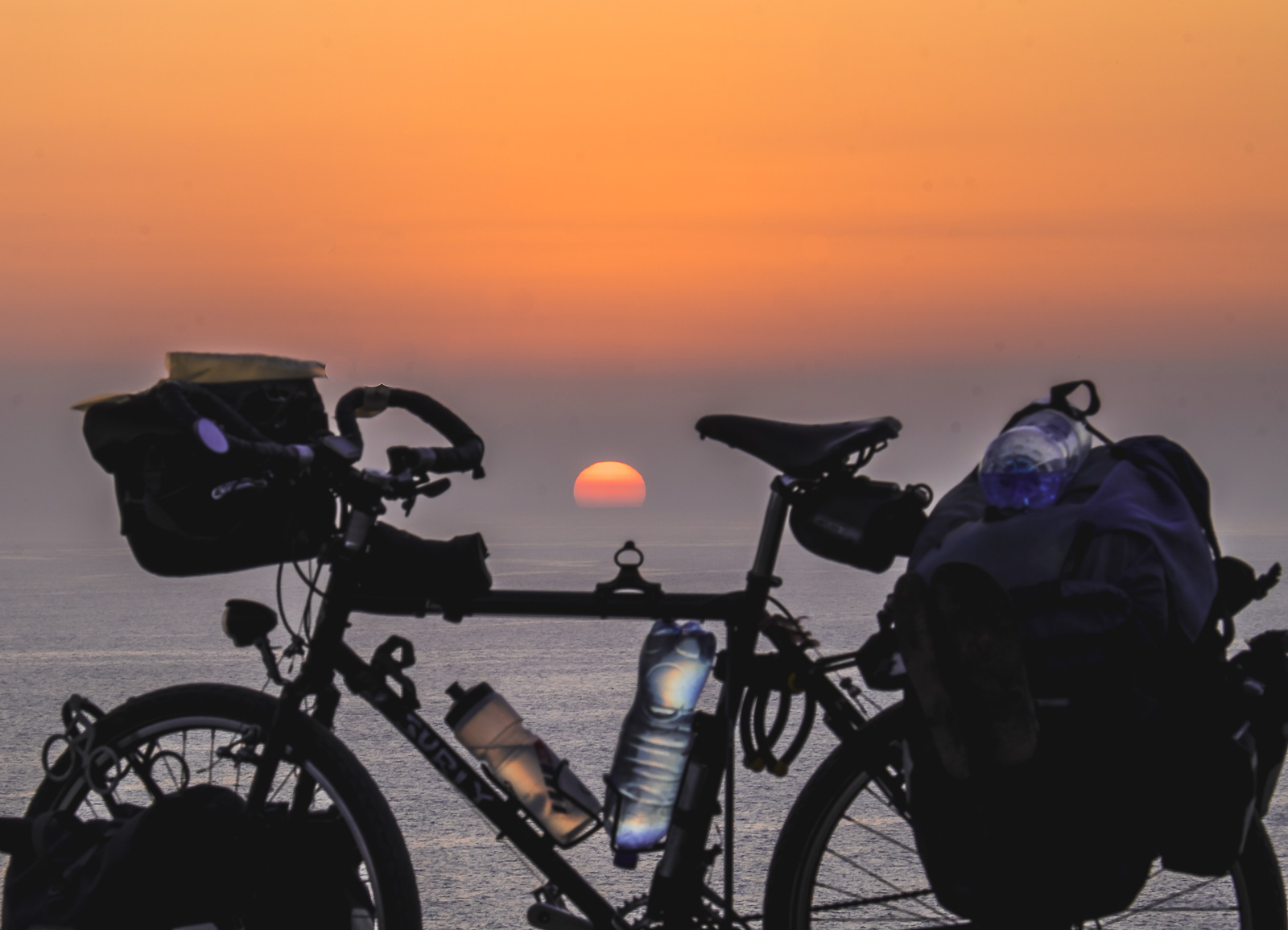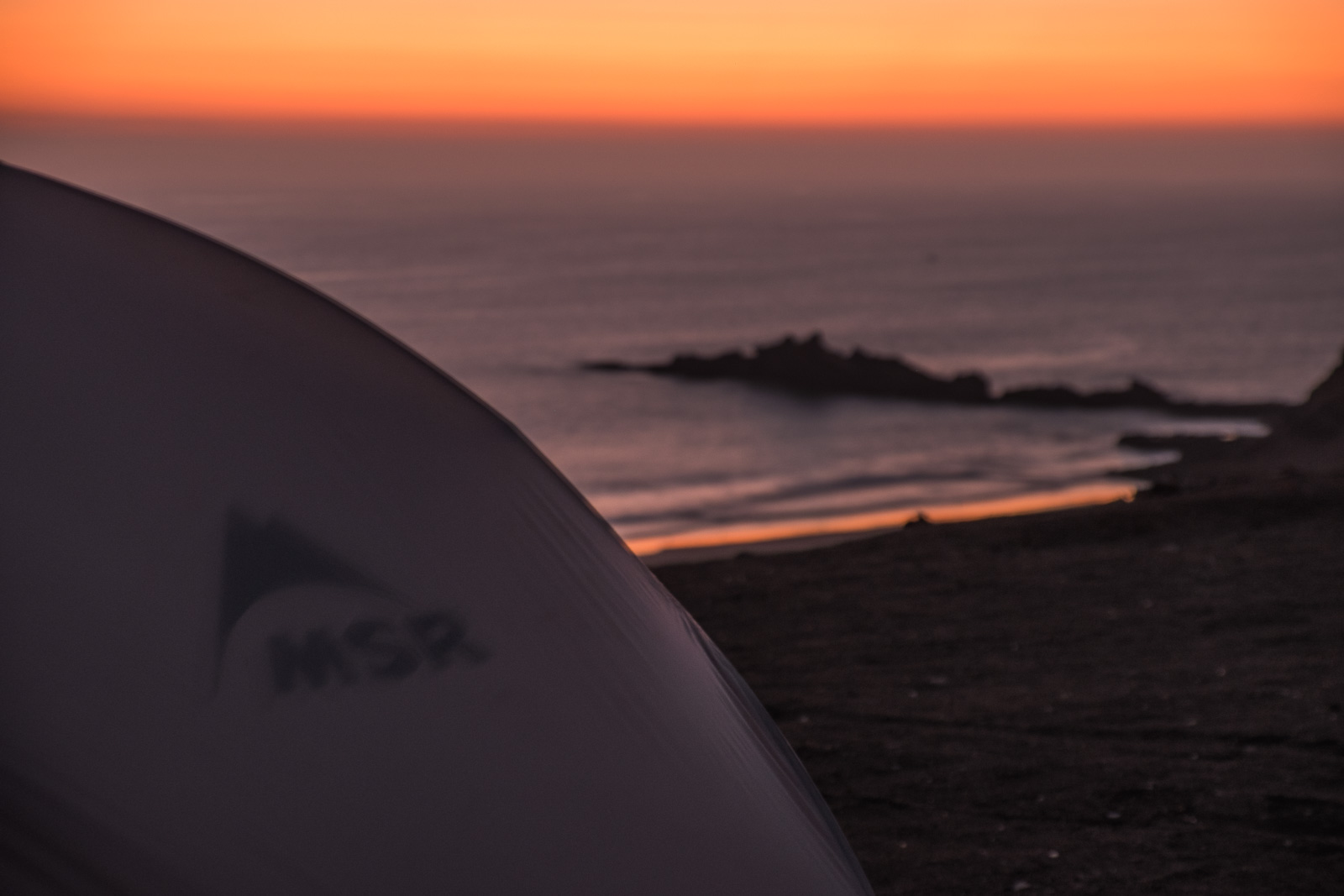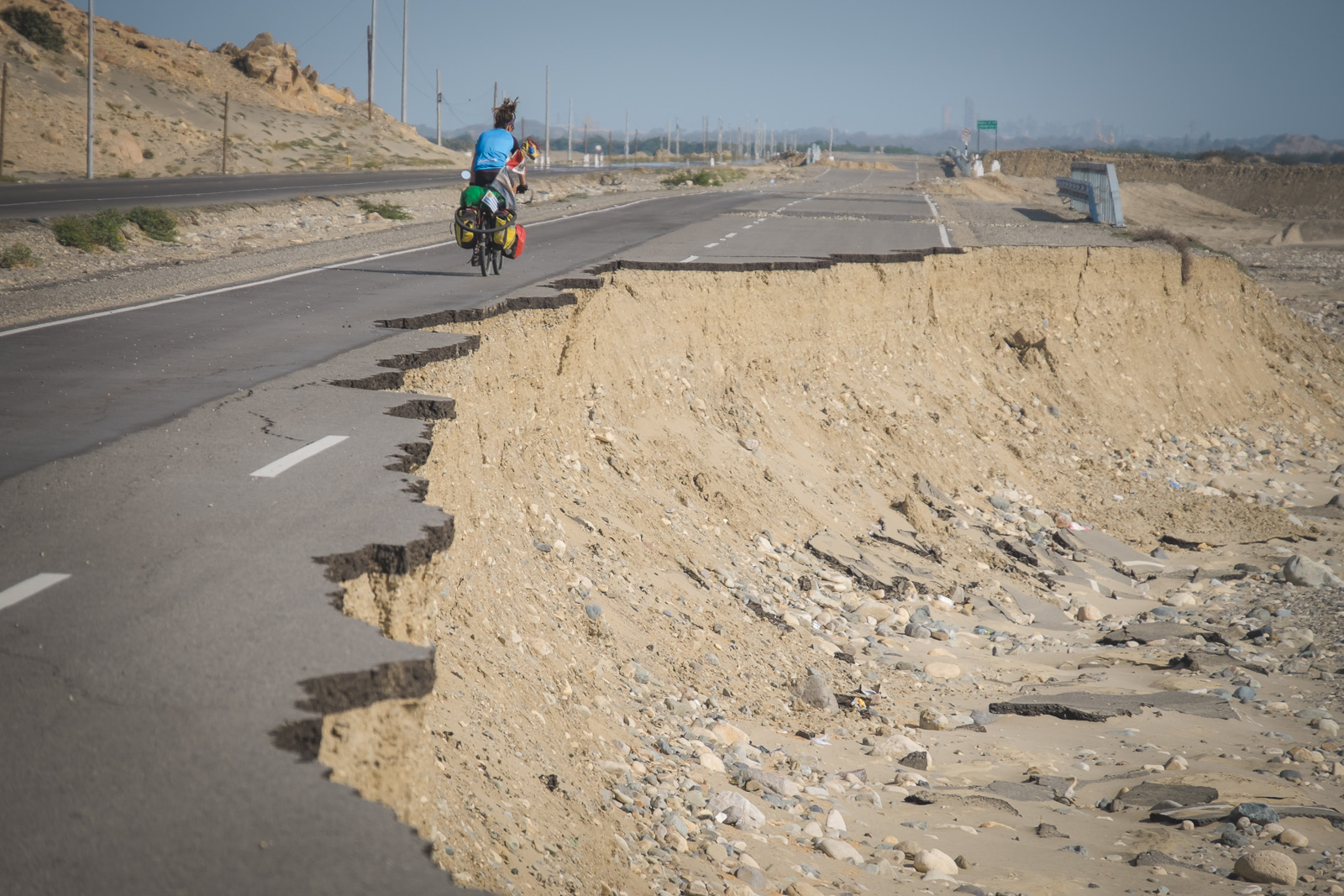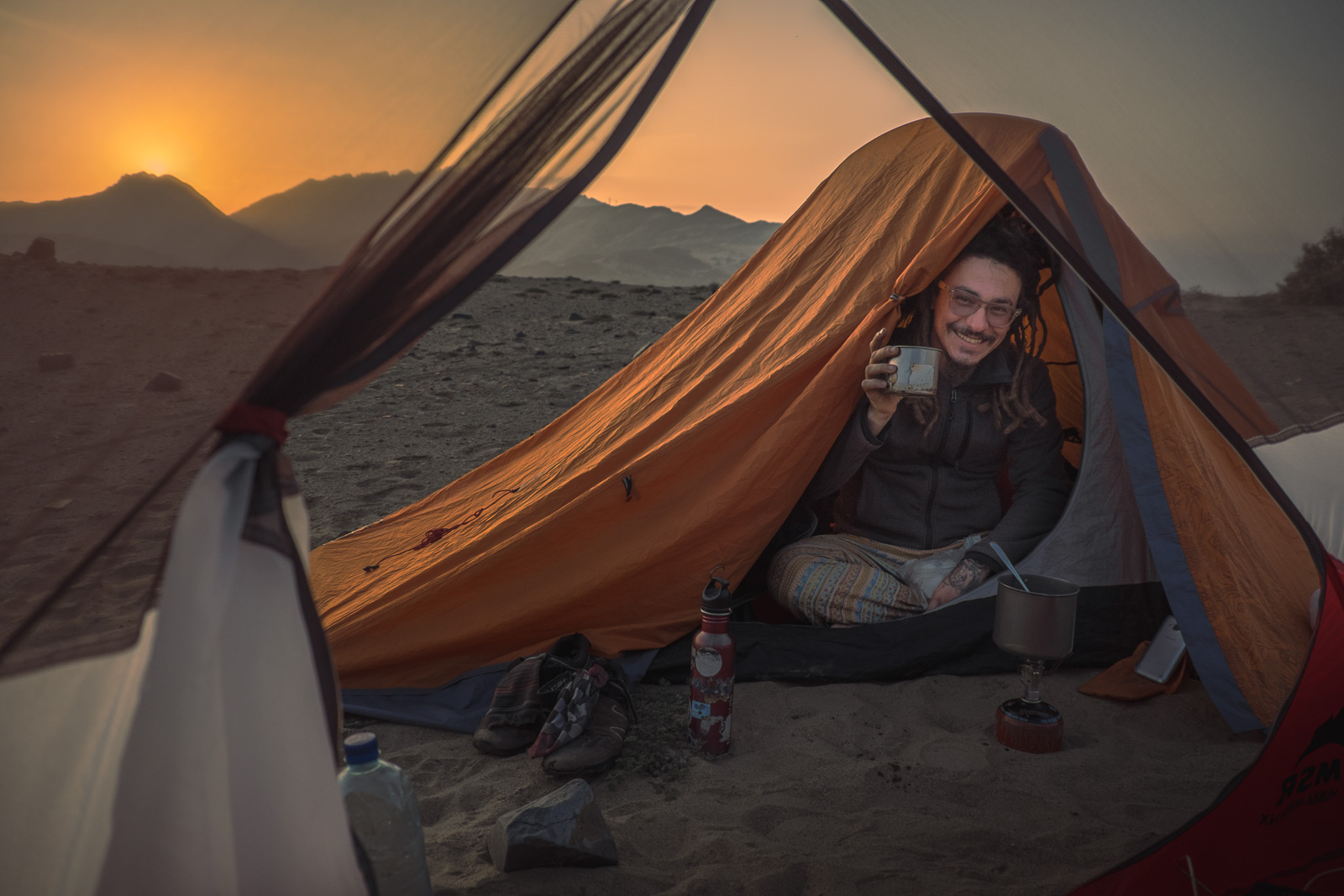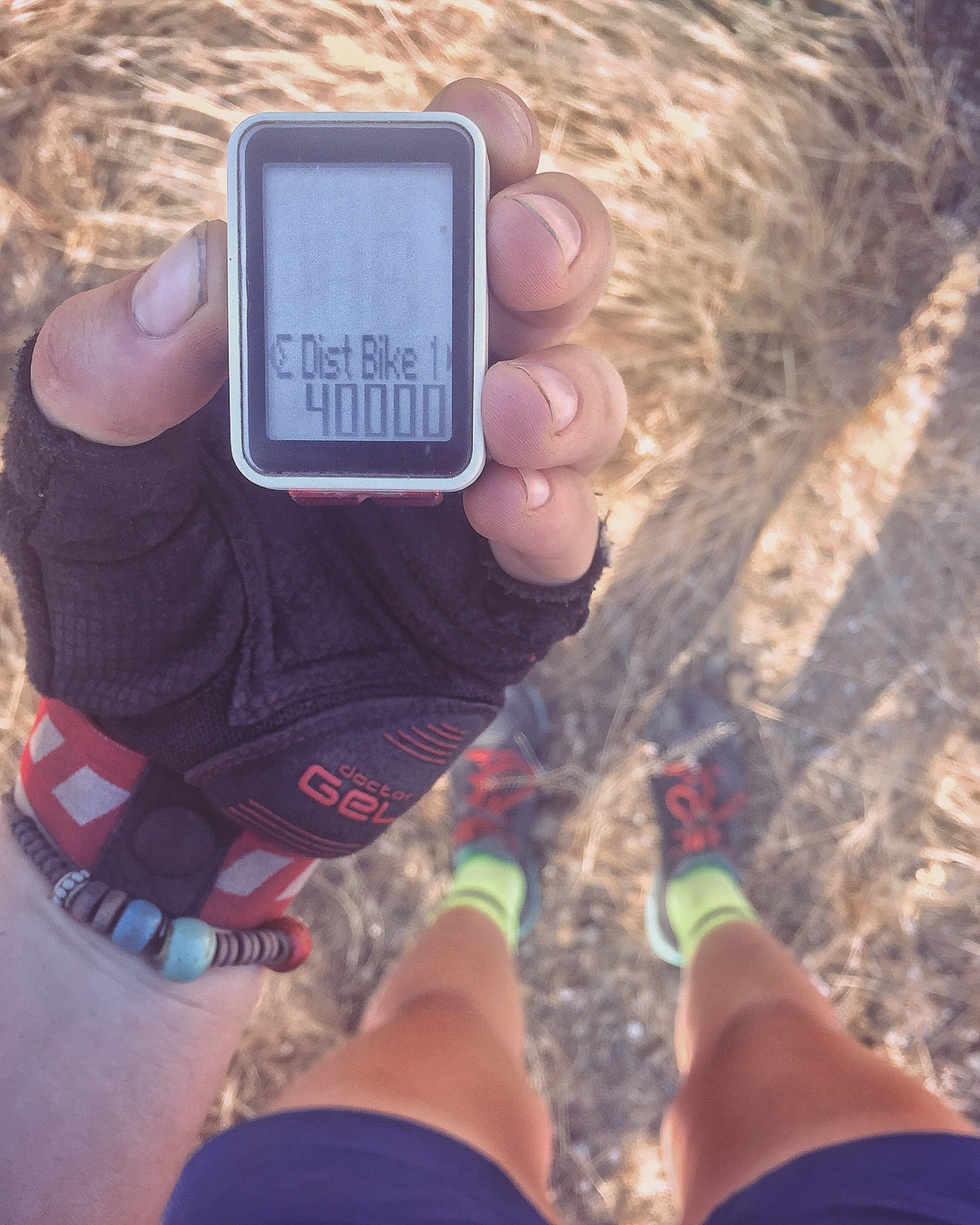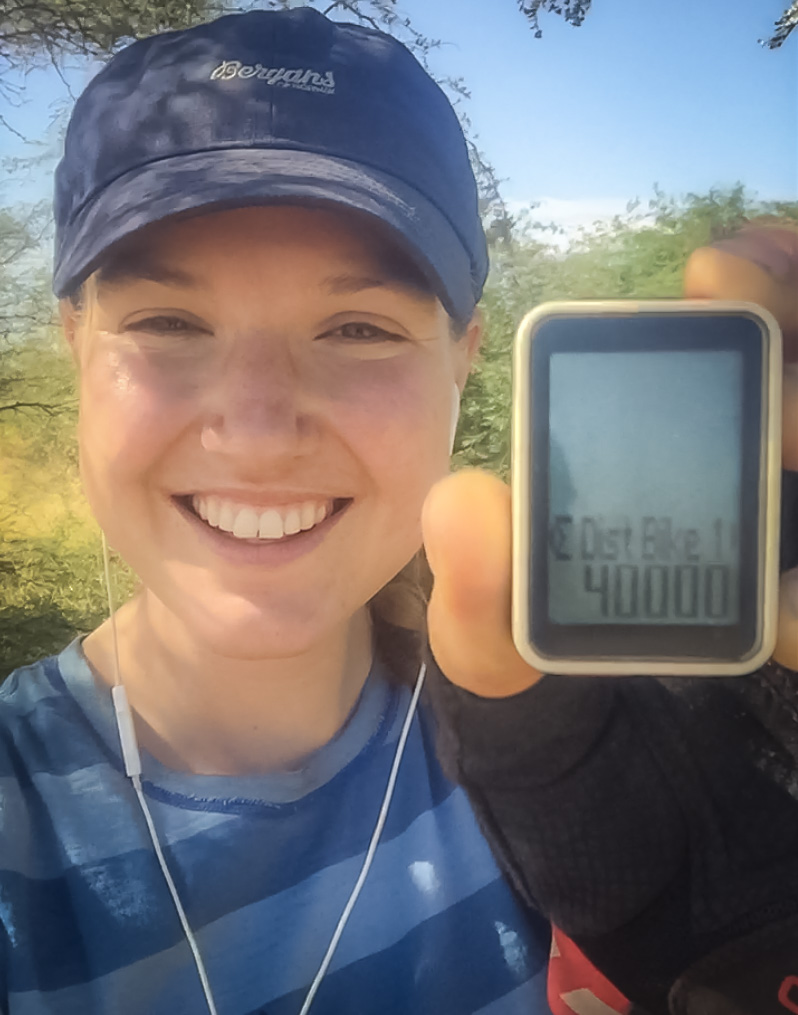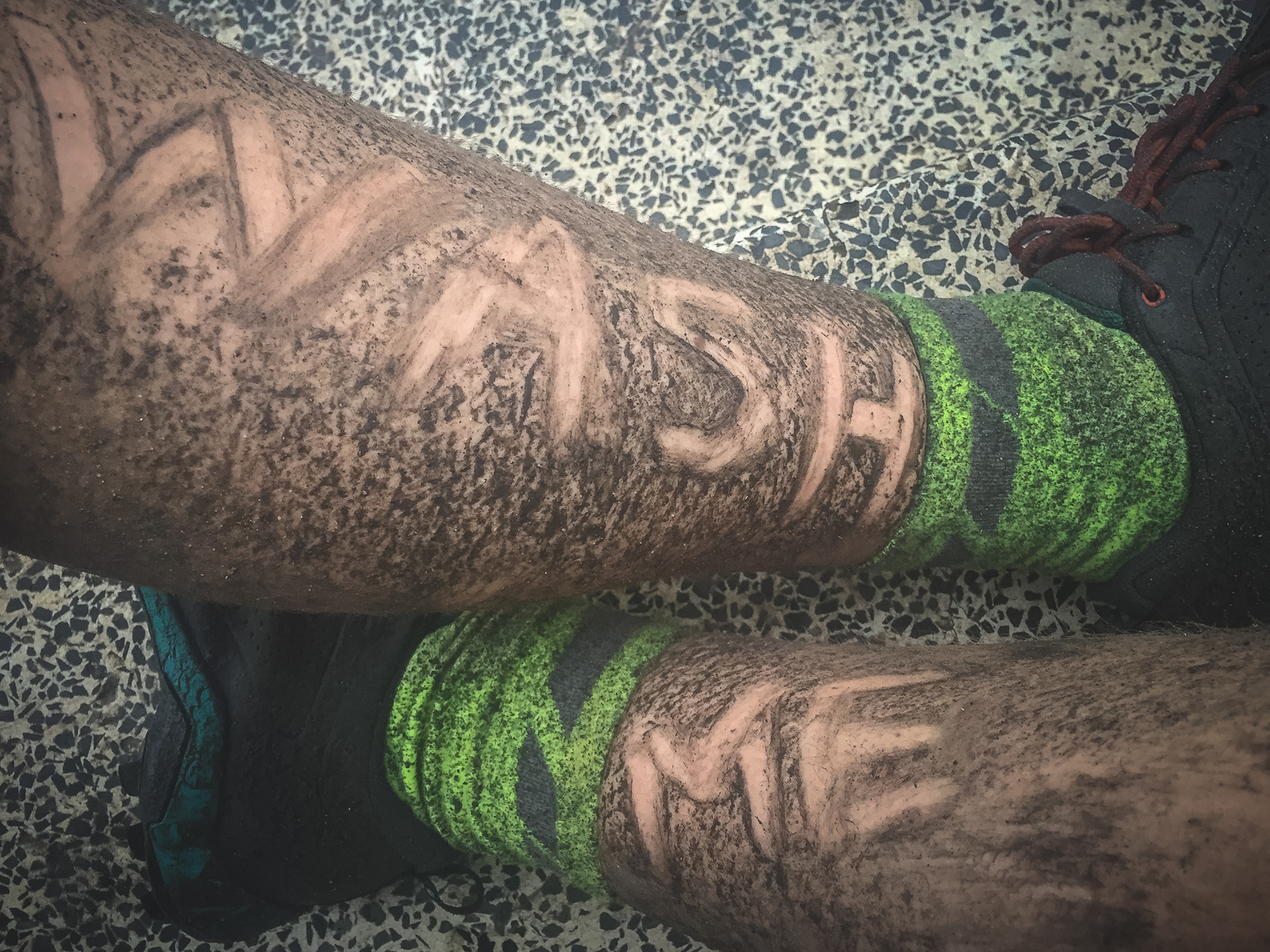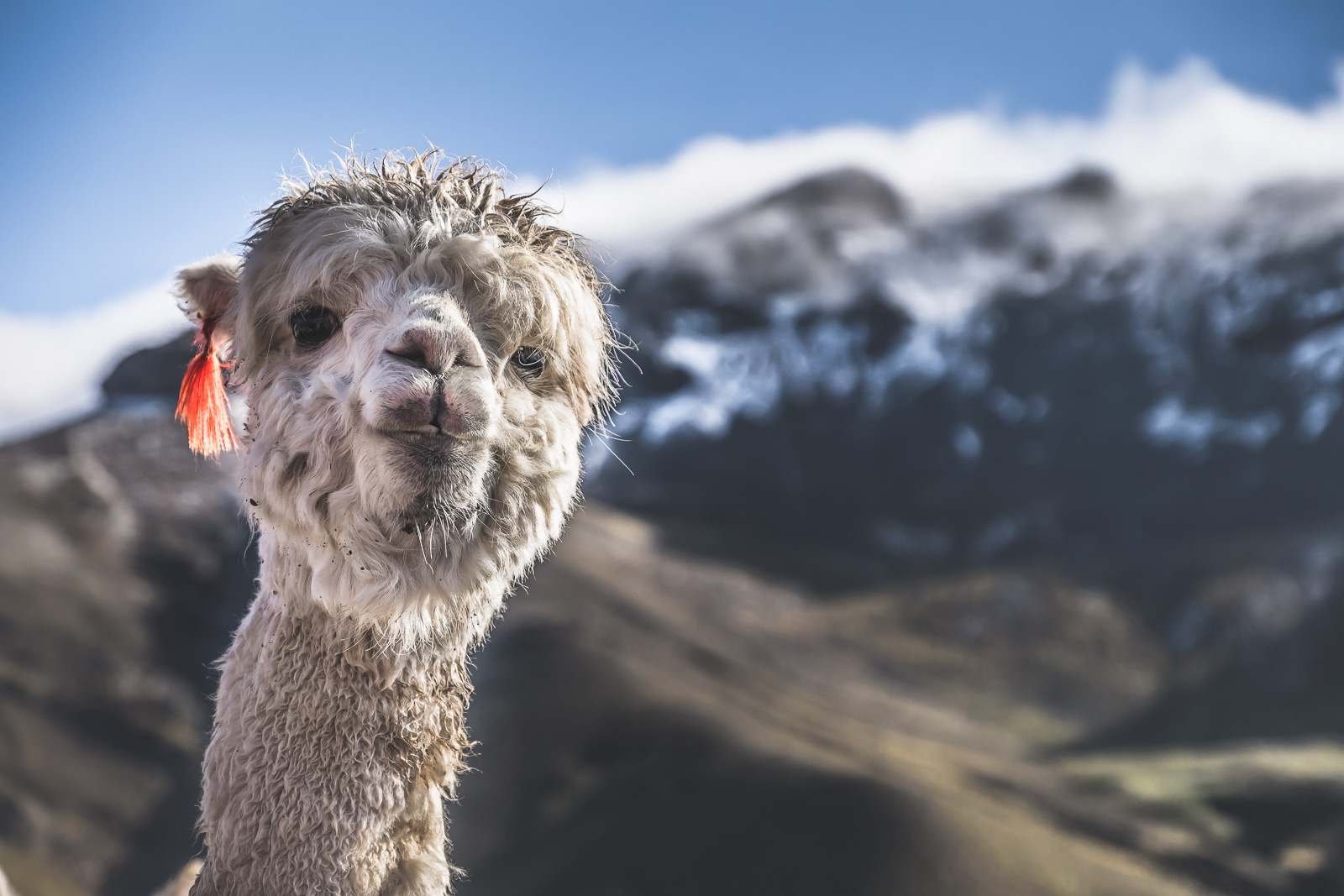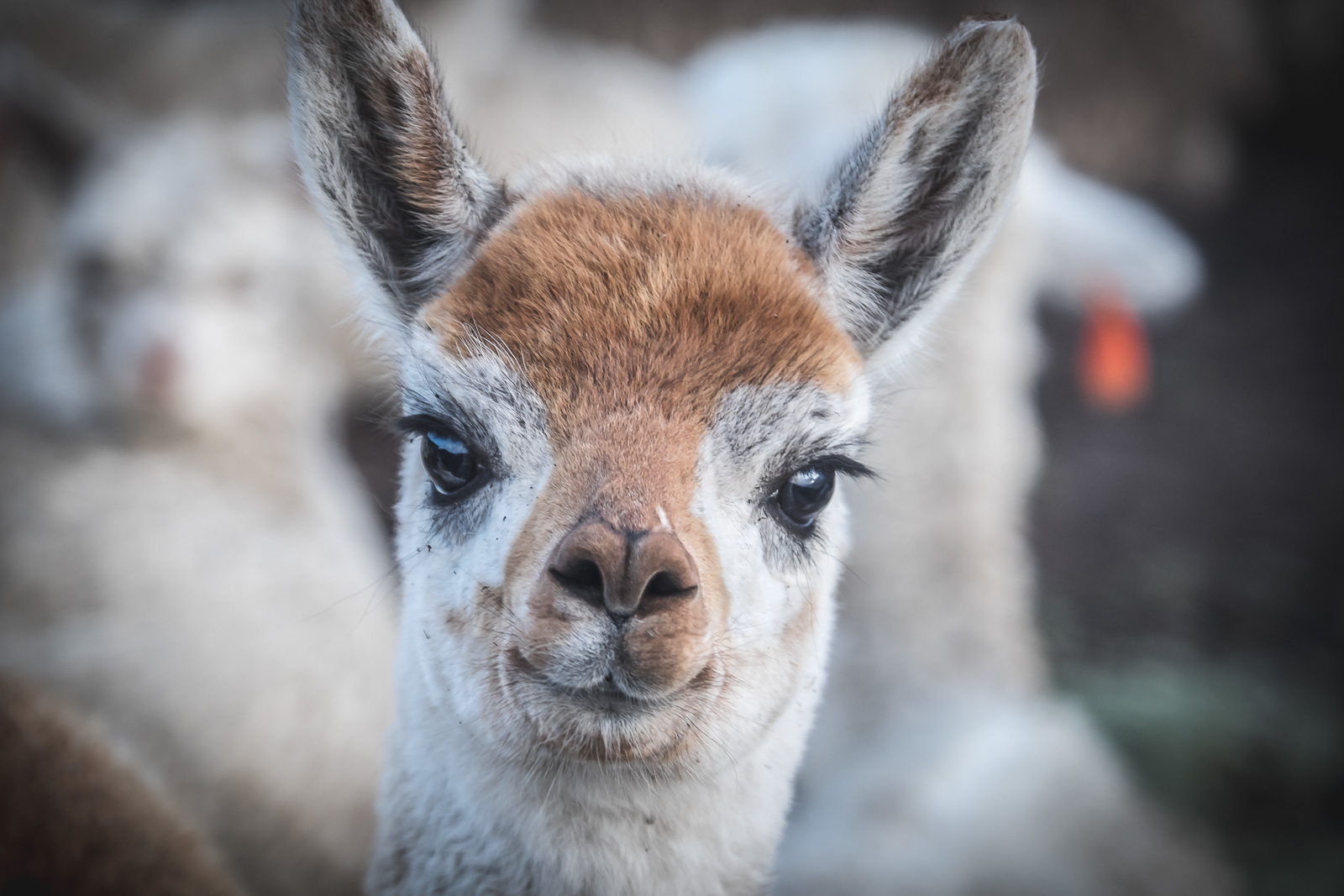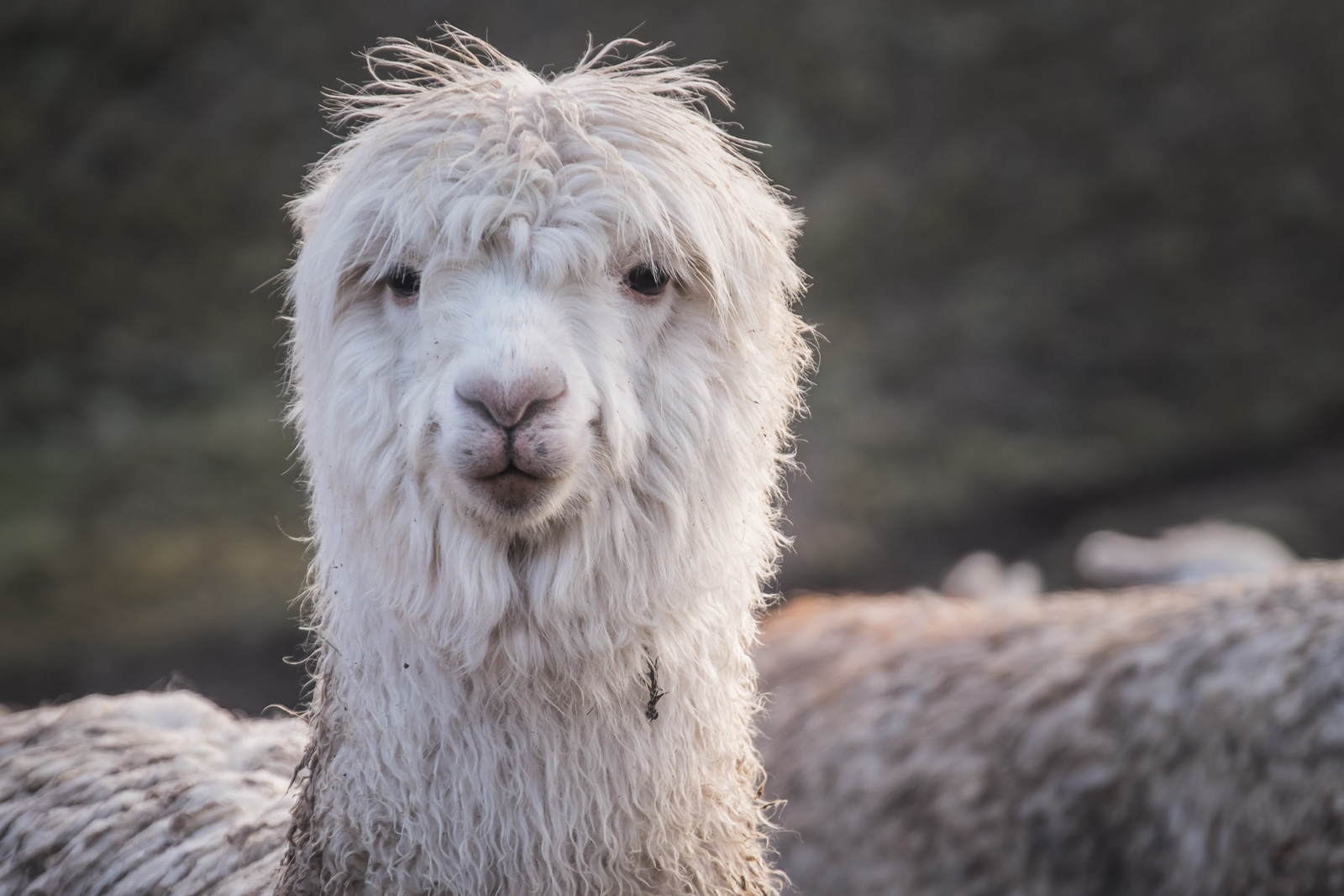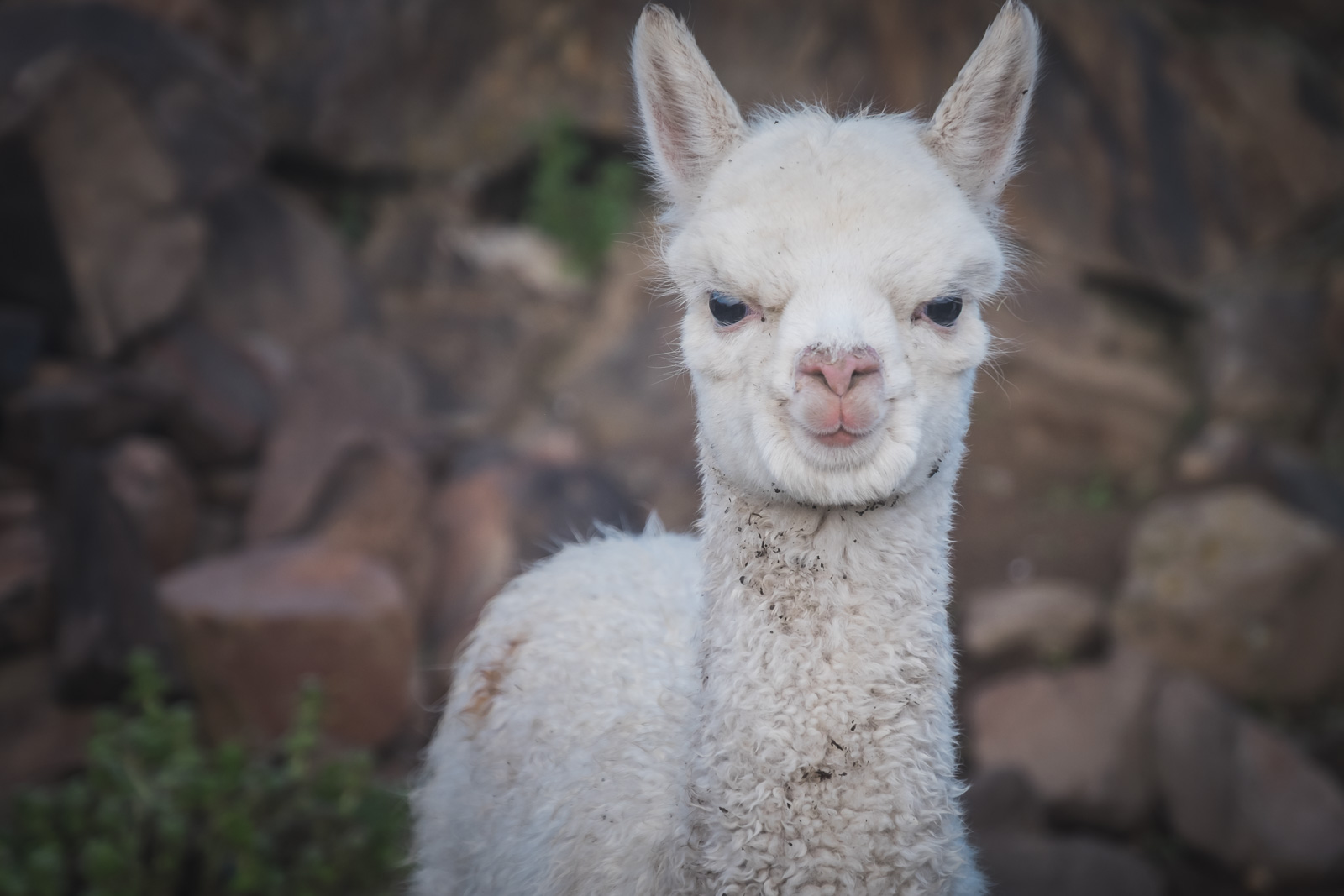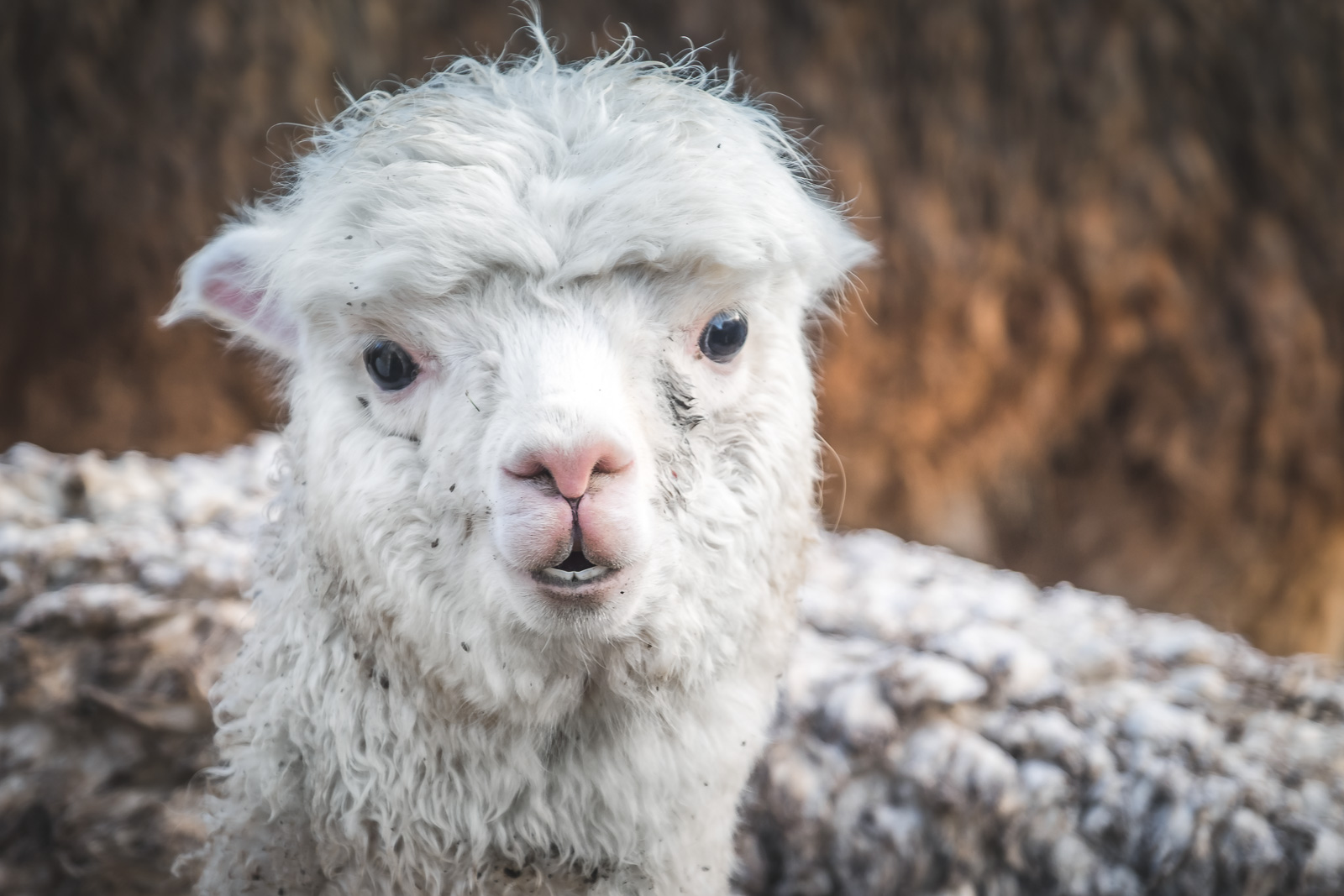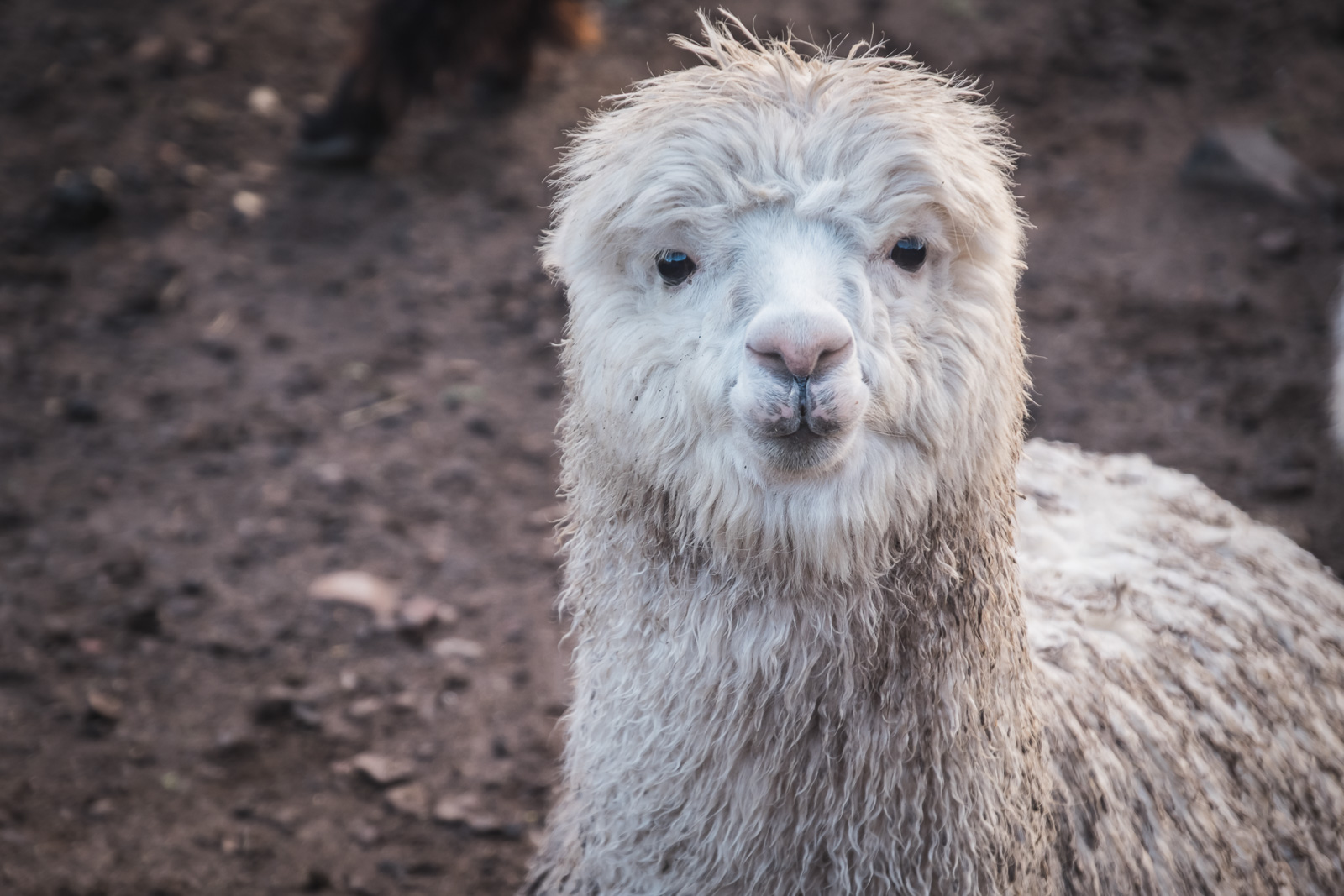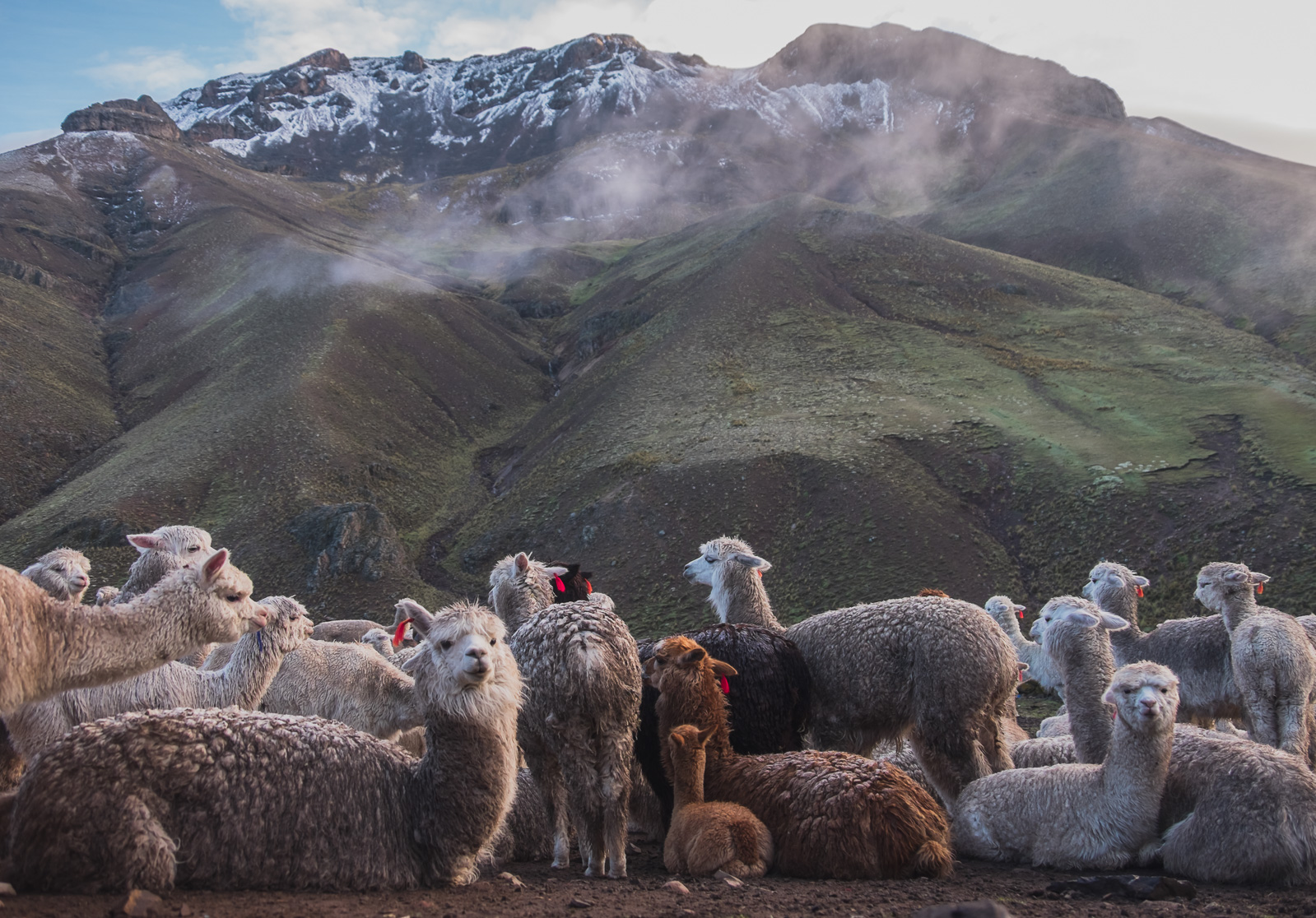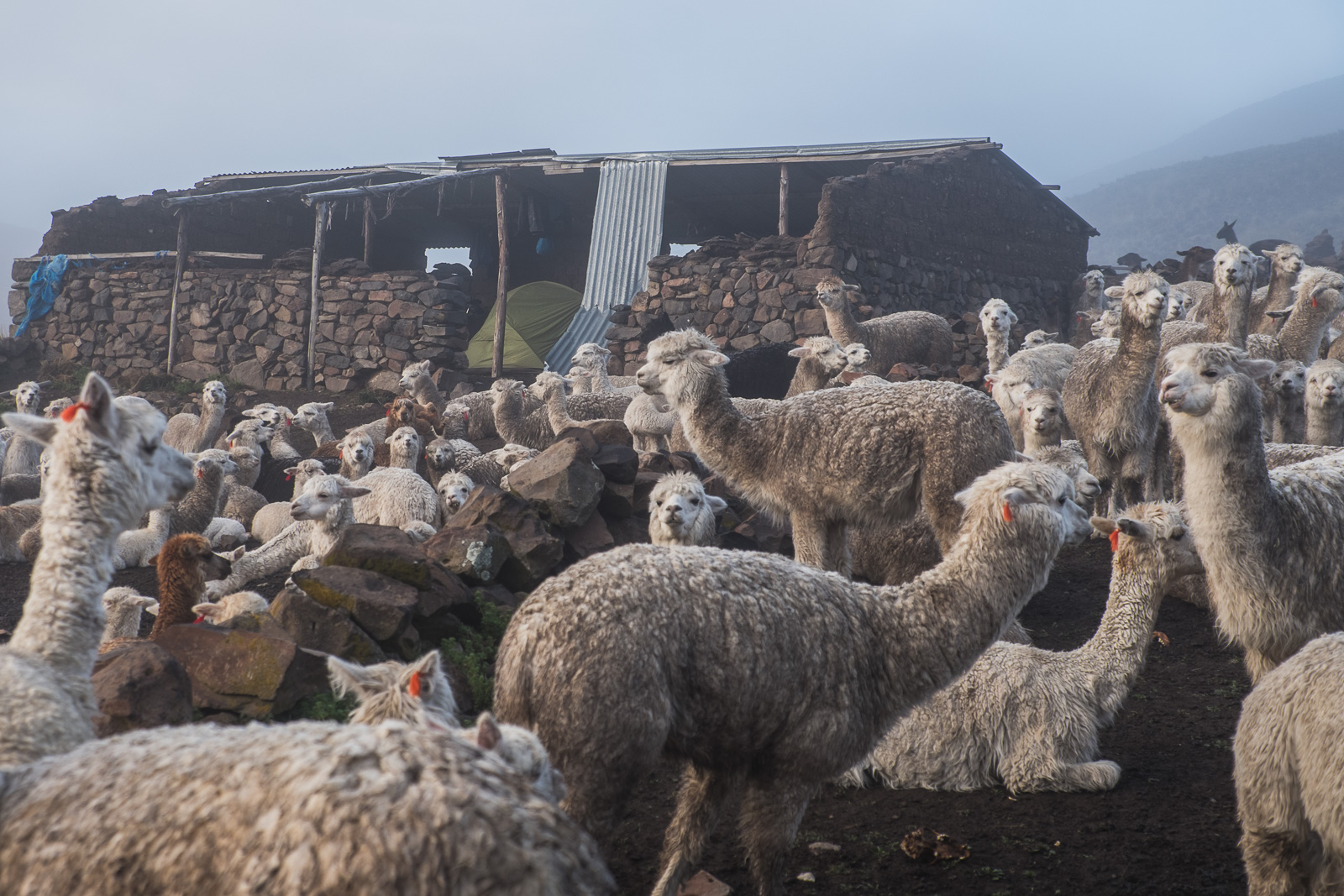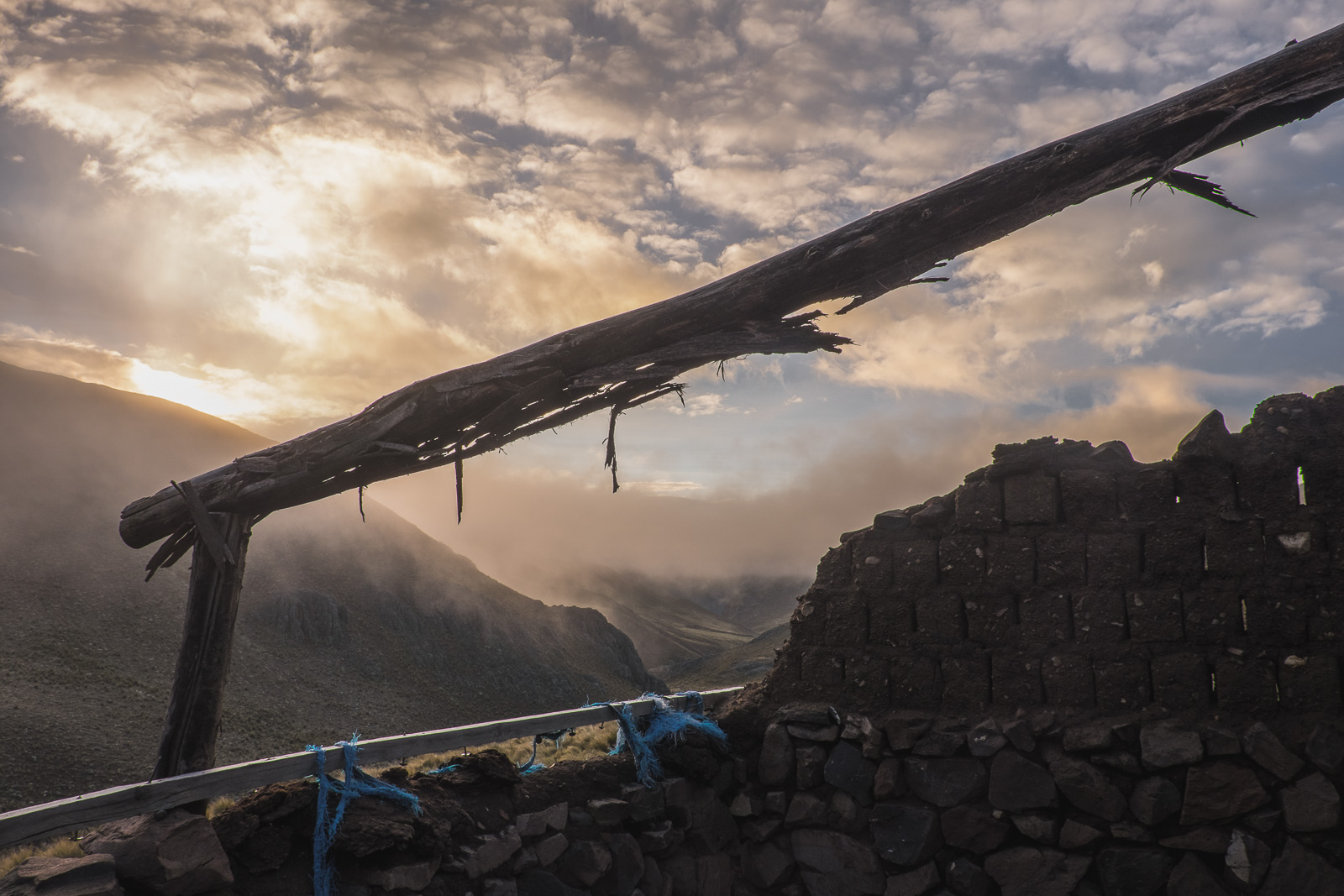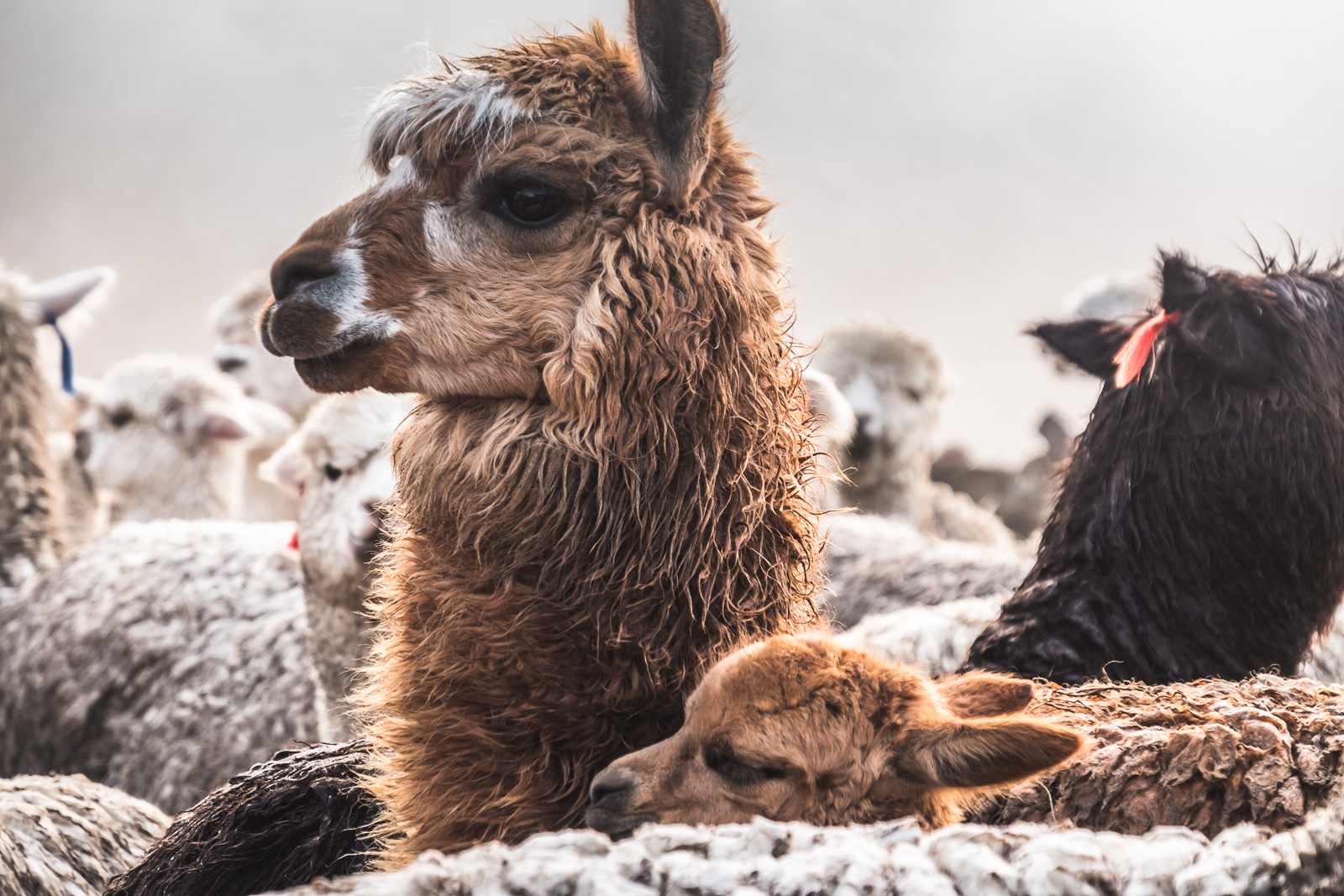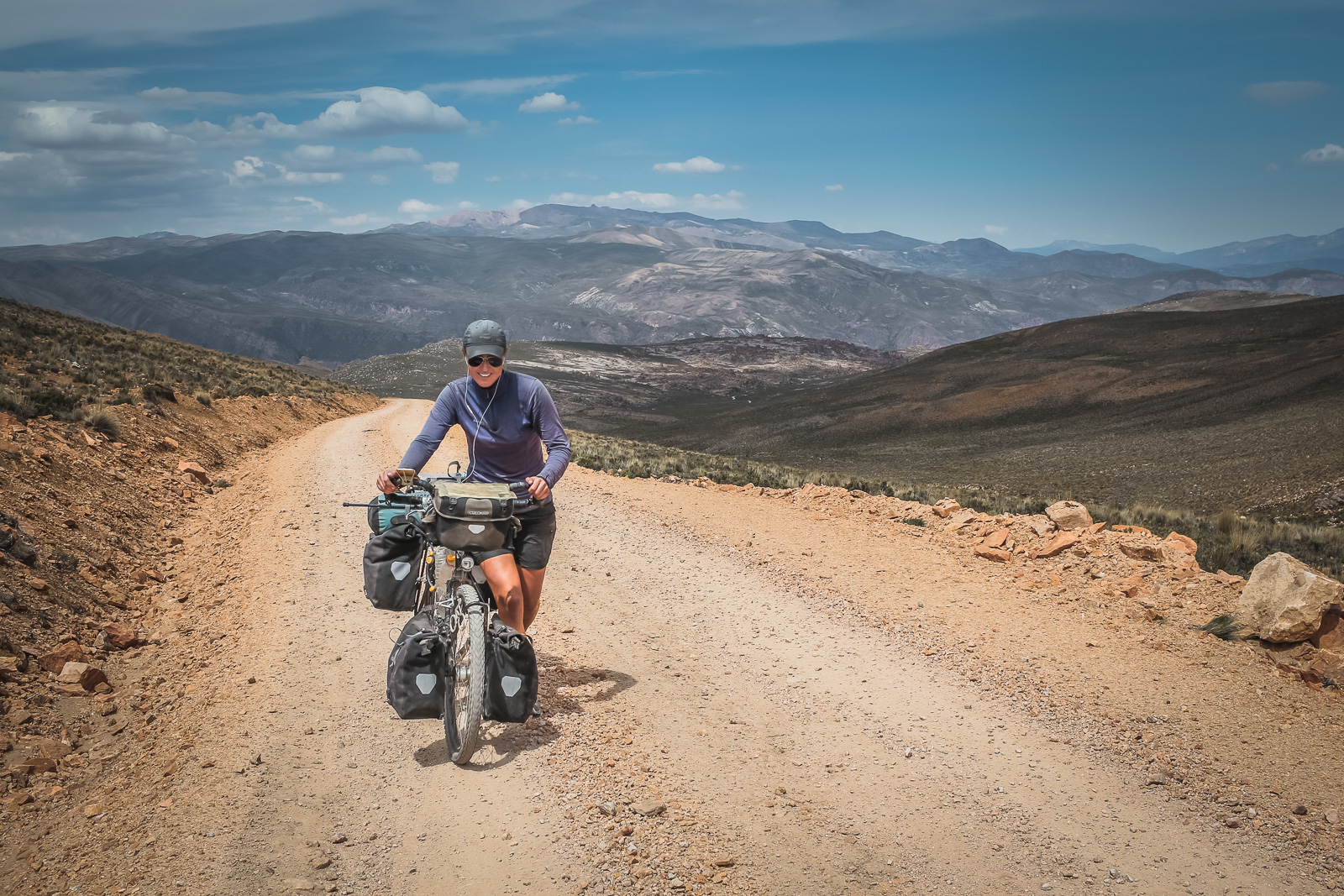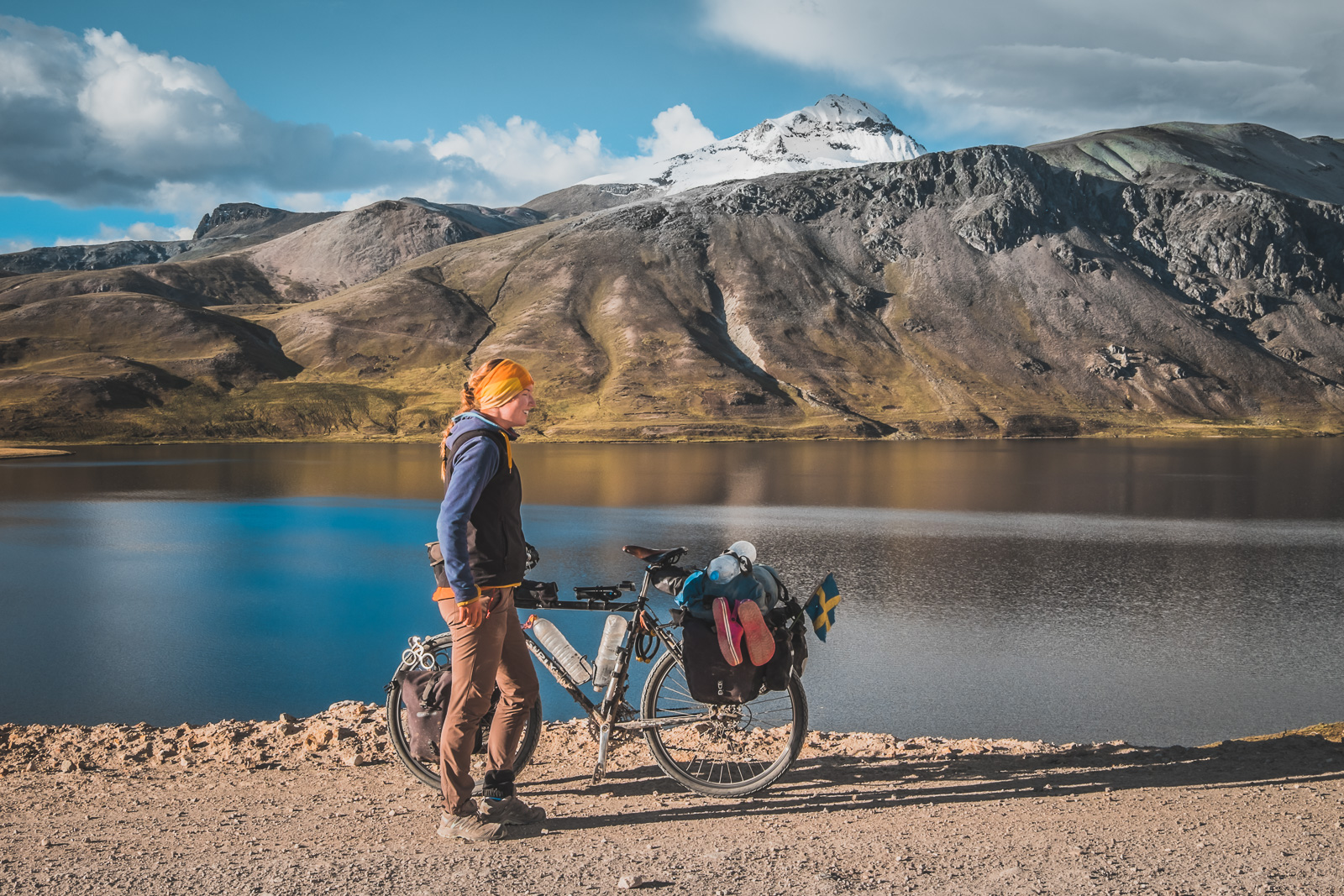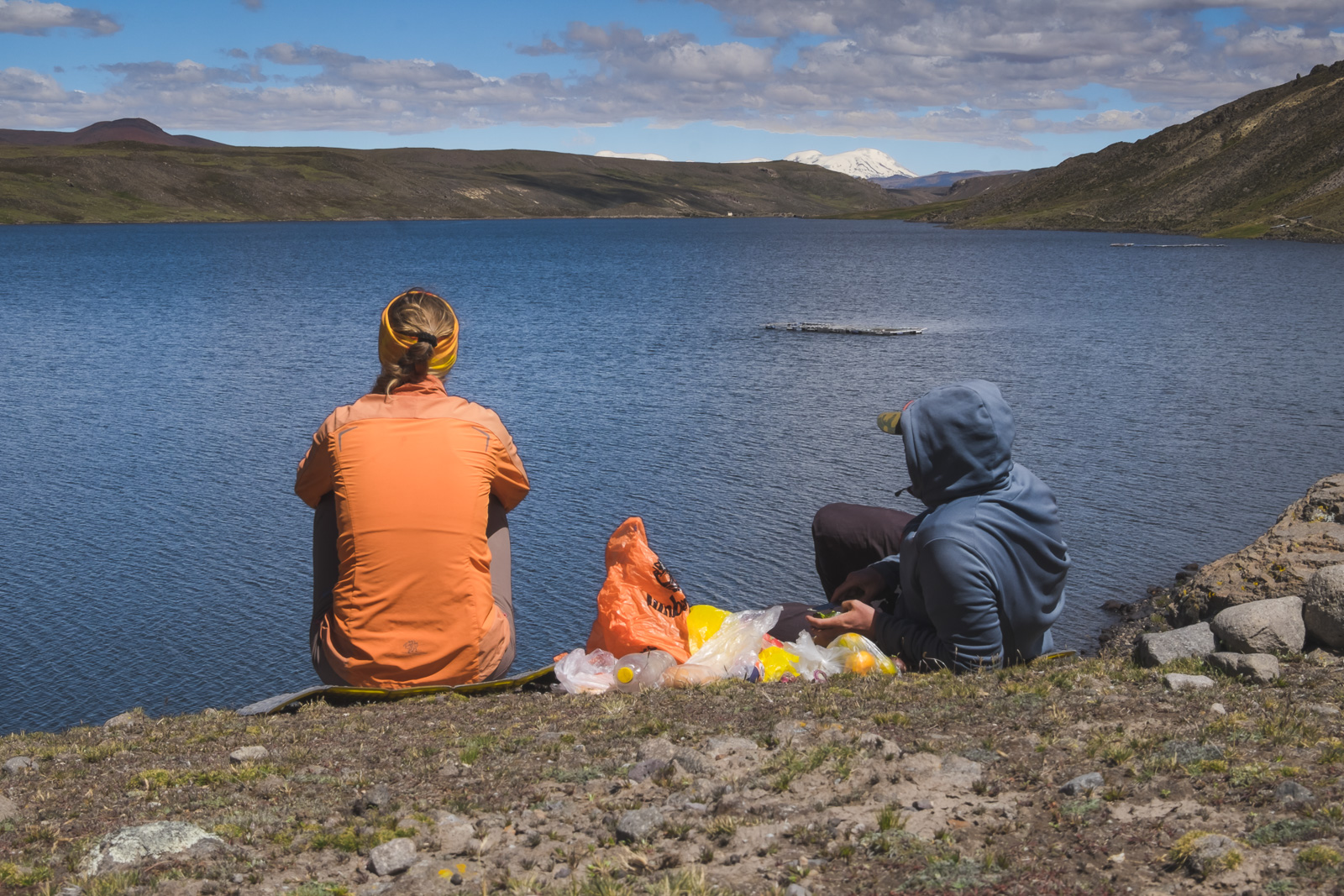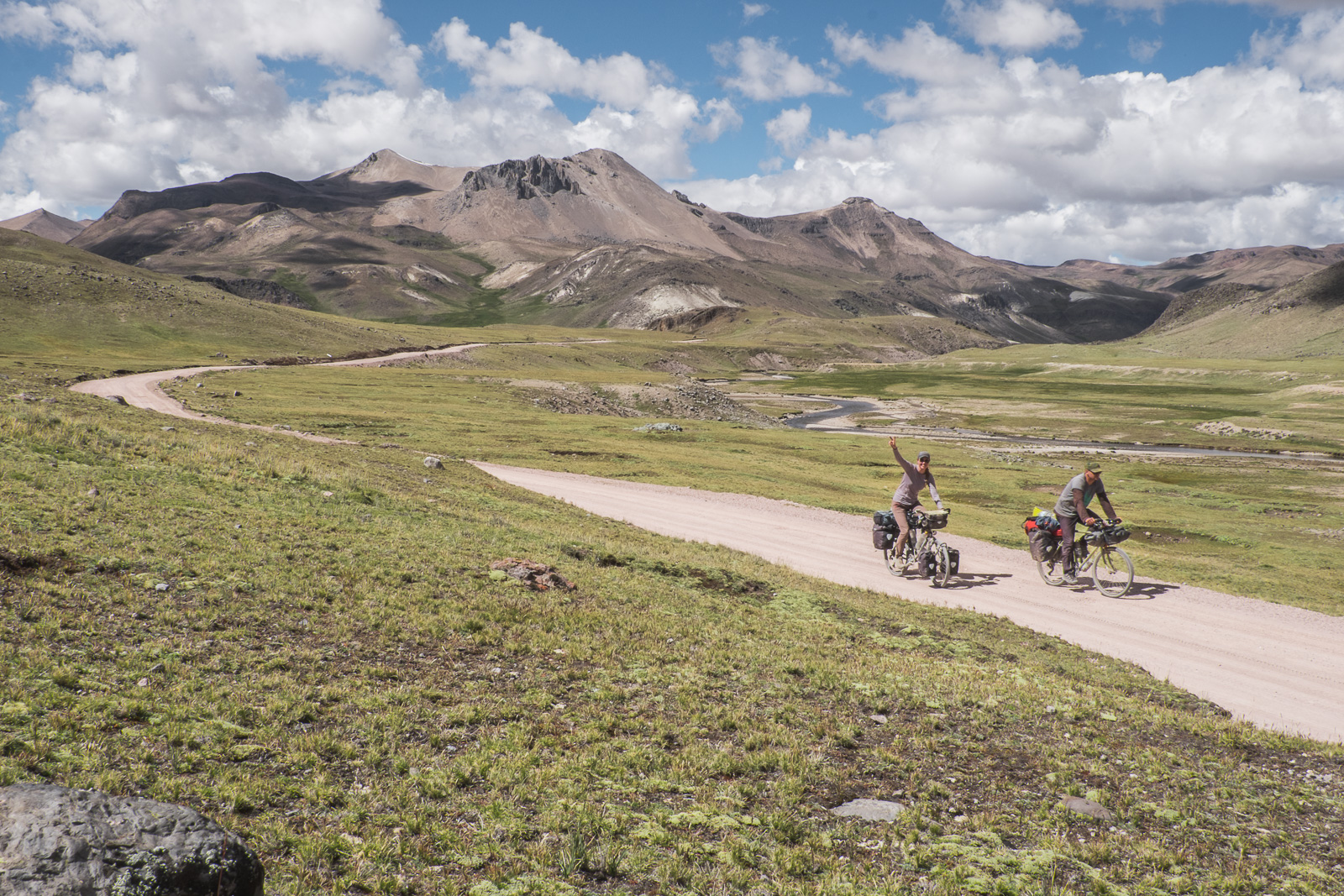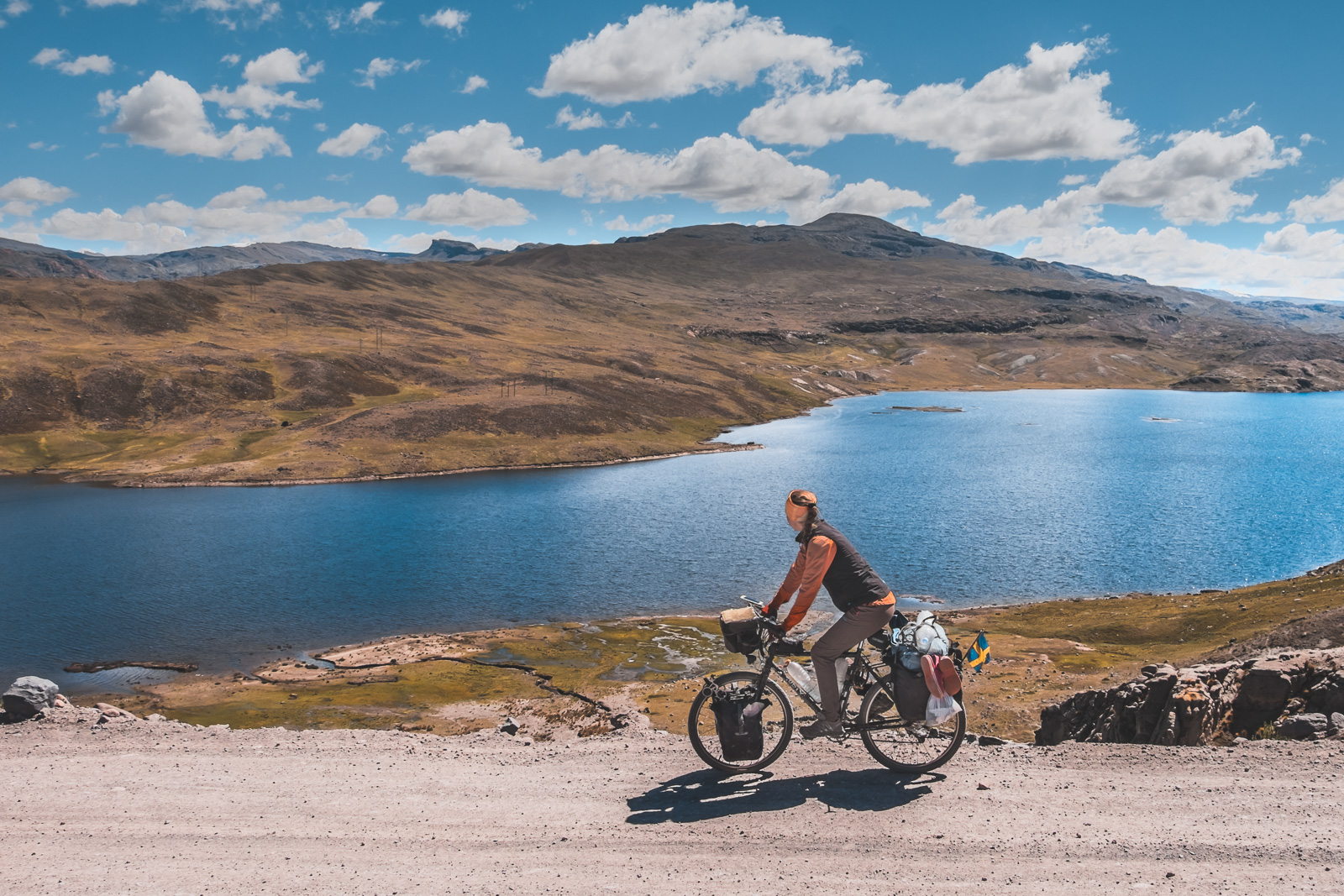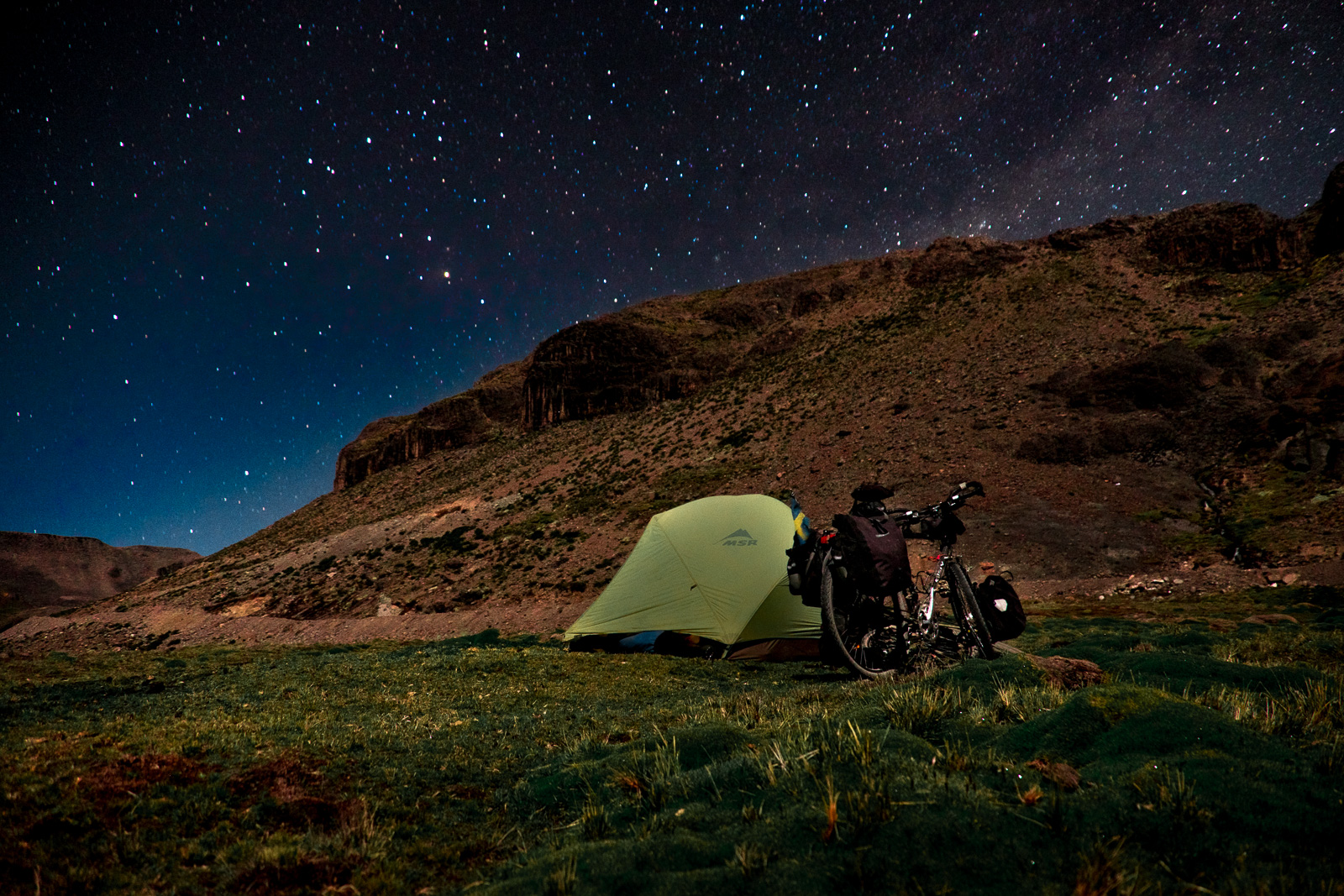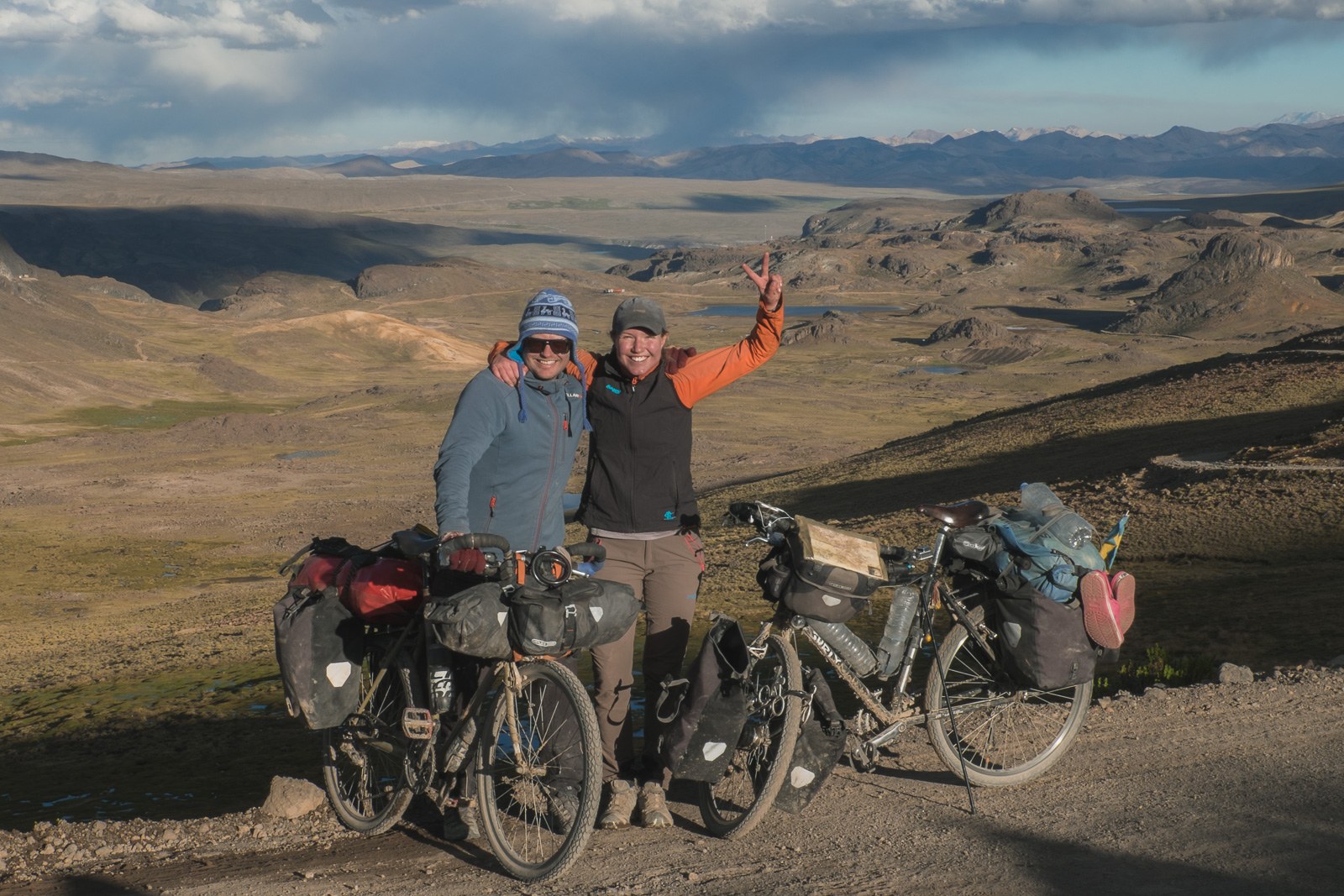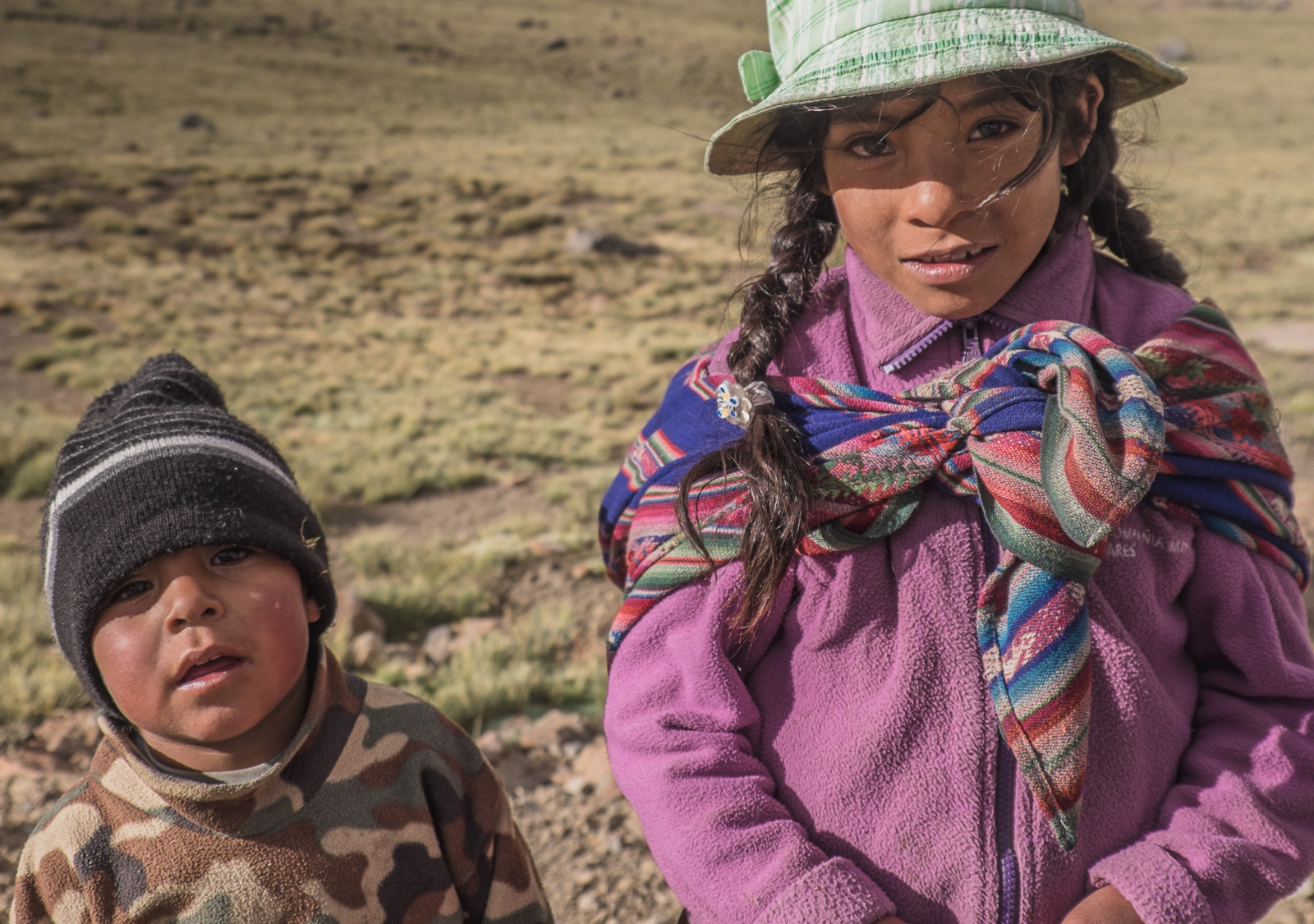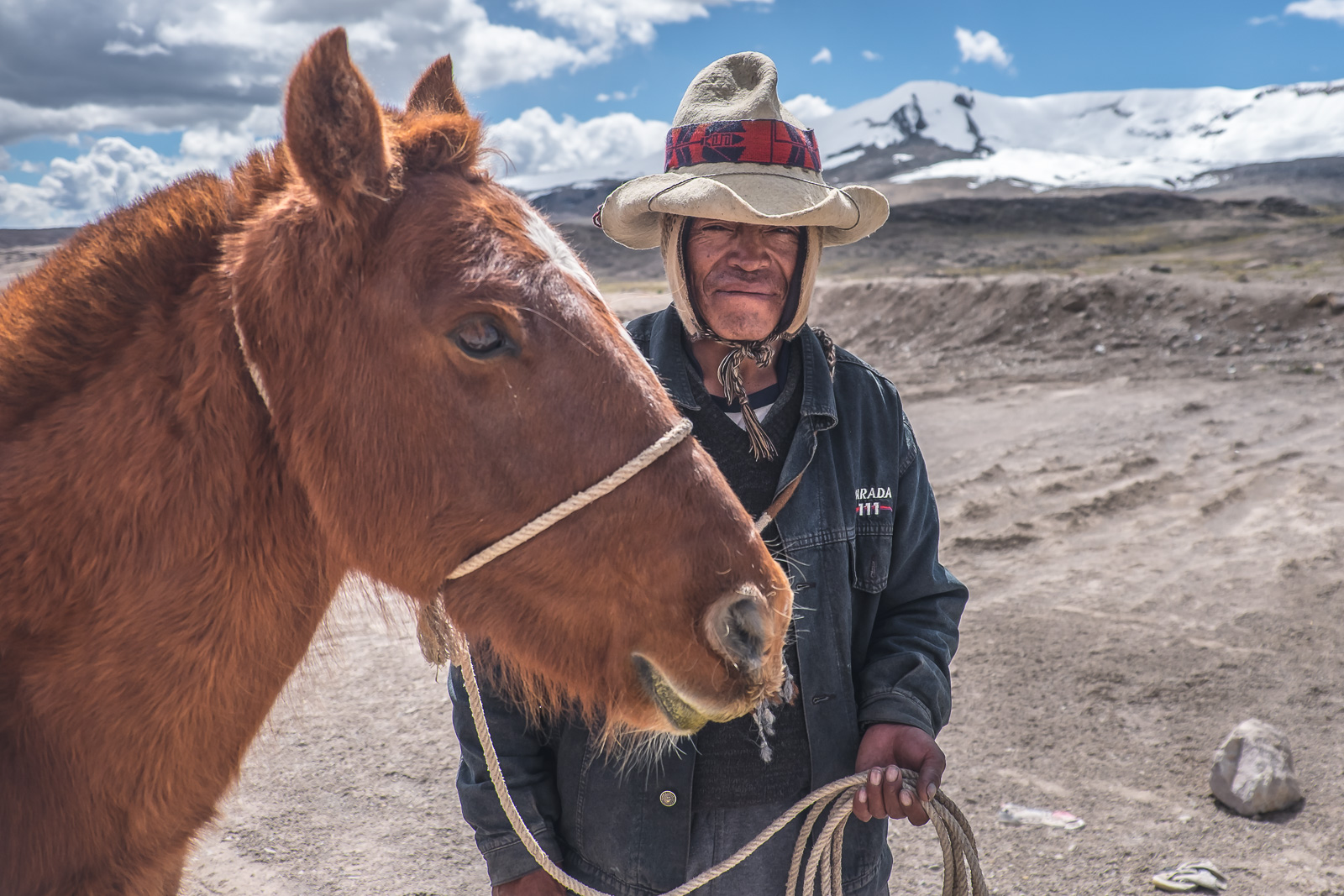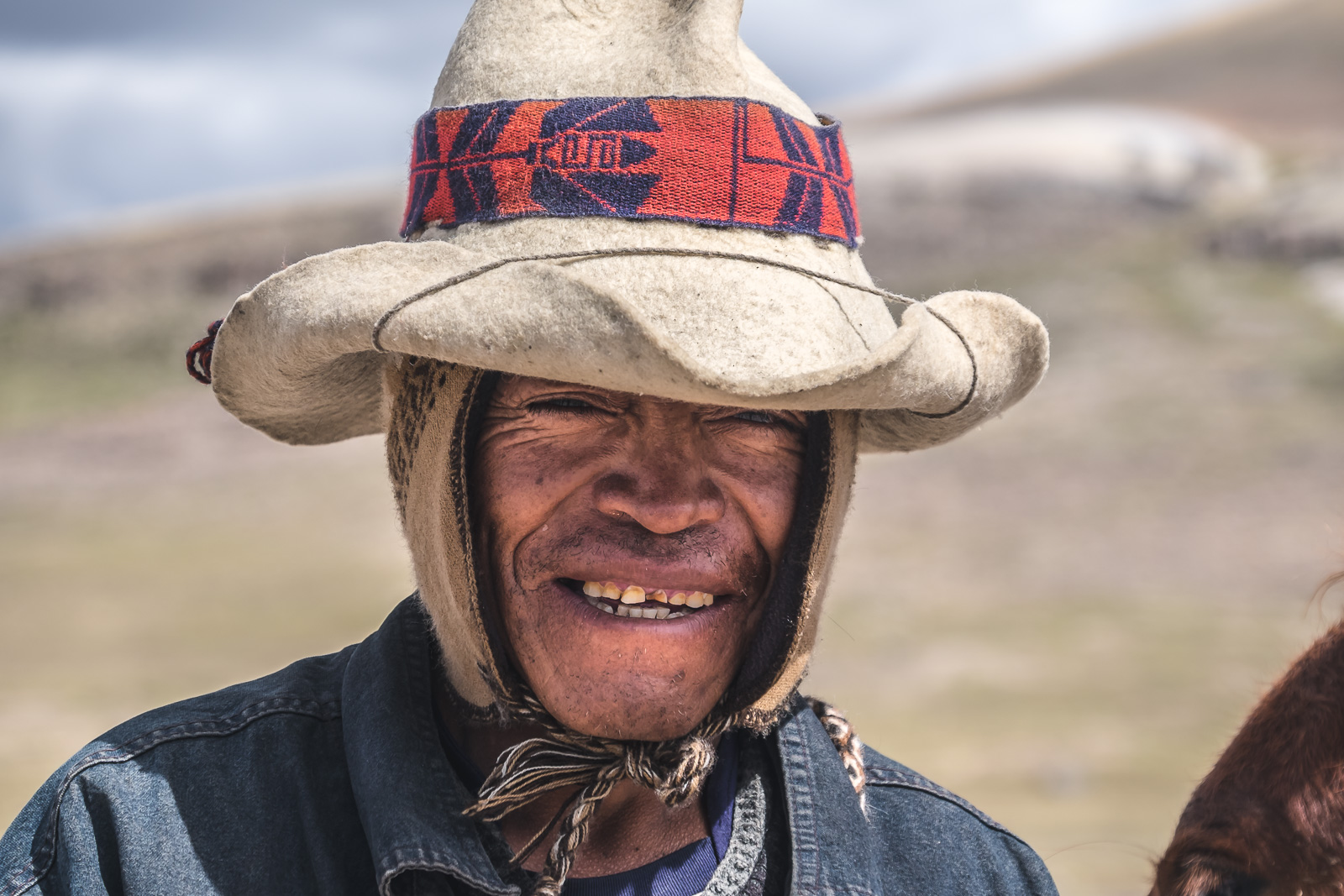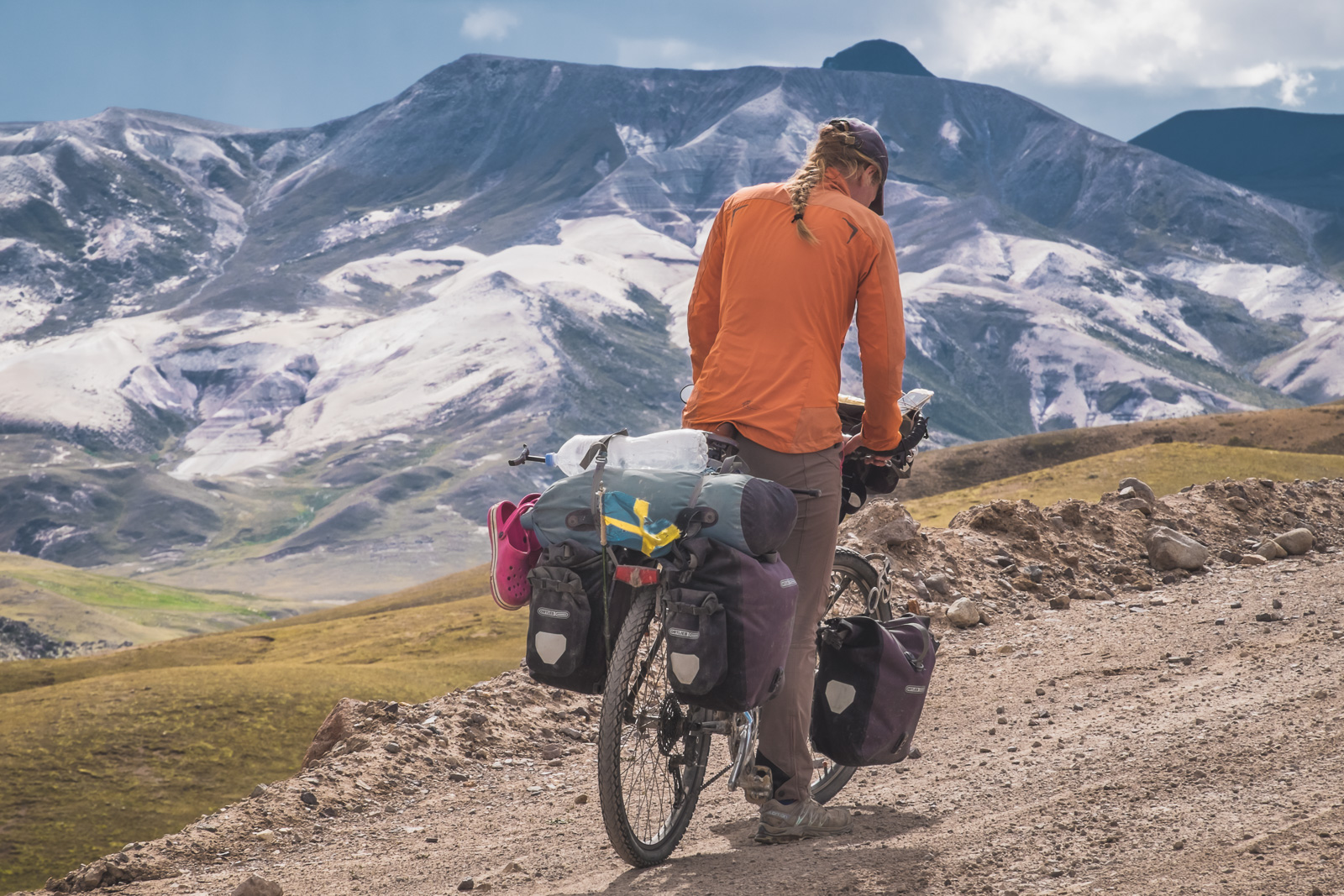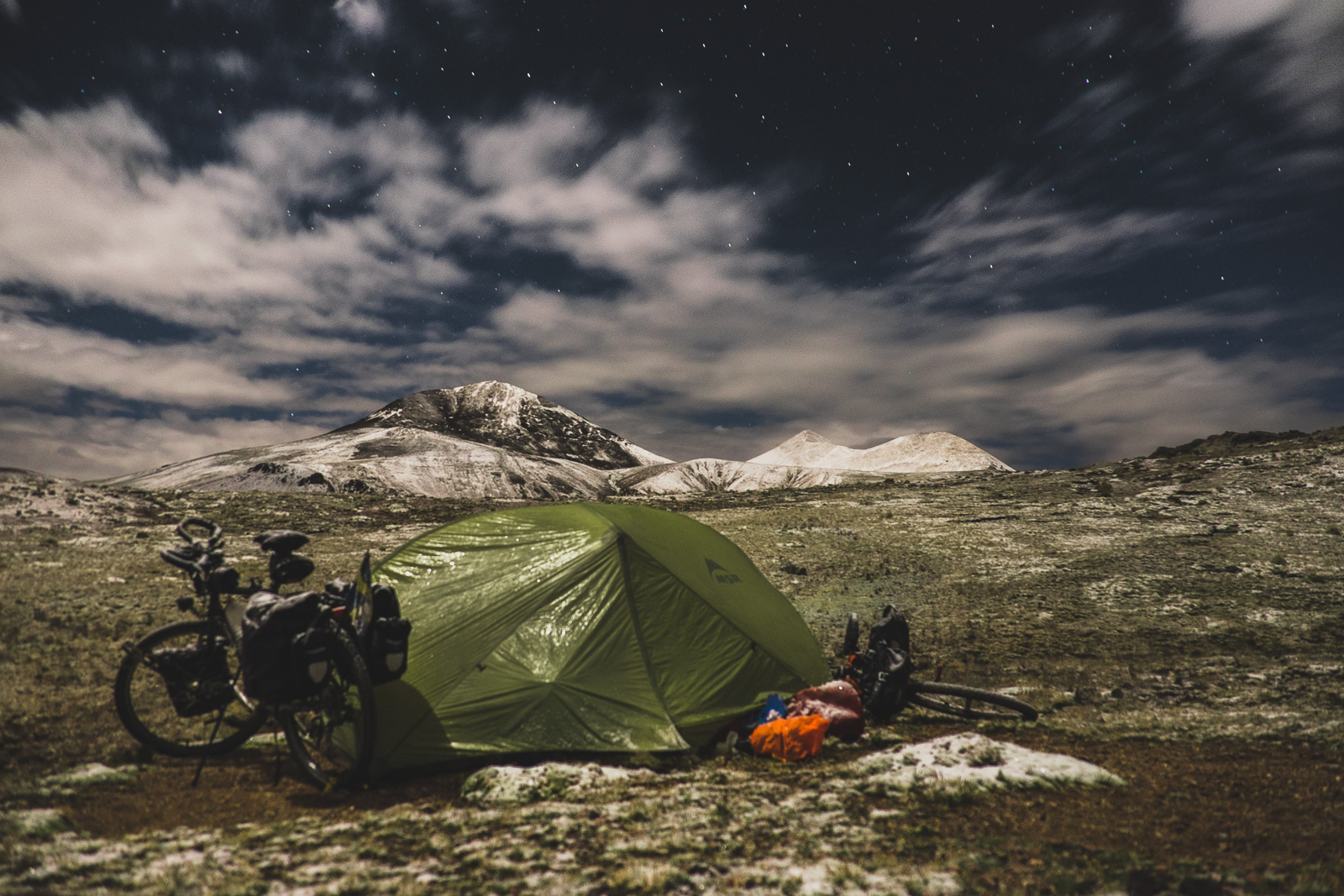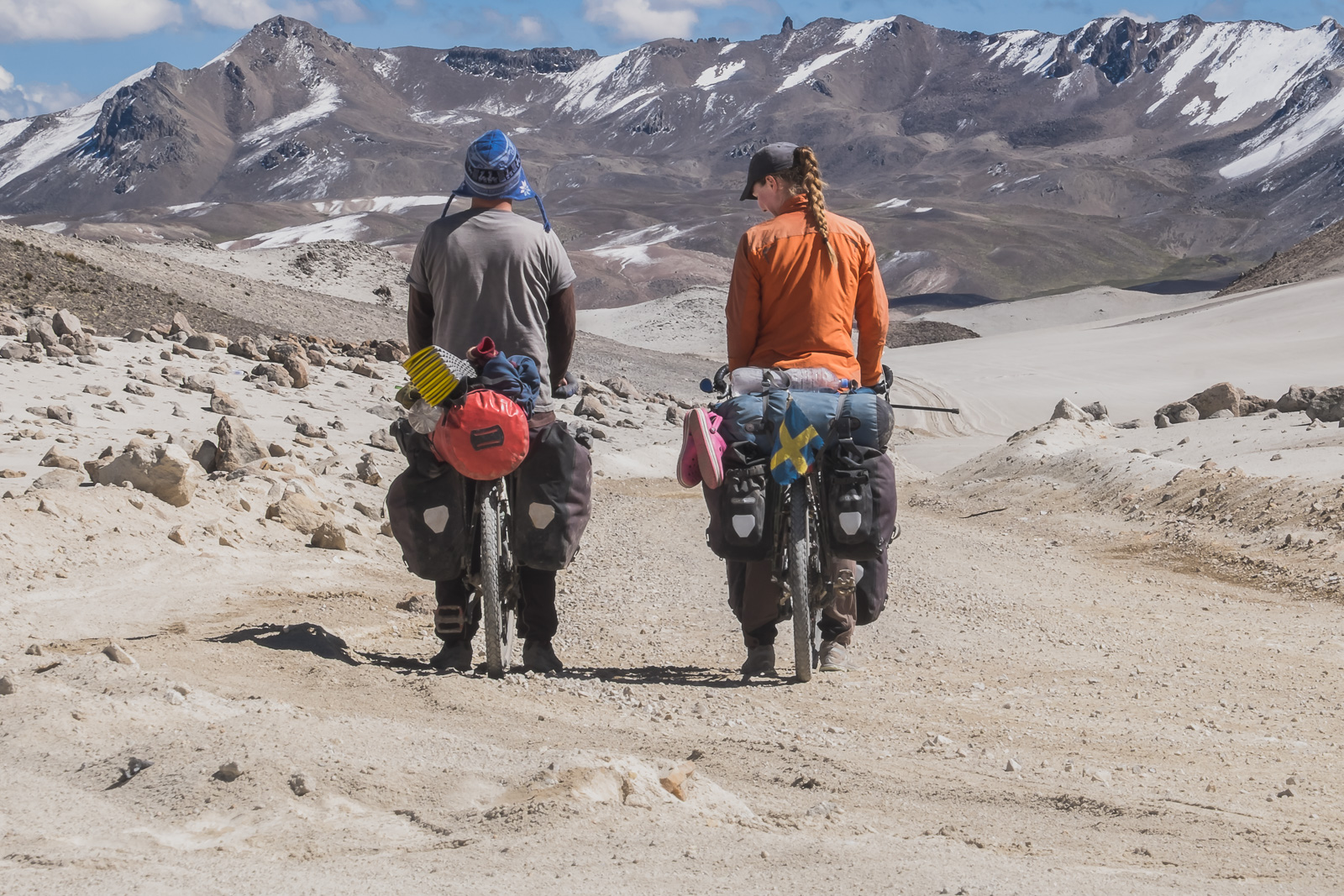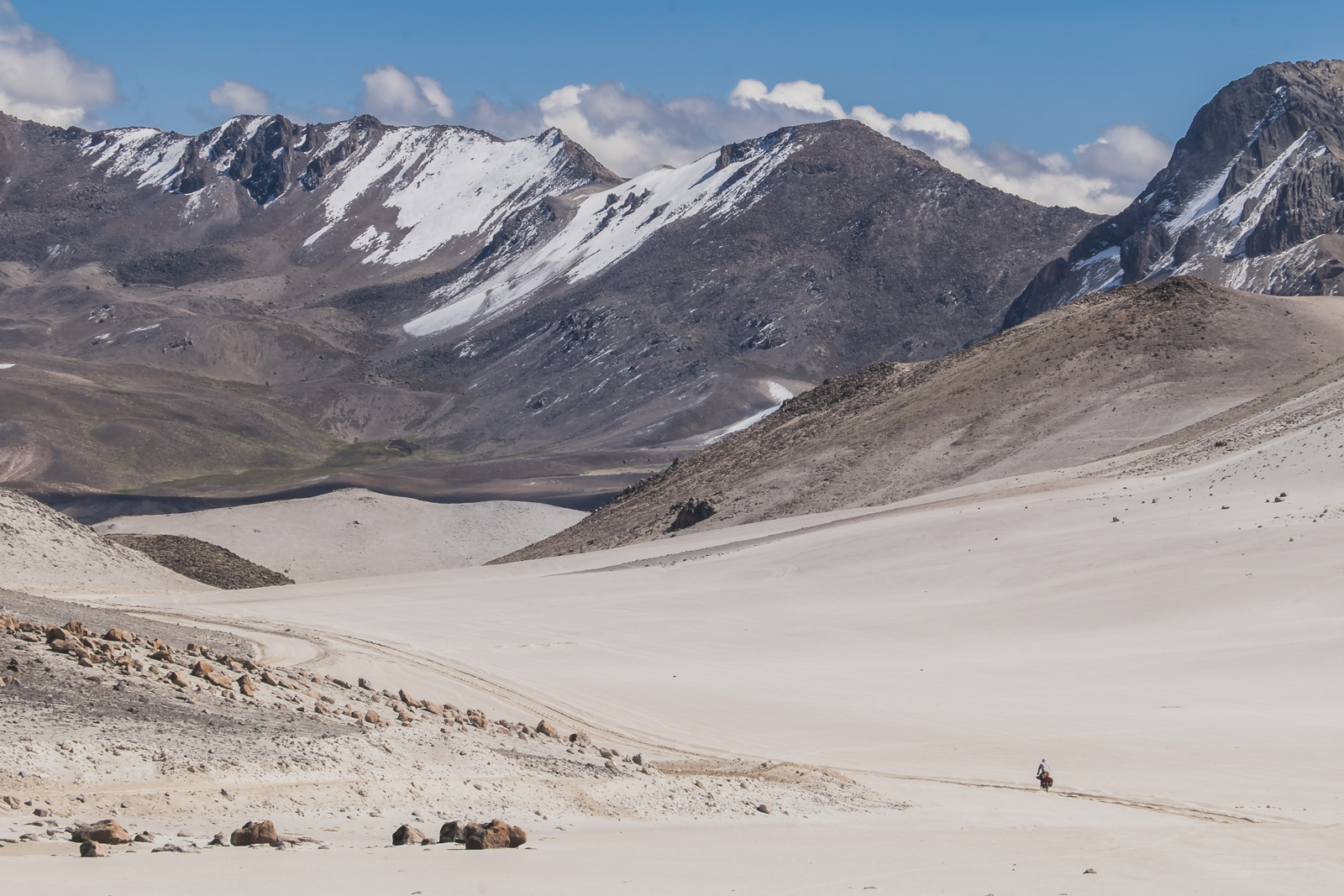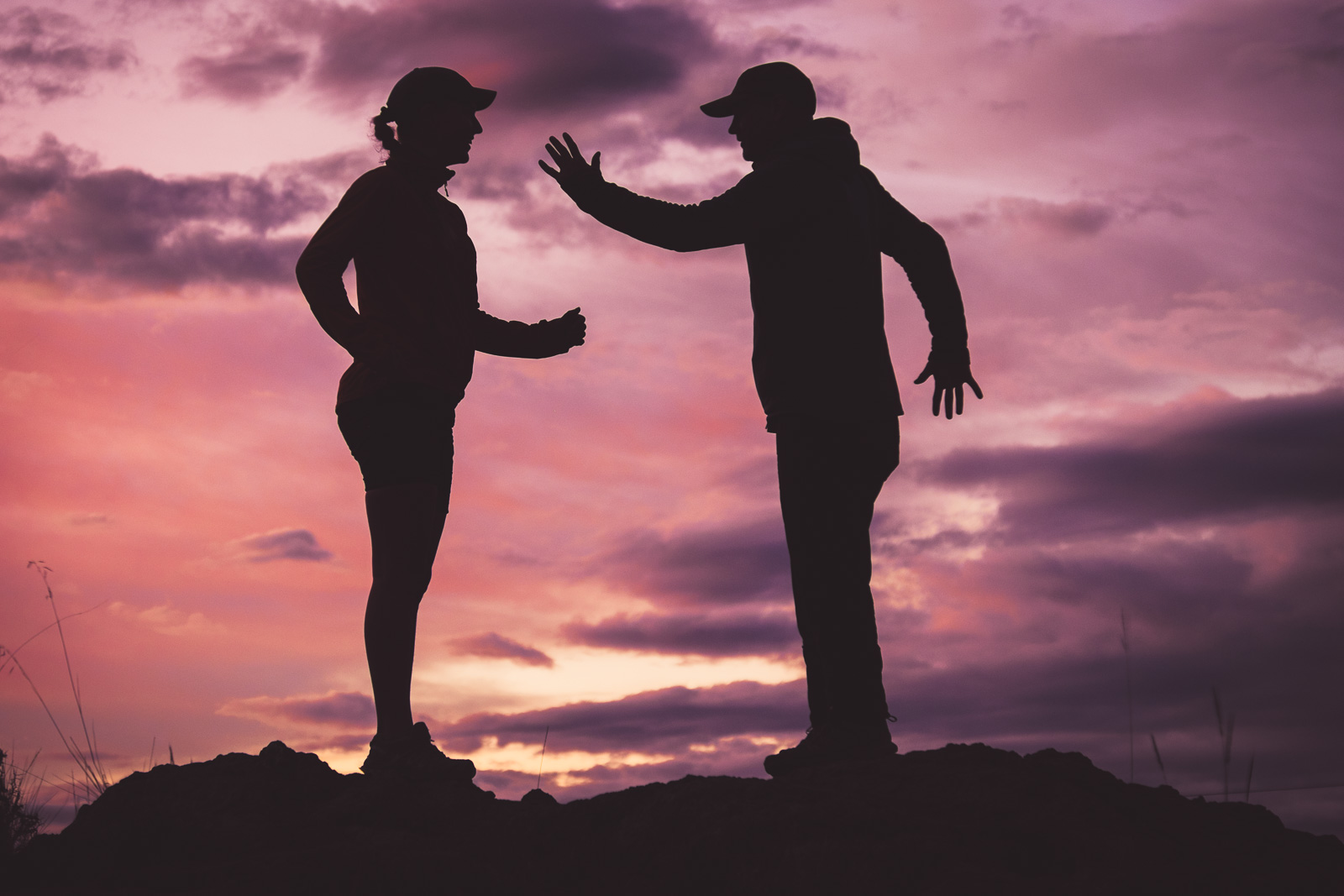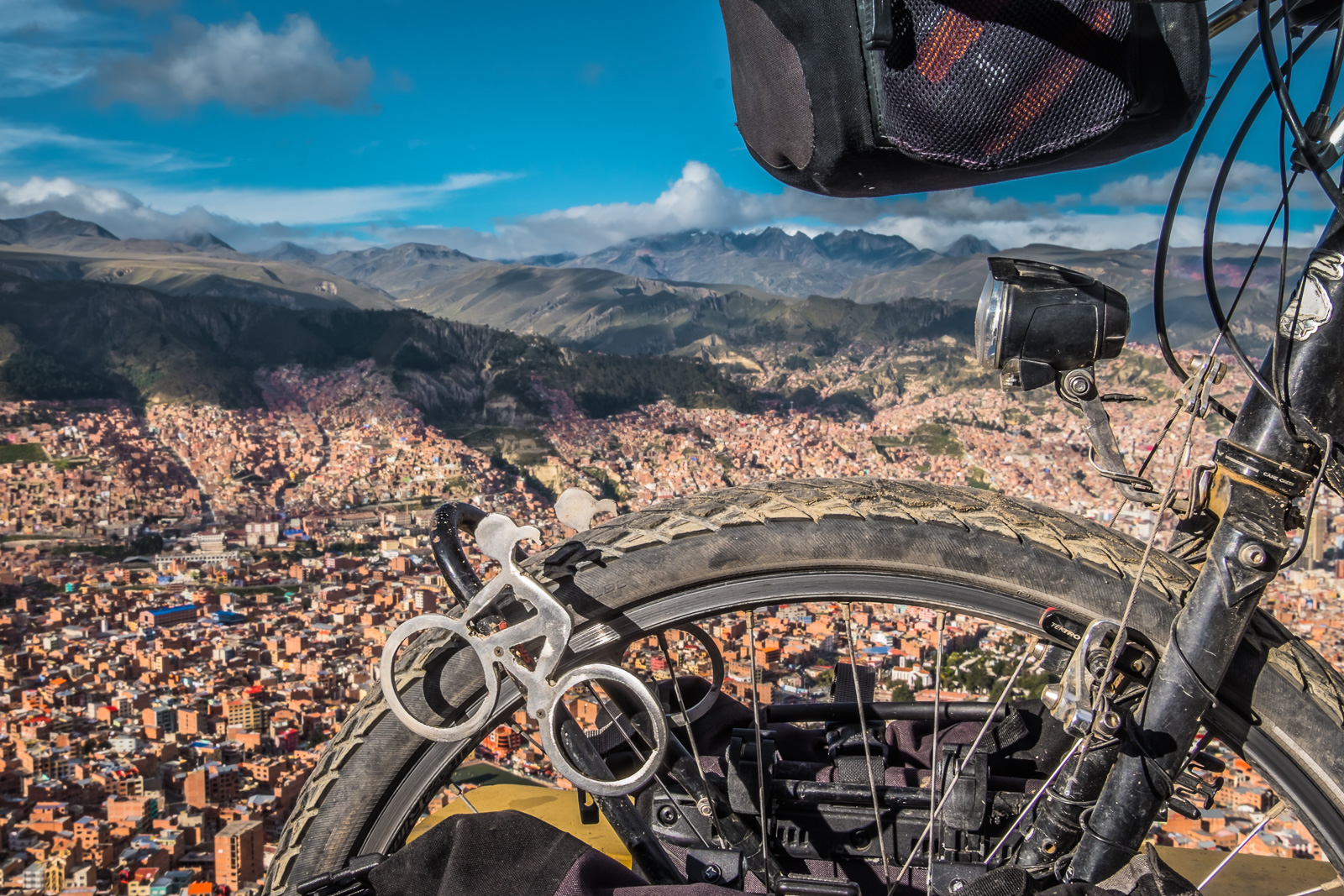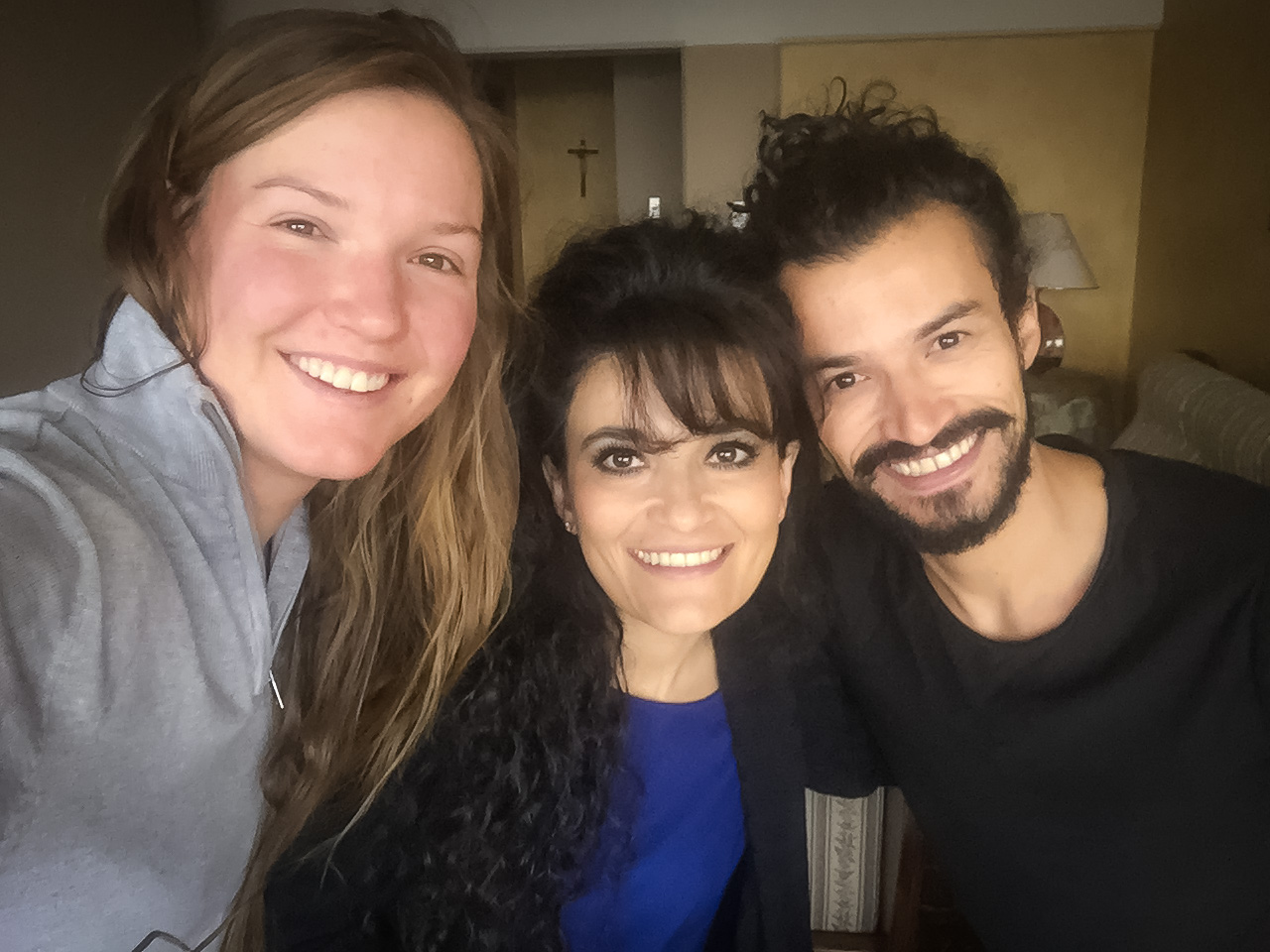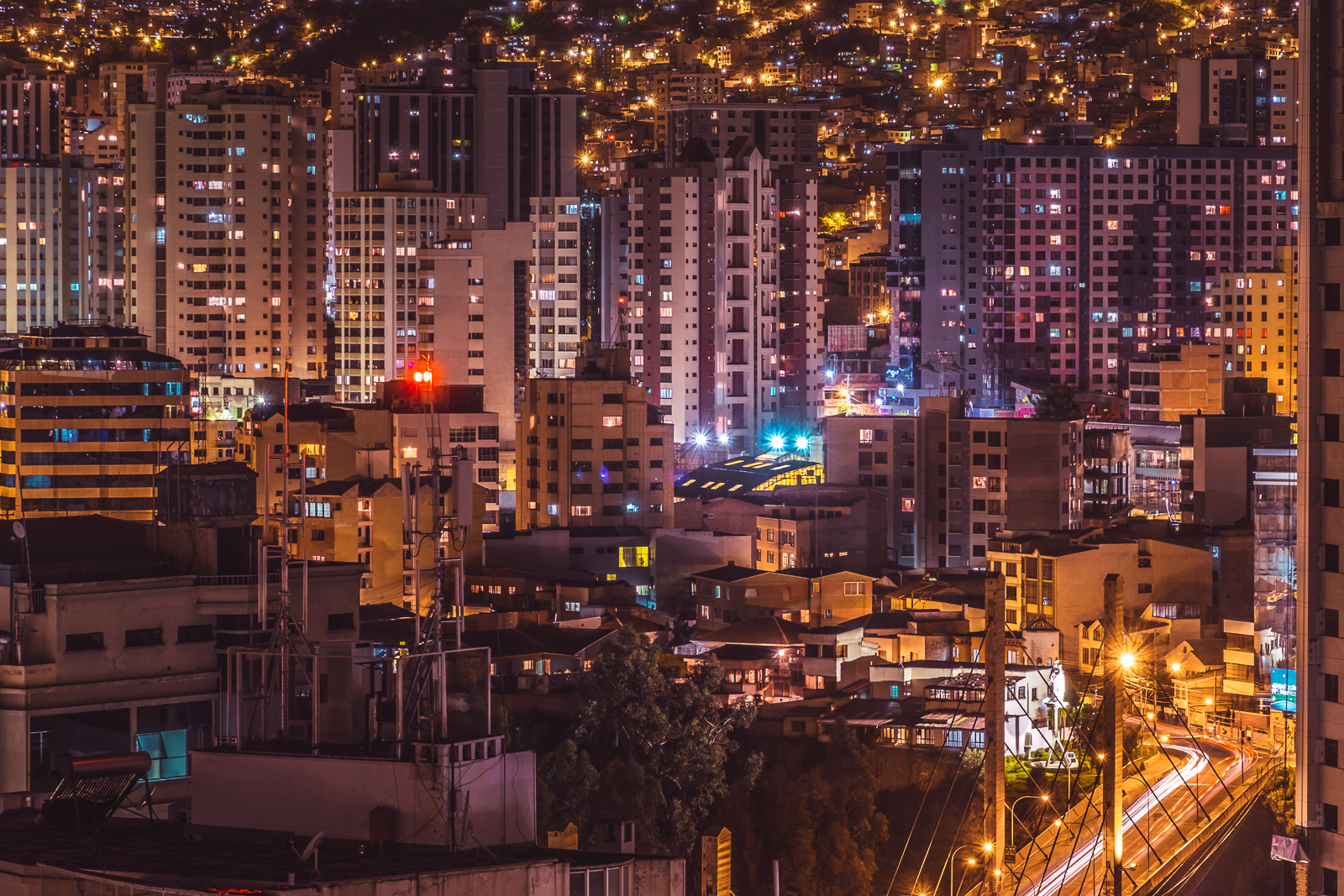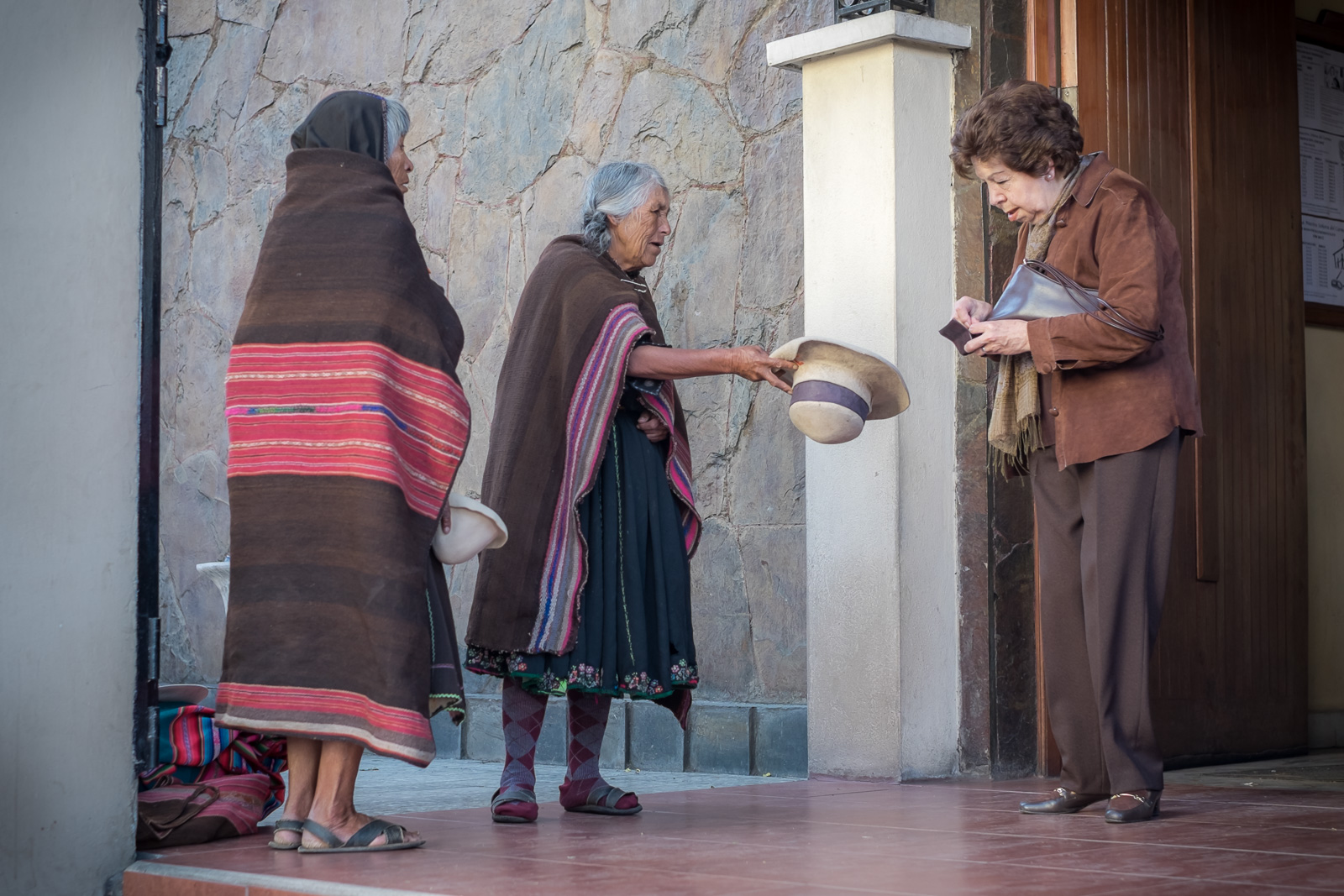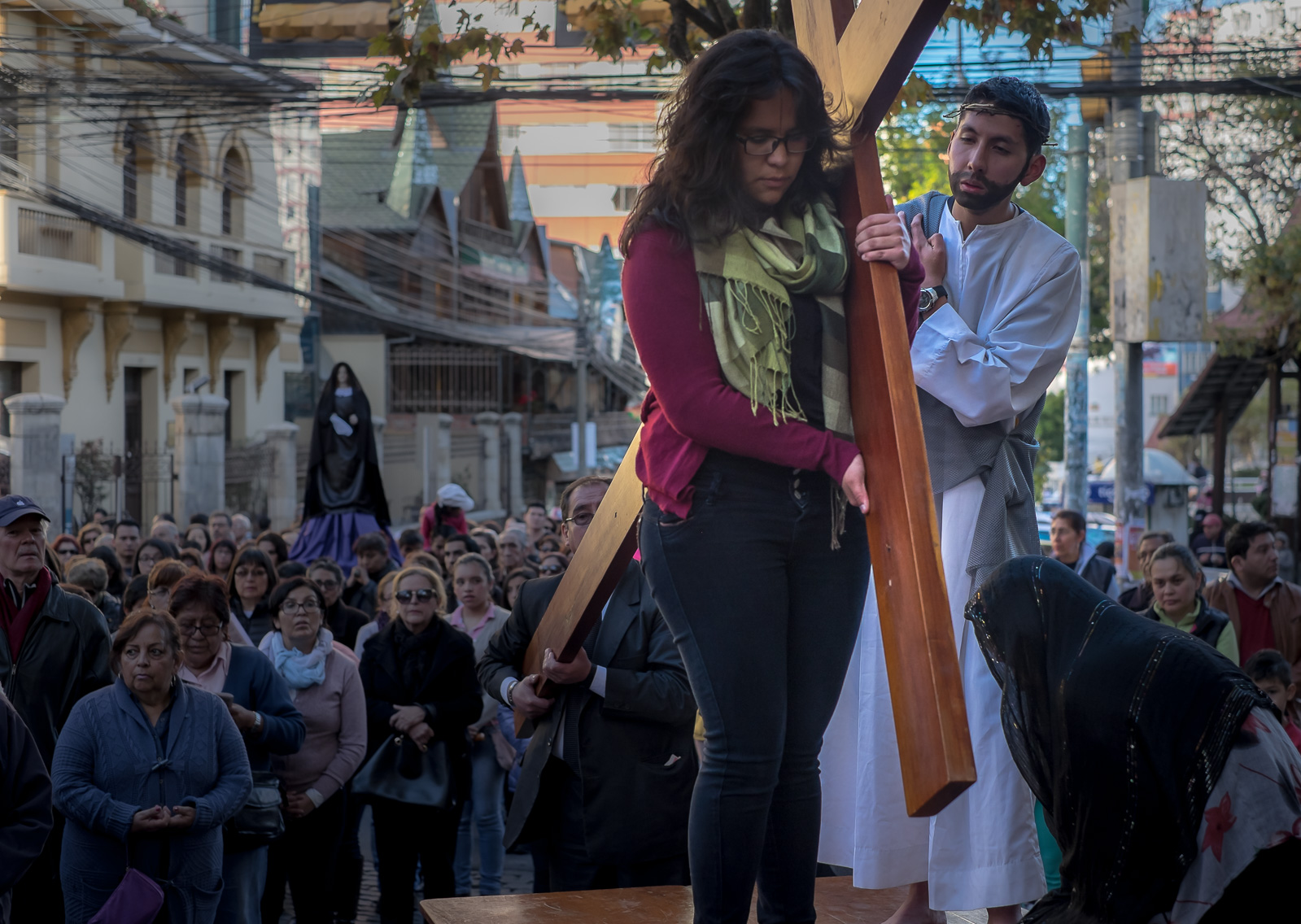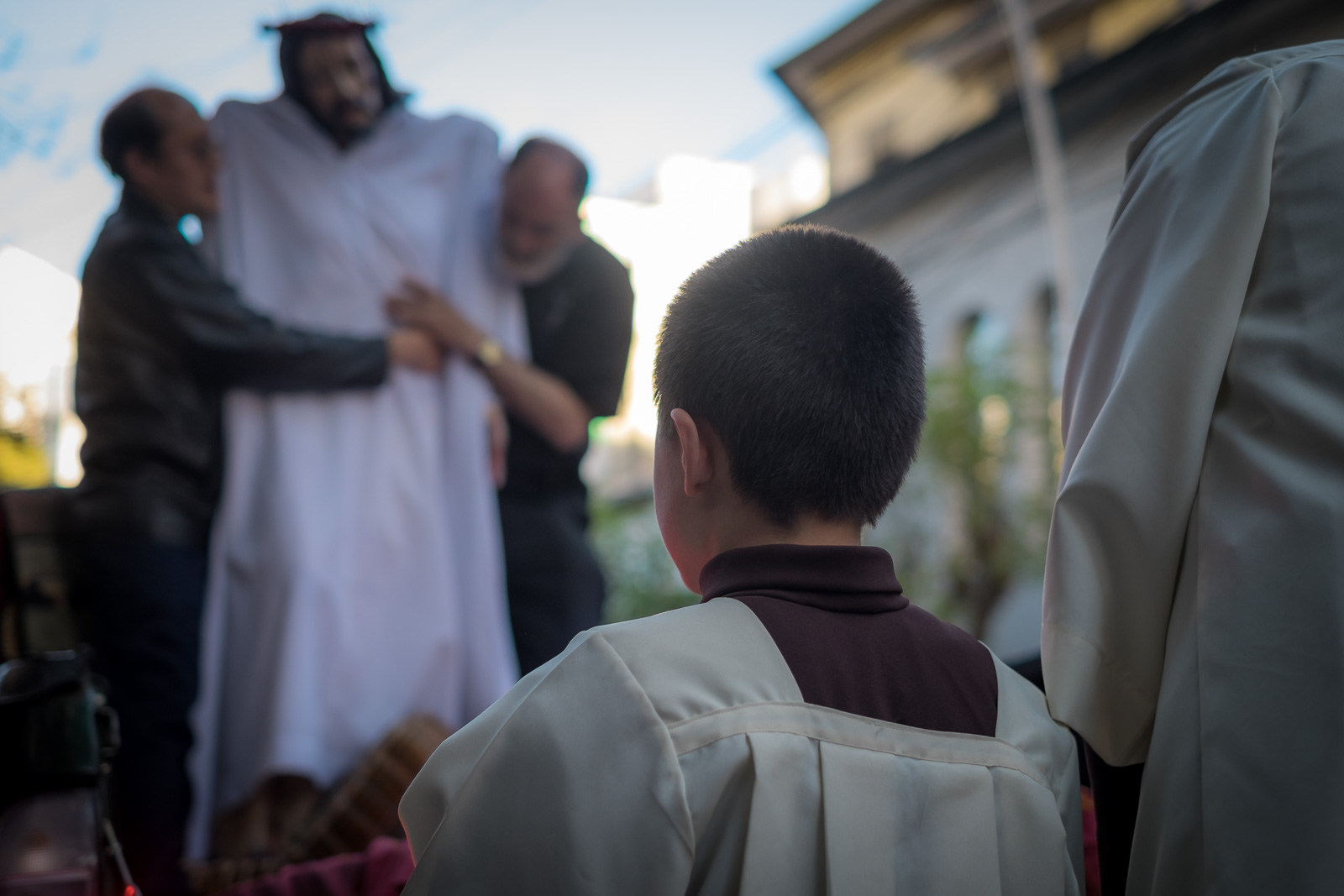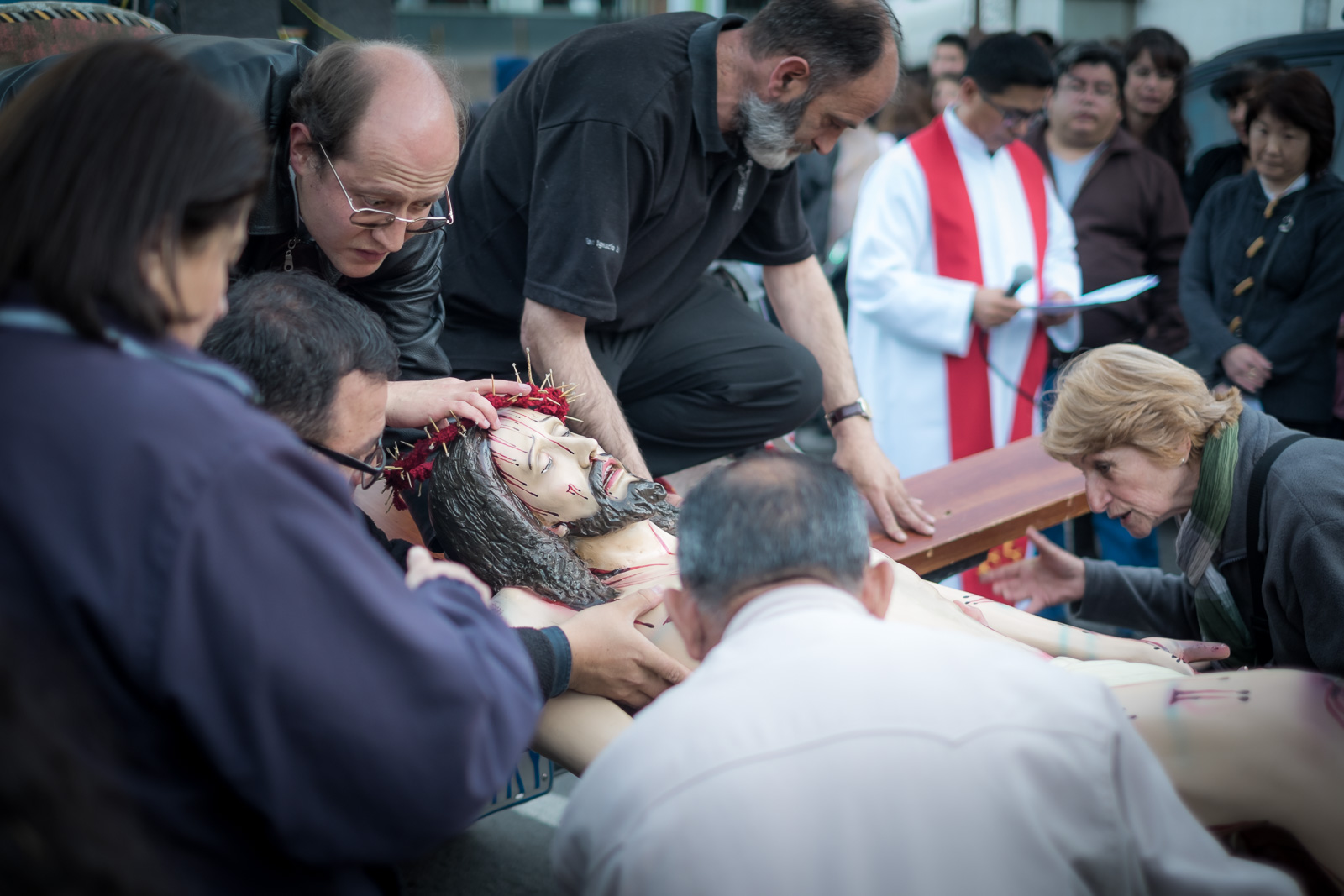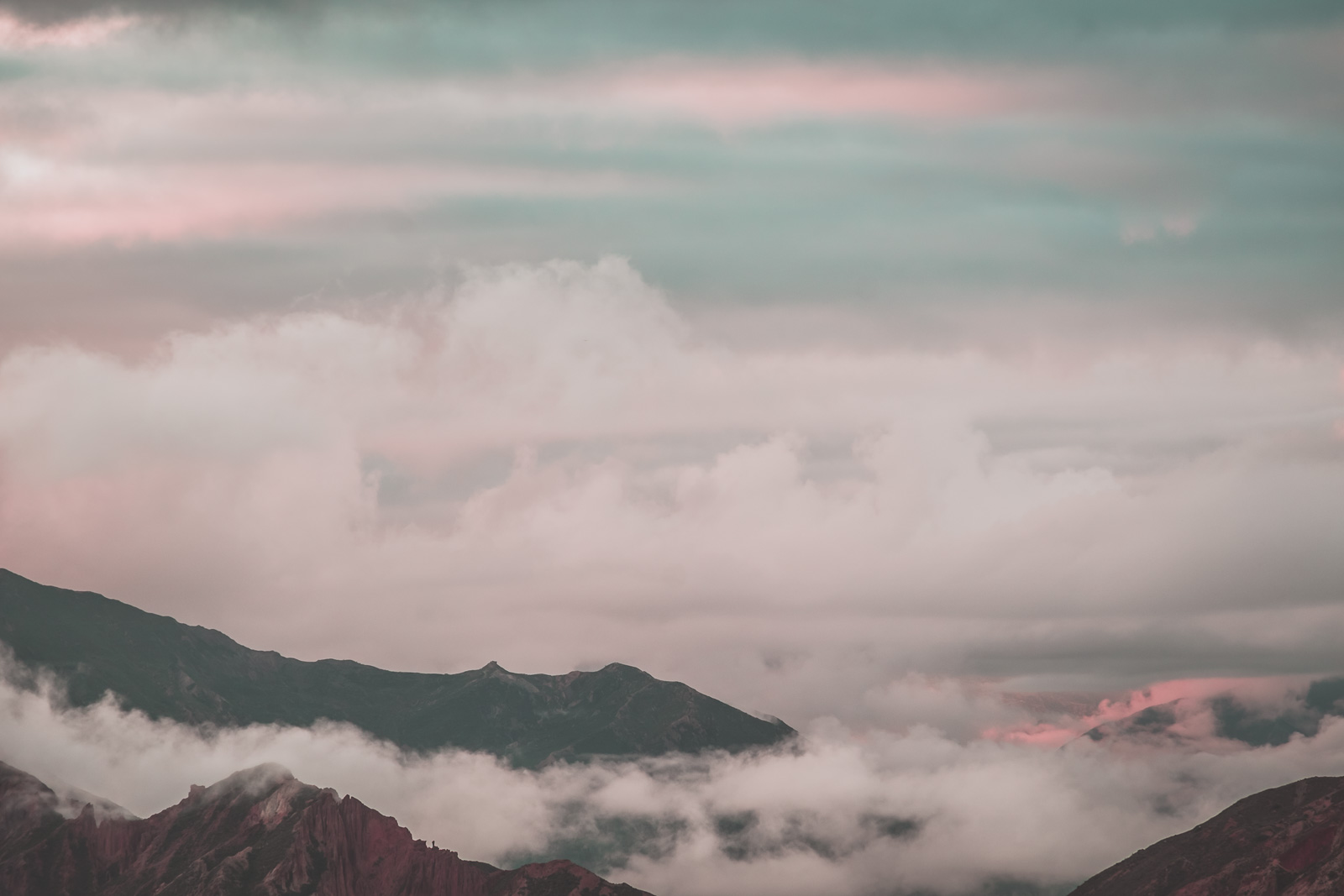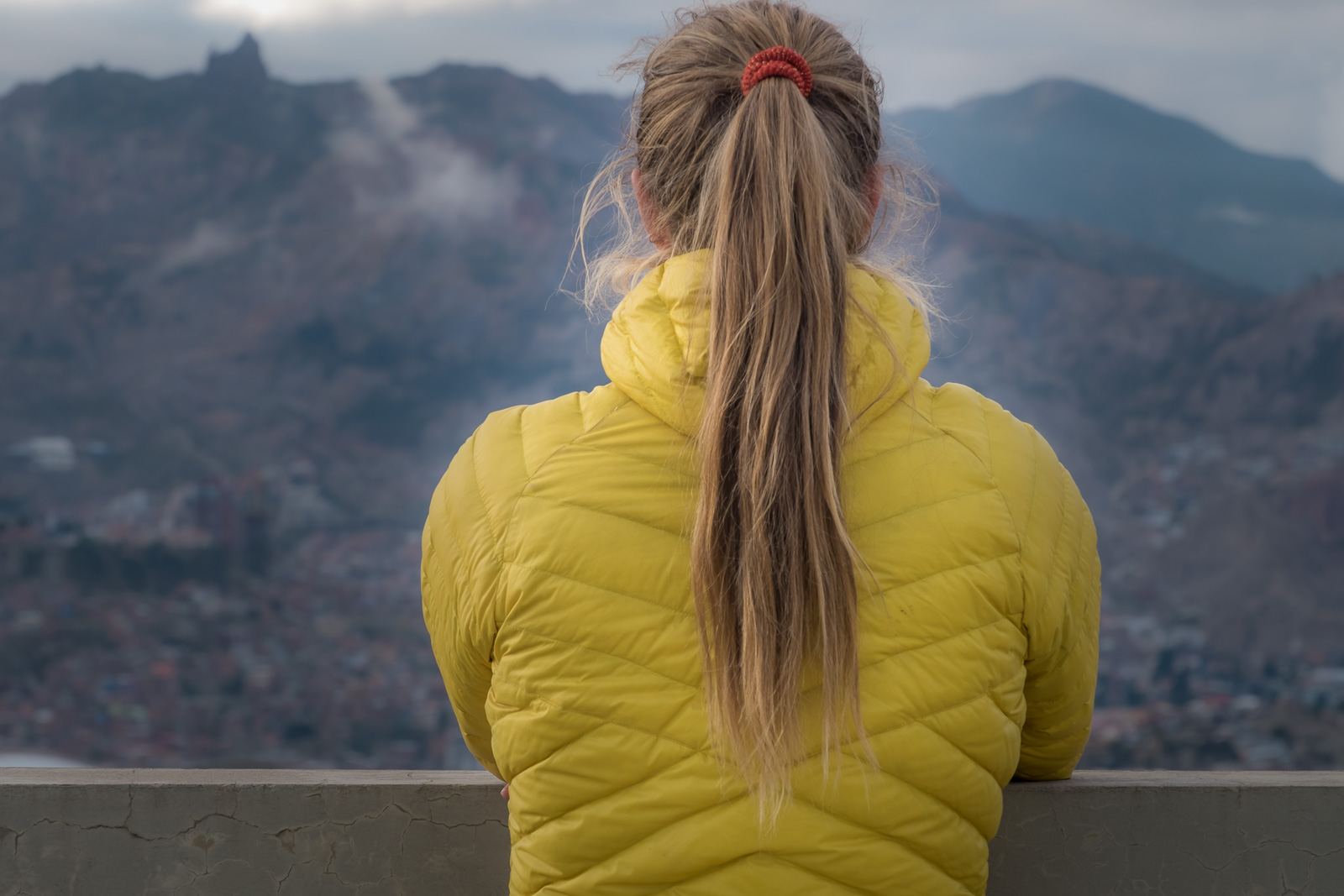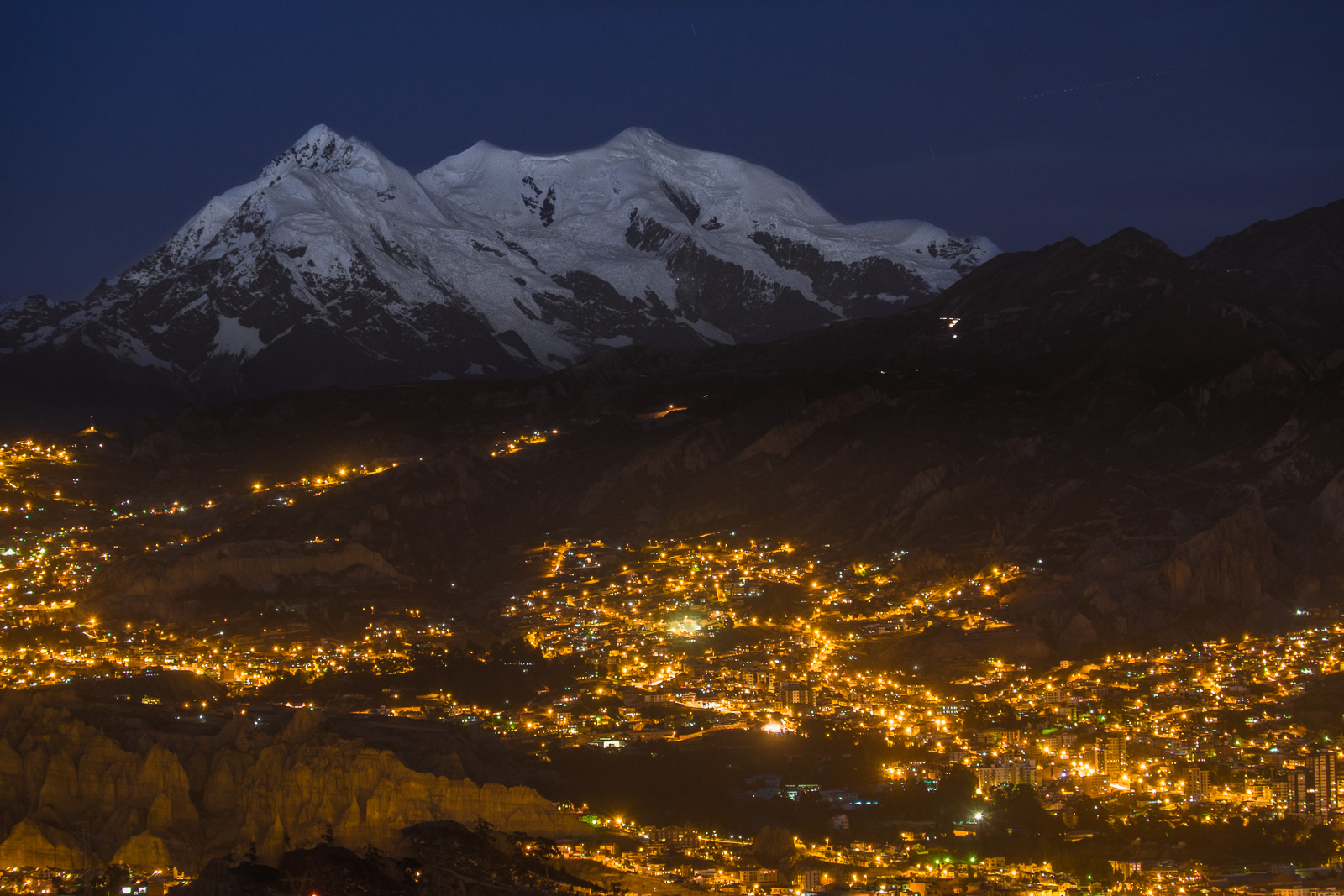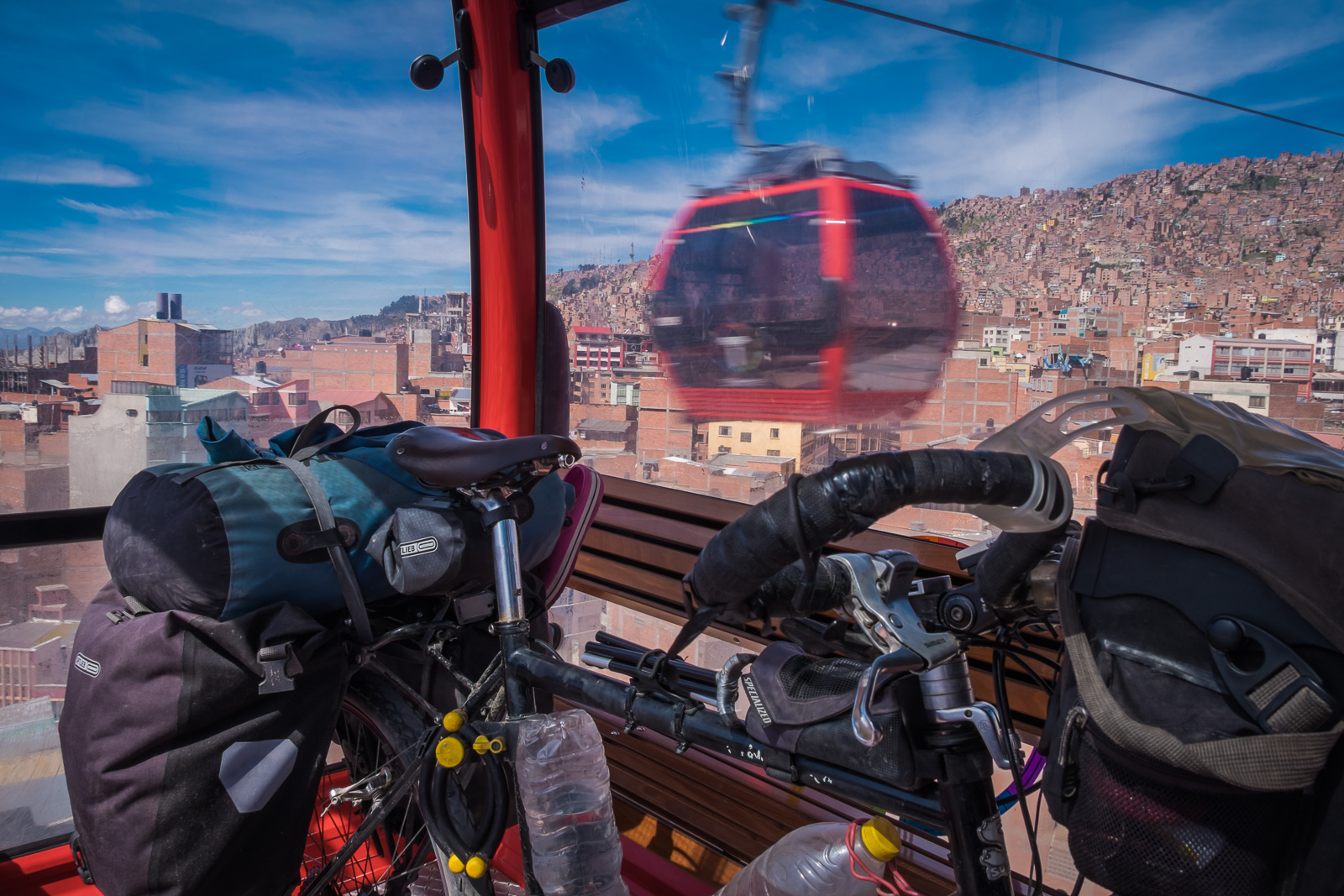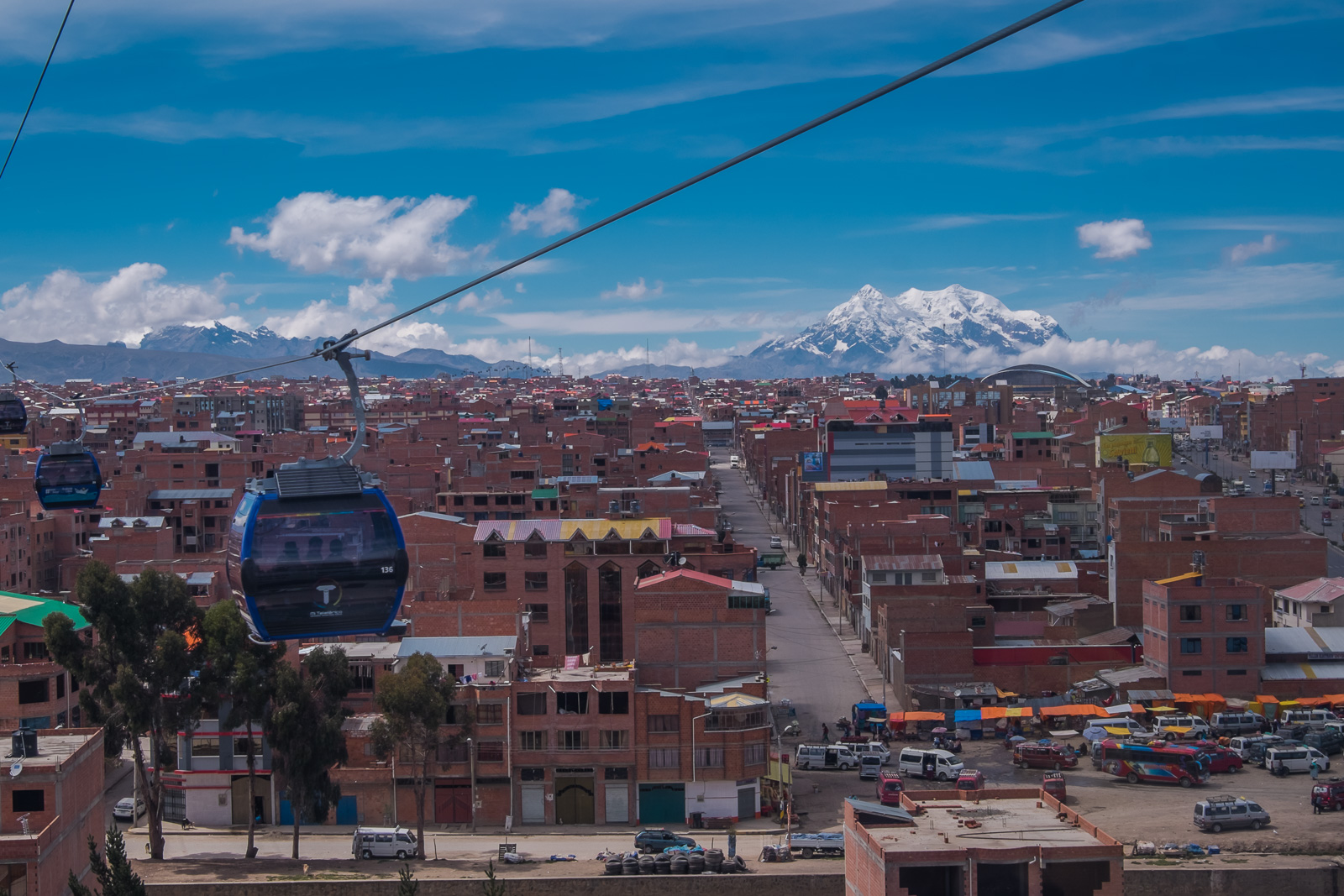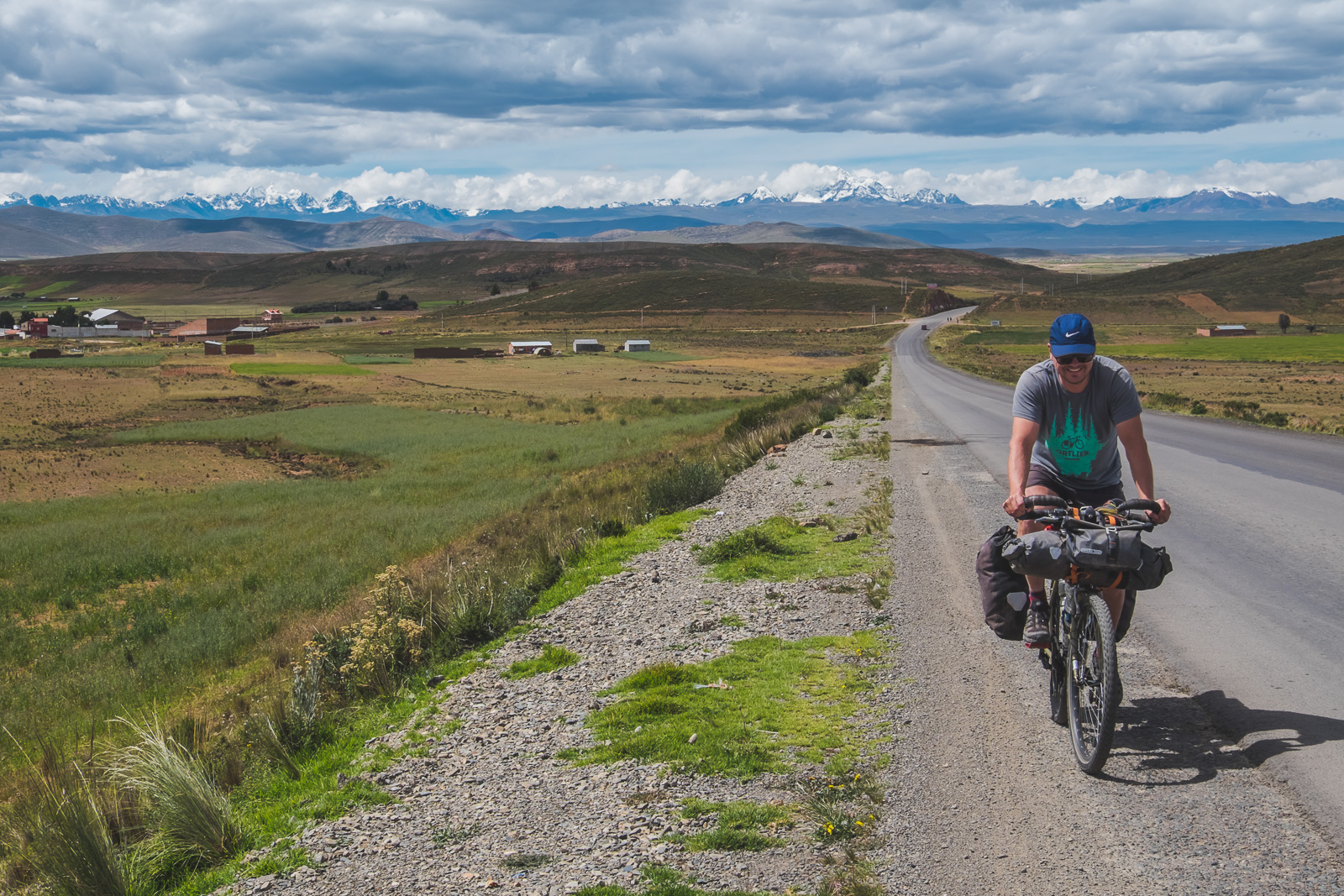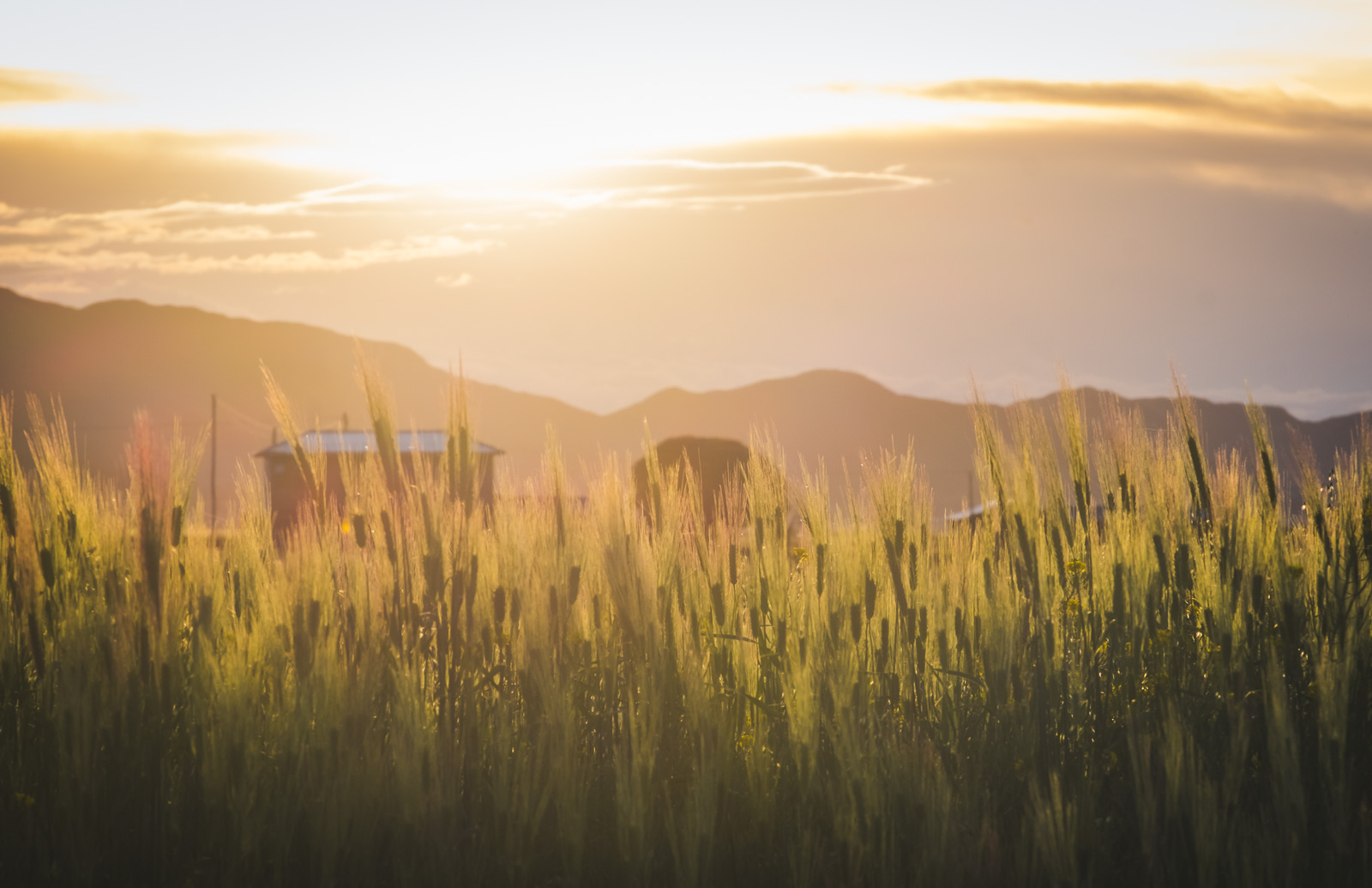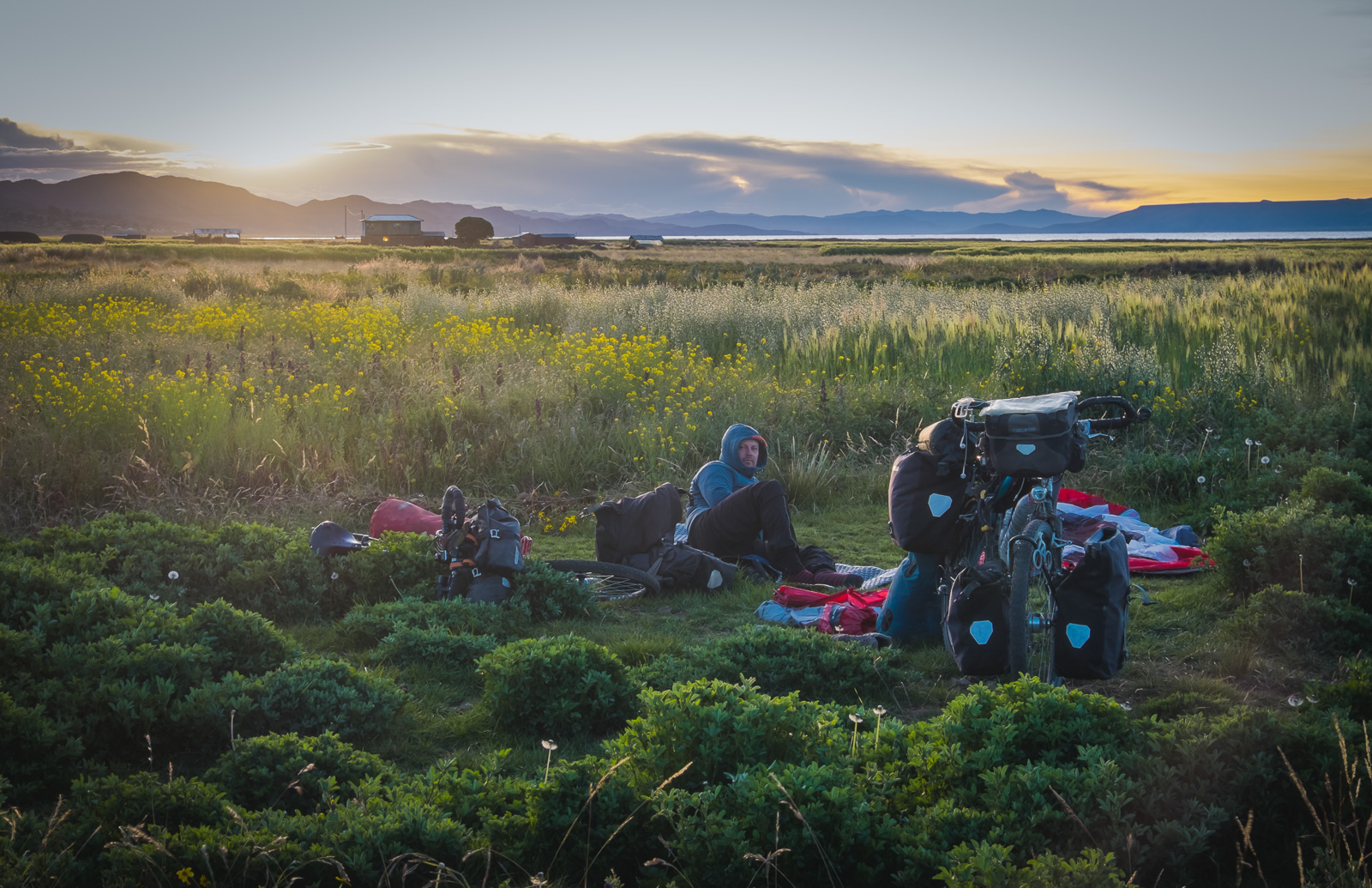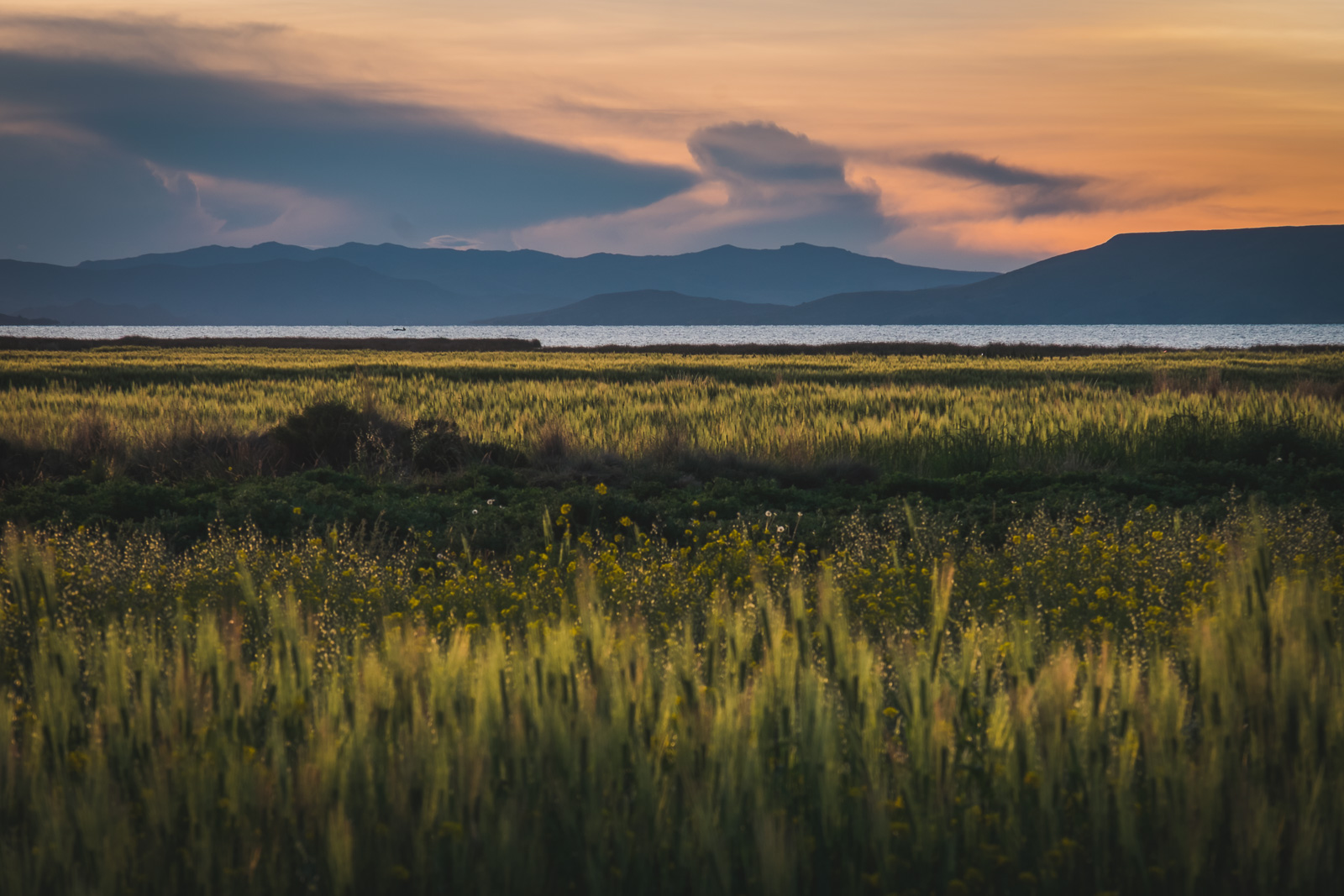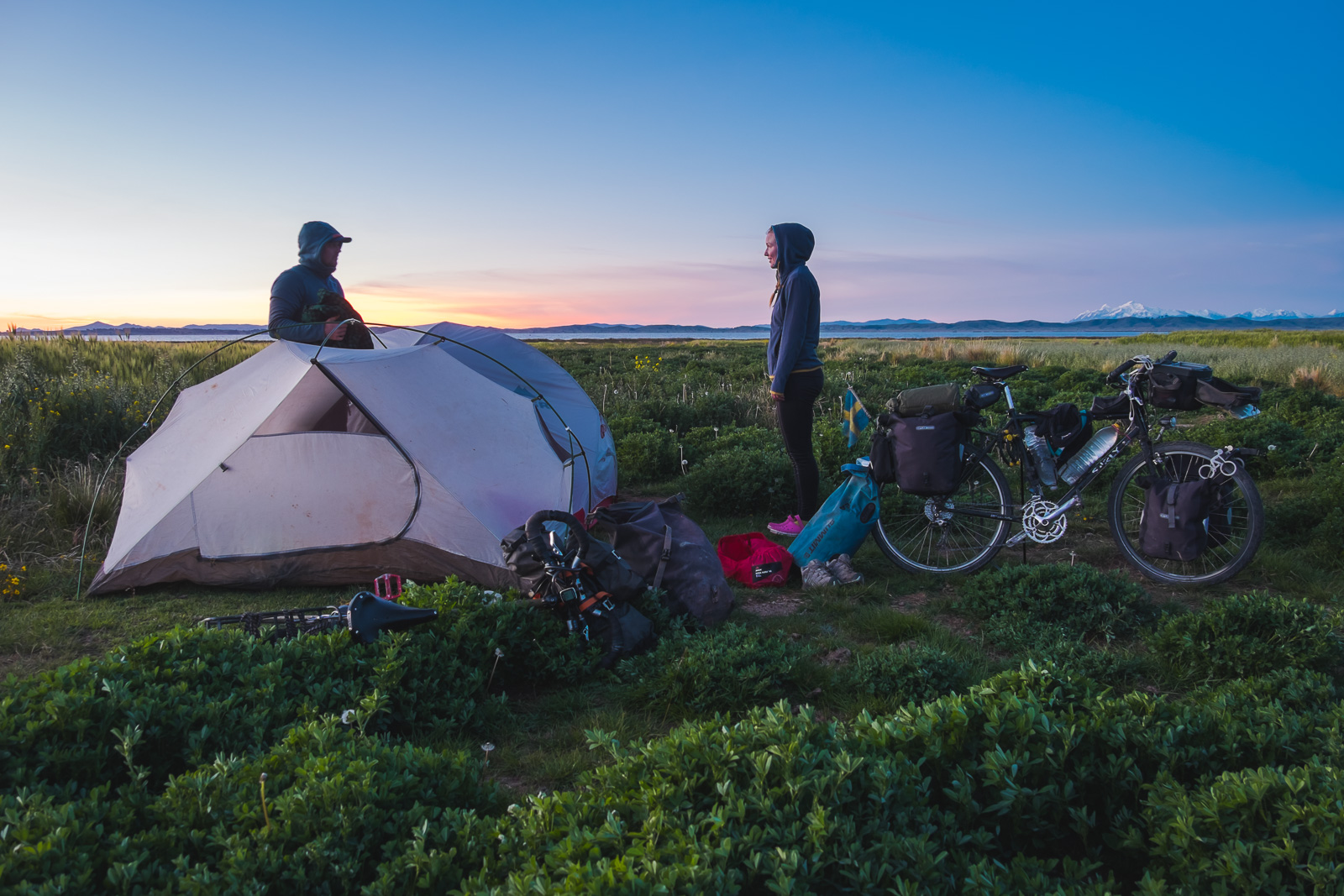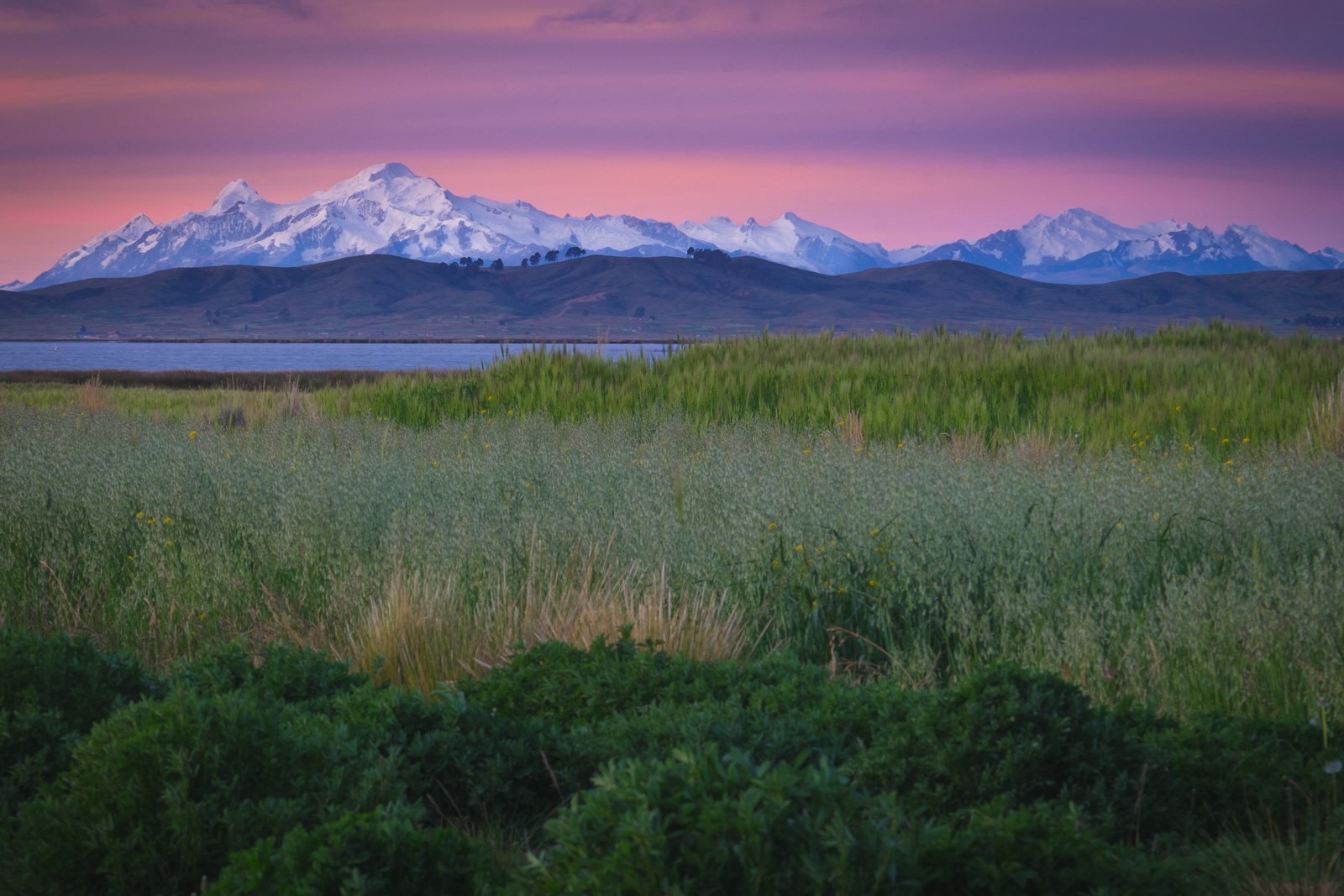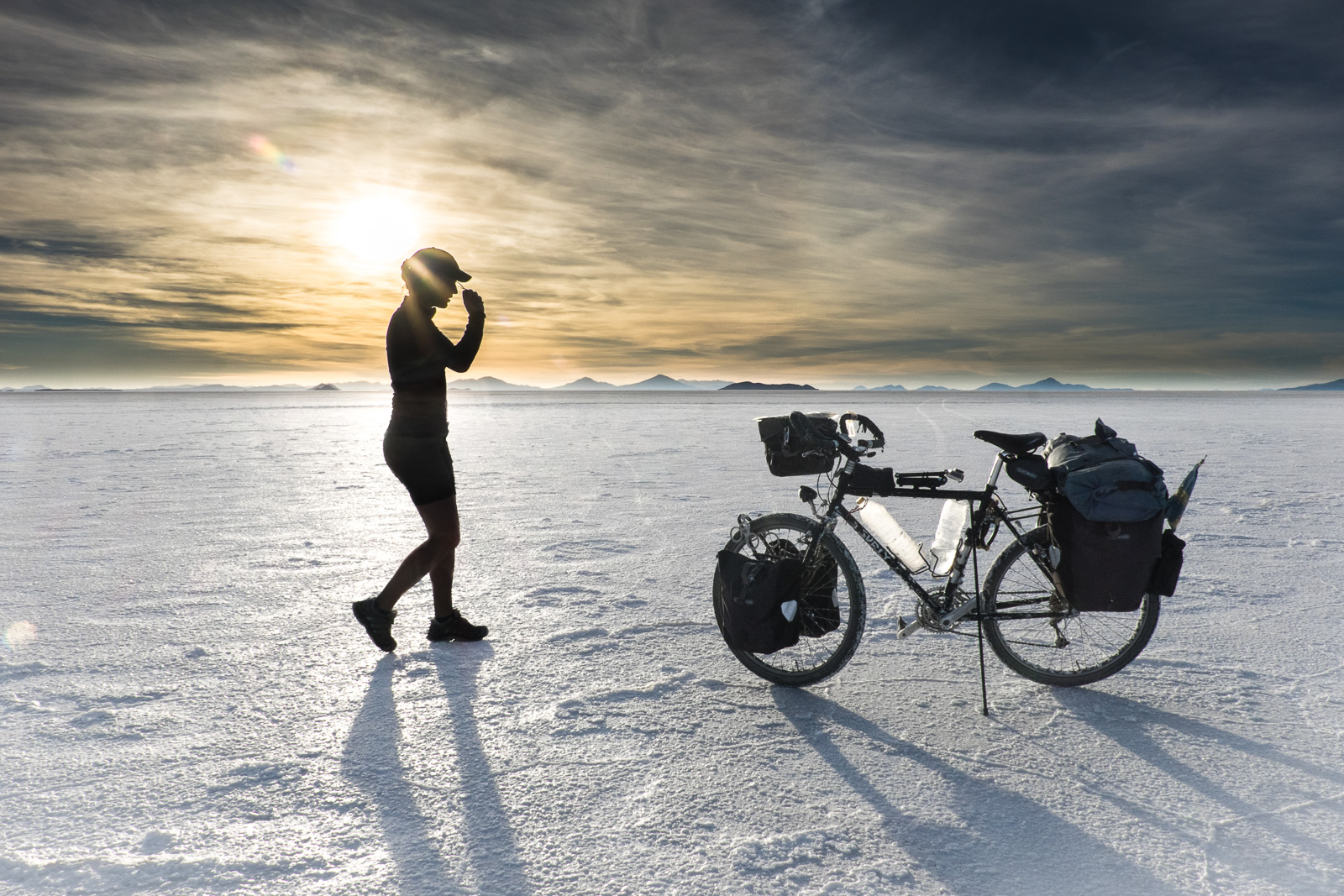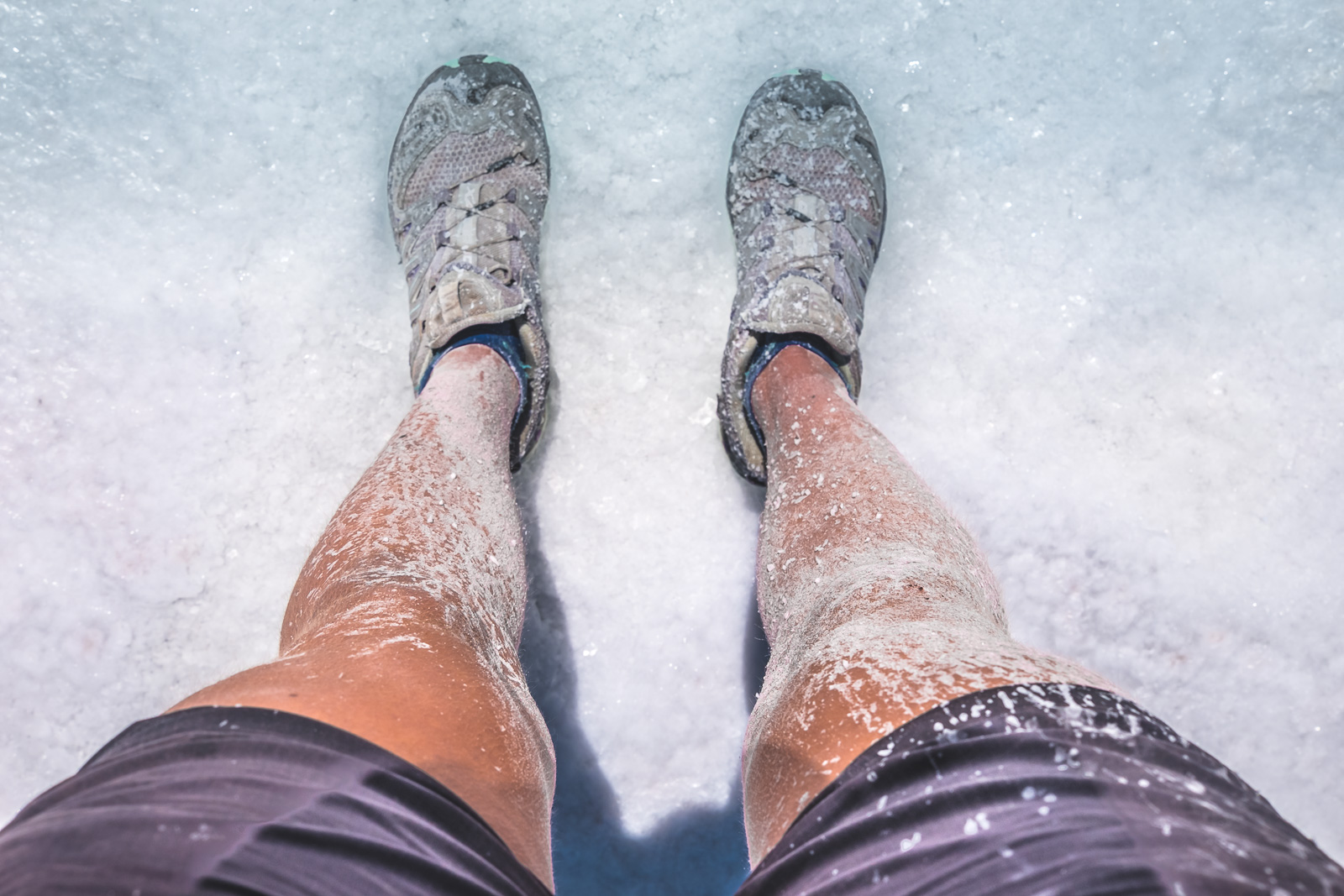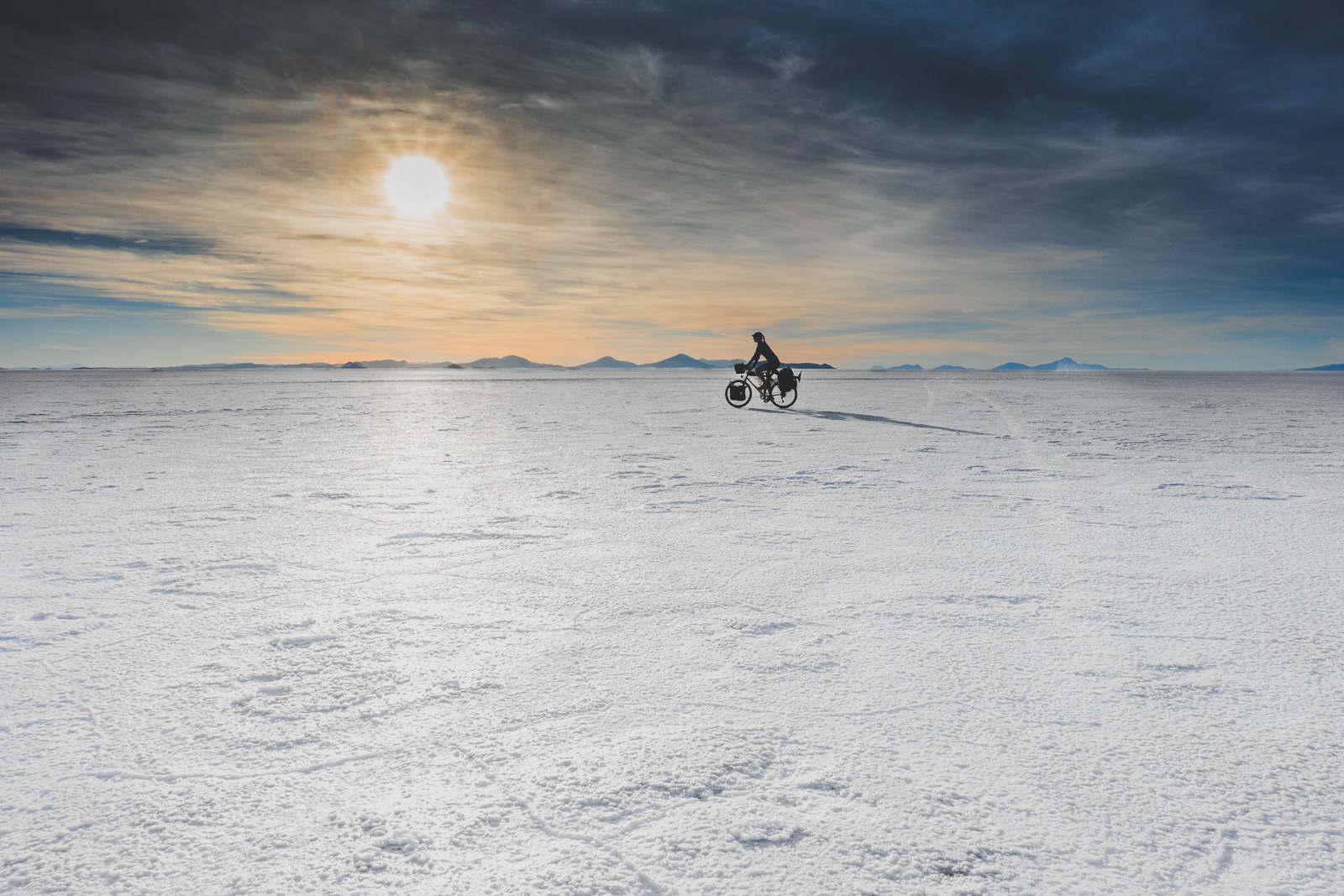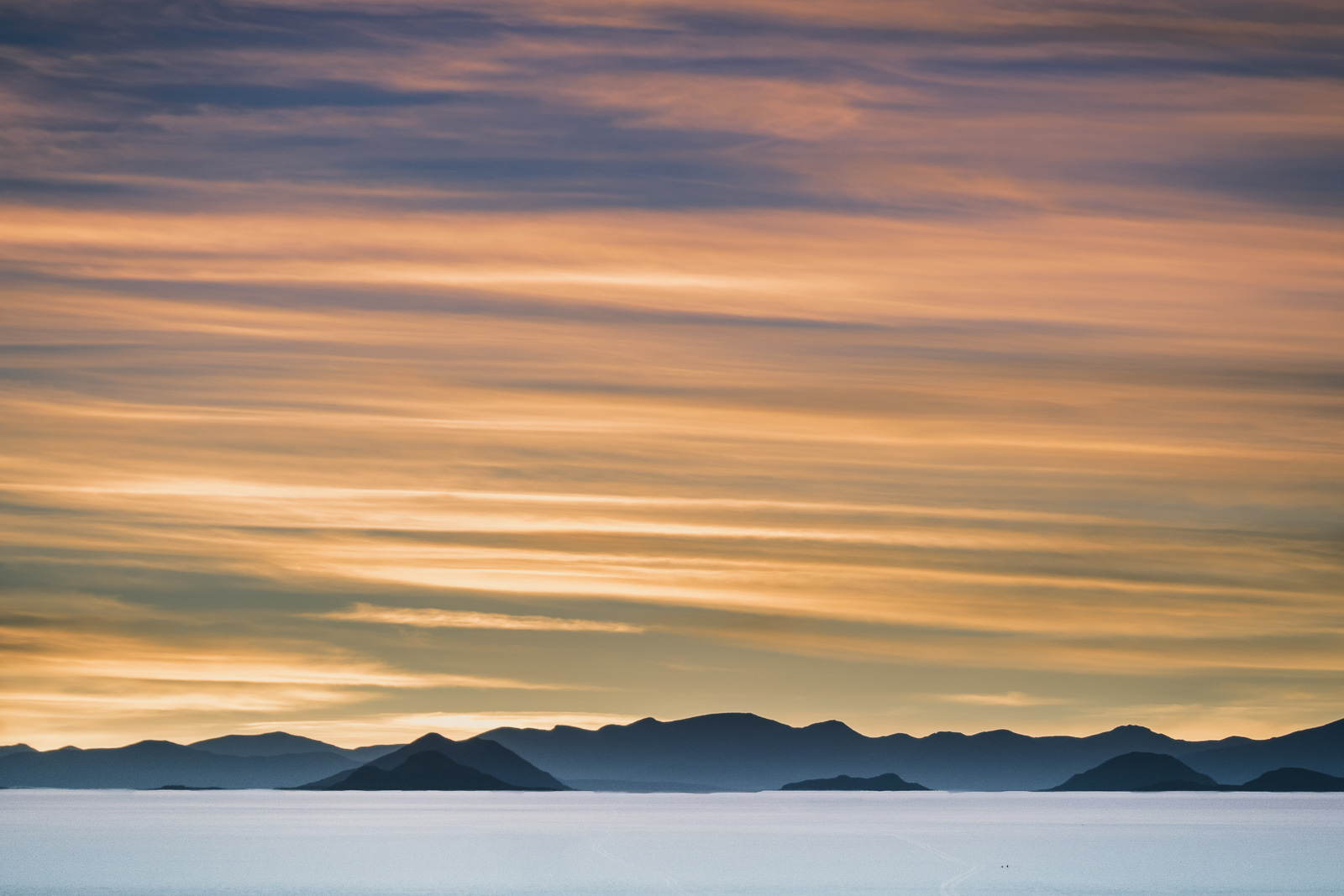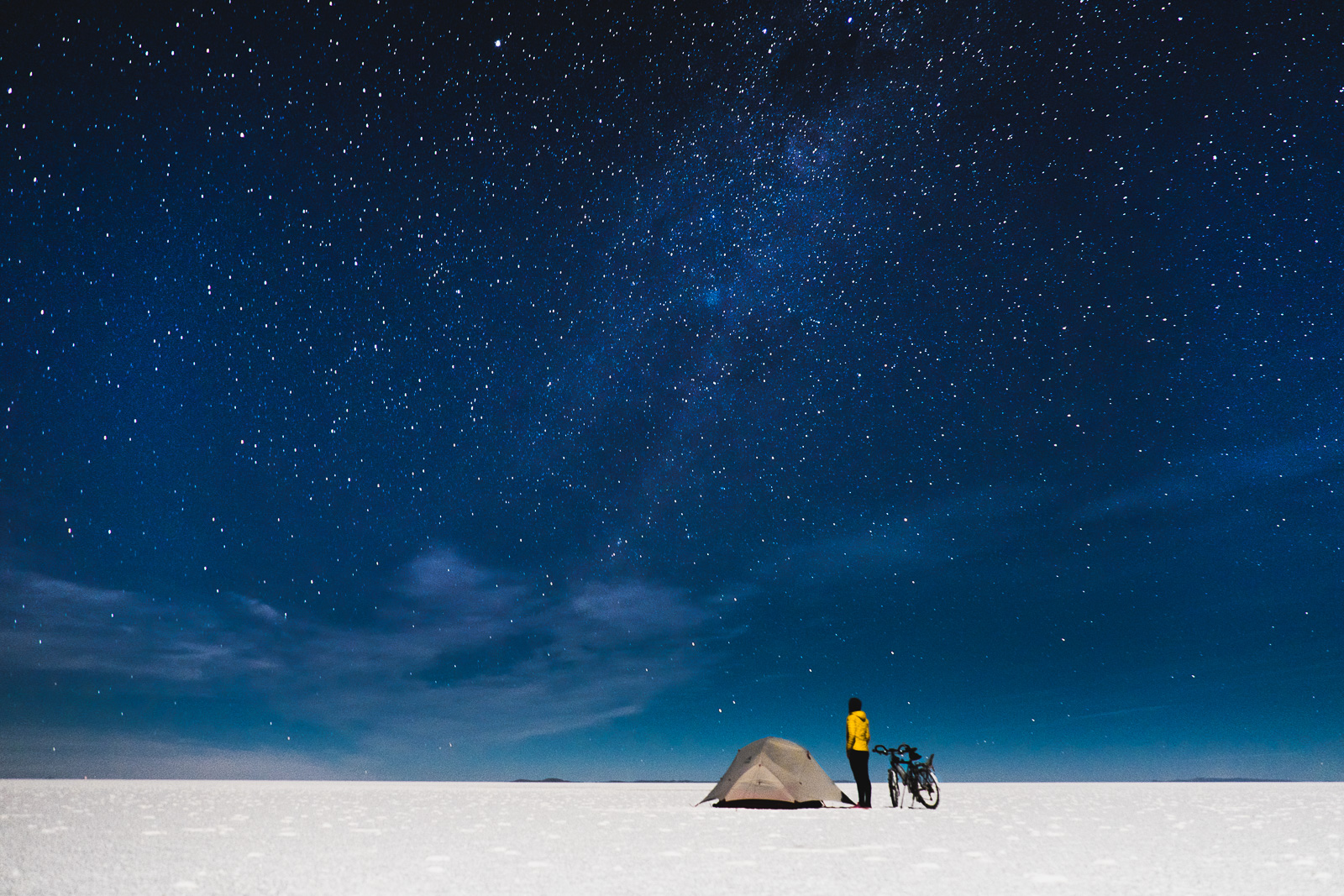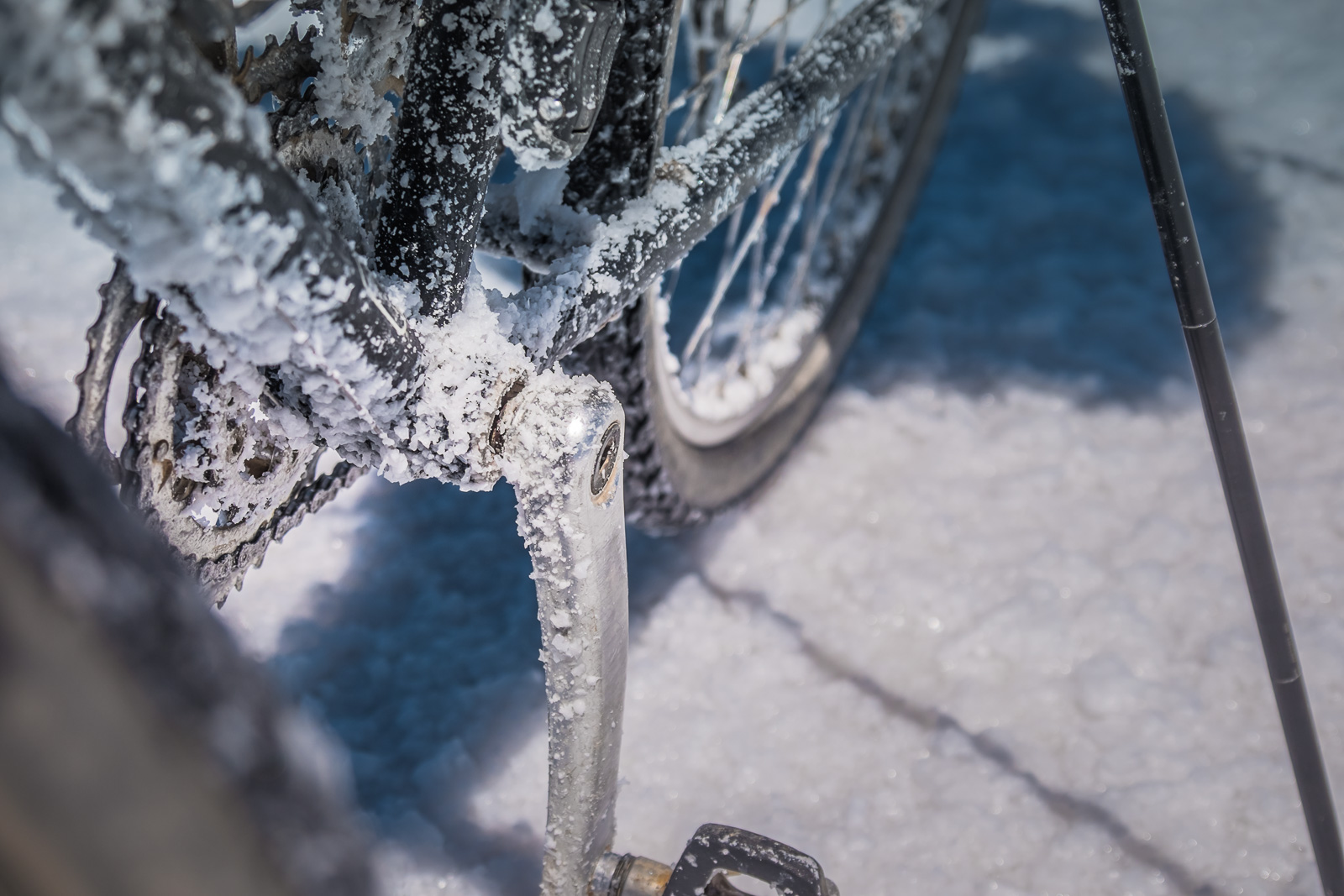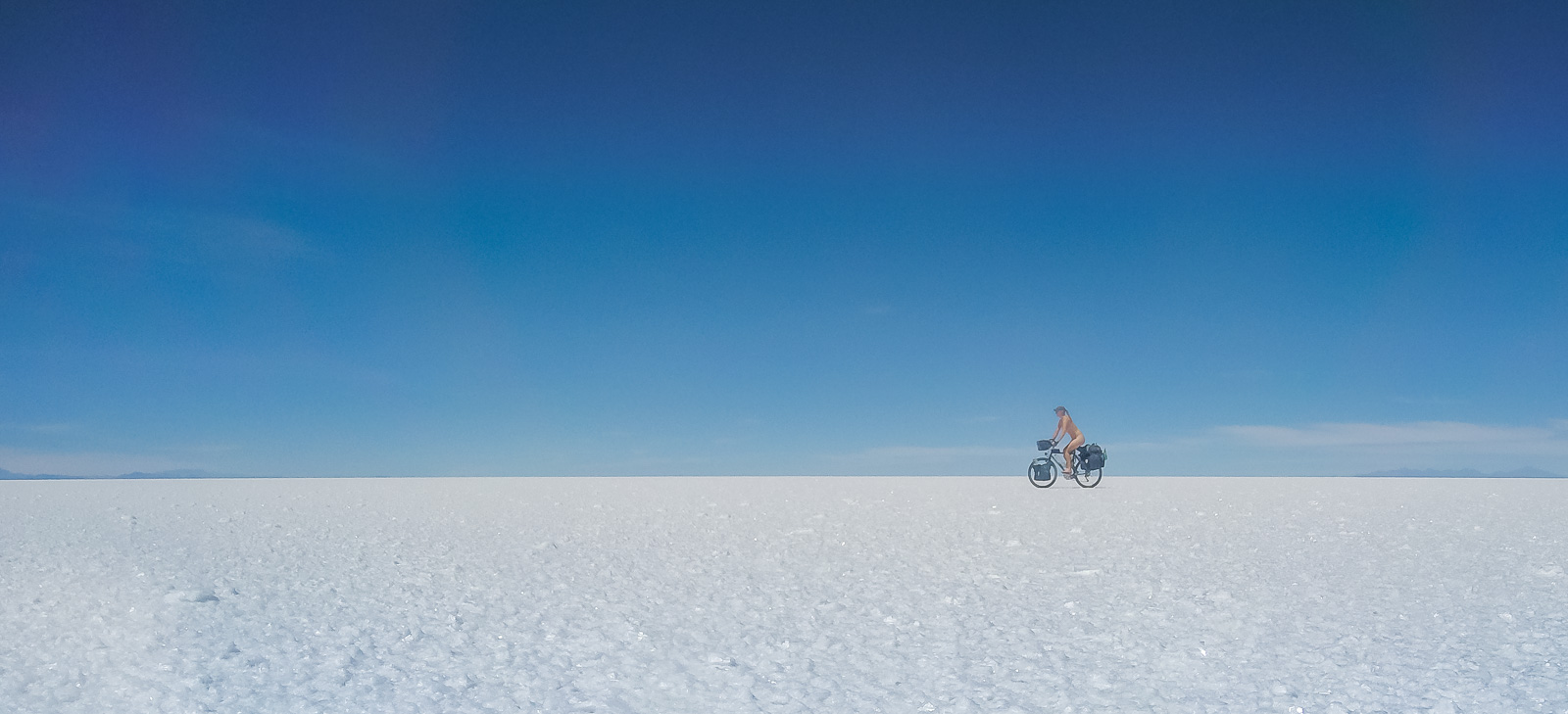Fairytale Frustrations
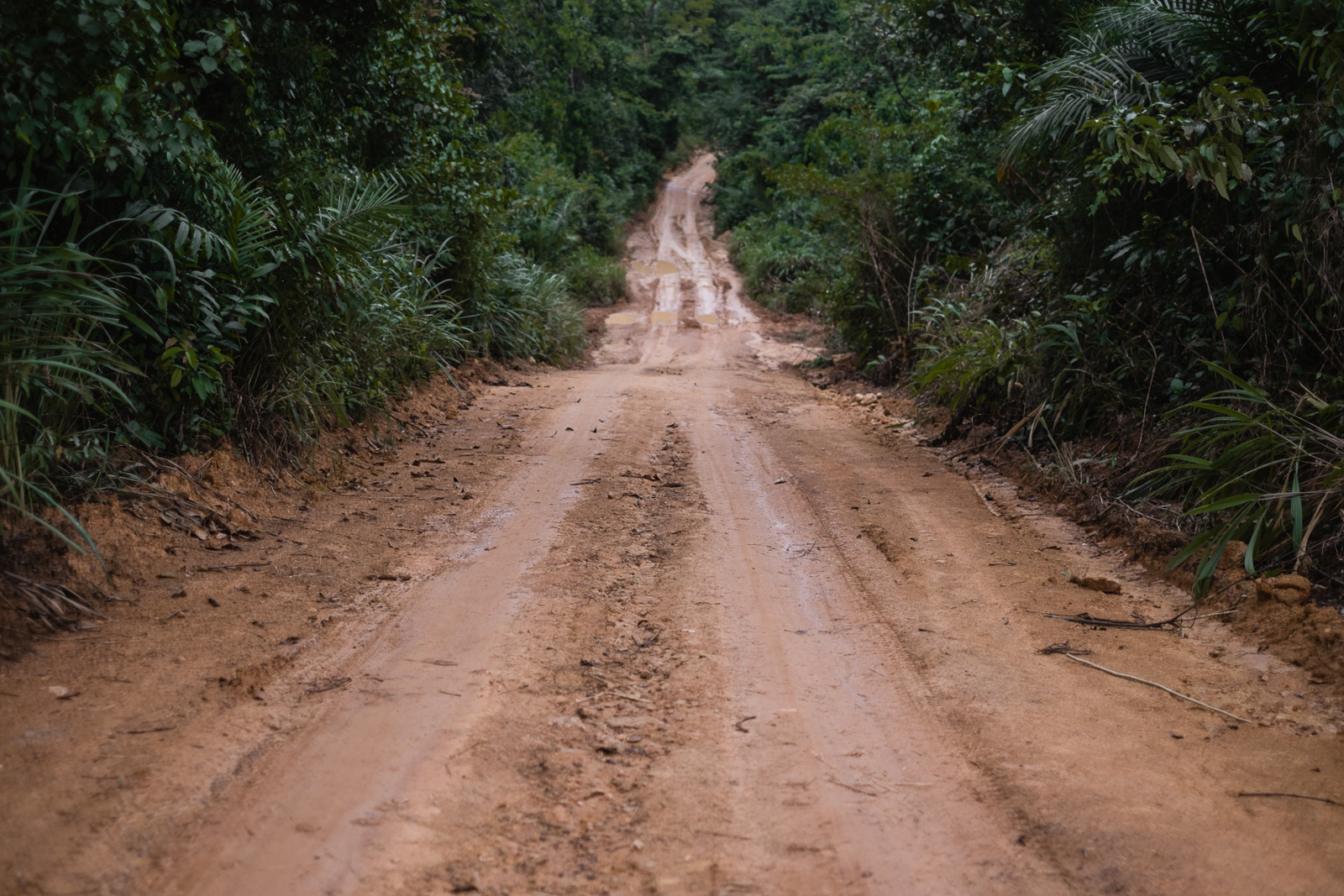
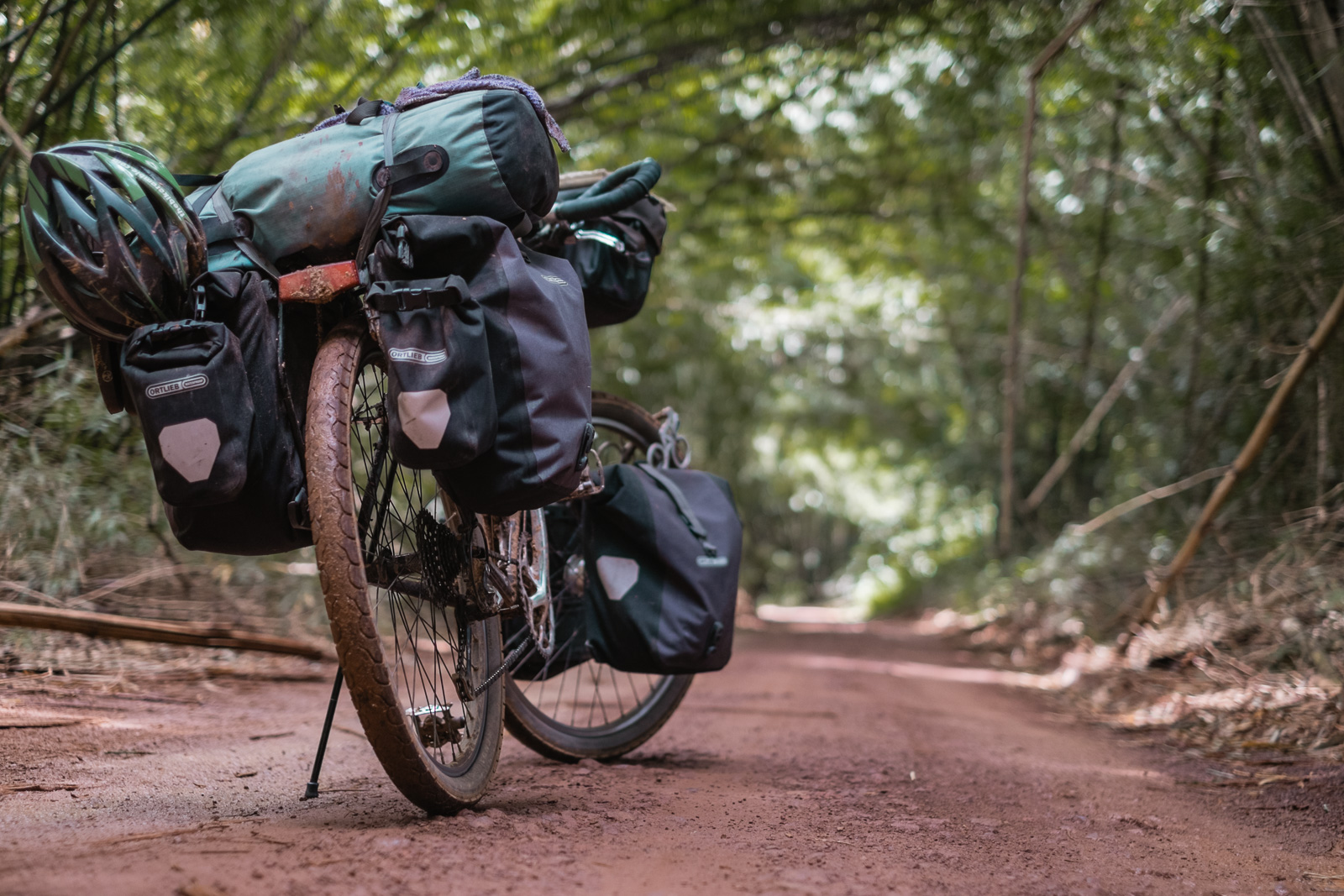
‘C’est tres tres difficile.’
I looked into Pascals eyes for a while longer than what I think he was comfortable with. As if they miraculously would be able to tell me something more than what he could do with those way too few common words we used to communicate. I let my fingers dig into the bowl of attiéké that was resting on the table between us, formed some of the couscous like cereal into a ball and pressed it hard towards the palm of my hand. I took a deep breath and exhaled.
‘Oui… Tres difficile.’
During this bike ride I spent better part of a full year with hands and feet communication. With life being one big game of charades. A game that one evening taught me to hand milk tibetan yaks and the next let me fall in love with someone over a bottle of wine and a dictionary. One proving that human connection passes way beyond the spoken word and one that I remember as the best thing I’ve ever gotten to experience.
I can no longer find that feeling for the life of me. Sitting on the plastic stool opposite the Ivorian policeman that had invited me to his home for the night, I didn’t even know where to turn with the frustration tha was slowly drowning me from the inside. Our communication wasn’t even wordless. The words were few, of course. But with my ‘peu un peu de francais’ and his ‘small small english’ we were still speaking.
Speaking. But saying nothing.
On the 29th of March 2011 at least 800 people were killed in the Duekoue massacre. Of course even more were injured. And every single person in the city lost someone that day. On the 29th of March 2011 Pascal was on duty. And has since not only seen, but very much been part of his town and country attempting to rise back on its feet after the war. Yet. After spending that half a sentence on the topic we moved onto agreeing on that the grilled fish we were sharing was delicious.
Finally letting go of our eye contact I let my gaze continue out on the bustling street by which we were sitting. Thursday evening, the rain was holding up and everyone seemed to be out and about tonight. Women were lined up behind their food stalls, each with even bigger buckets of rice or attiéké than the next. Groups of children were running pass, playing games I’m not sure I’ll ever understand. And as always, men of all ages were zooming back and forth on their motorbikes. Always in a rush to go nowhere in particular. The vibrating base from the music being played somewhere nearby was filling the air, right on beat with the pulsating heart of the town.
I tried – and failed – to understand. That day, hundreds and hundreds of people were shot dead and left to rot on the very street we were on. This evening. What was to be found here wasn’t only life. It was everyday life.
Thinking about it, this is basically all I’ve been doing during my time in Cote d’Ivoire. Trying – and failing – to understand. Understanding the magic of this place. Or in better words – the magic of it’s people. To understand the strength, trust and faith required to have a new everyday life take form from the ruins of an old one.
Depending on their age, the children greeting me with their waves, laughs and never ending smiles have grown up in one or even two brutal civil wars. Yet – just like their older genereations – manage to be some of the friendliest and most joyus, graceful and gentle people walking this Earth.
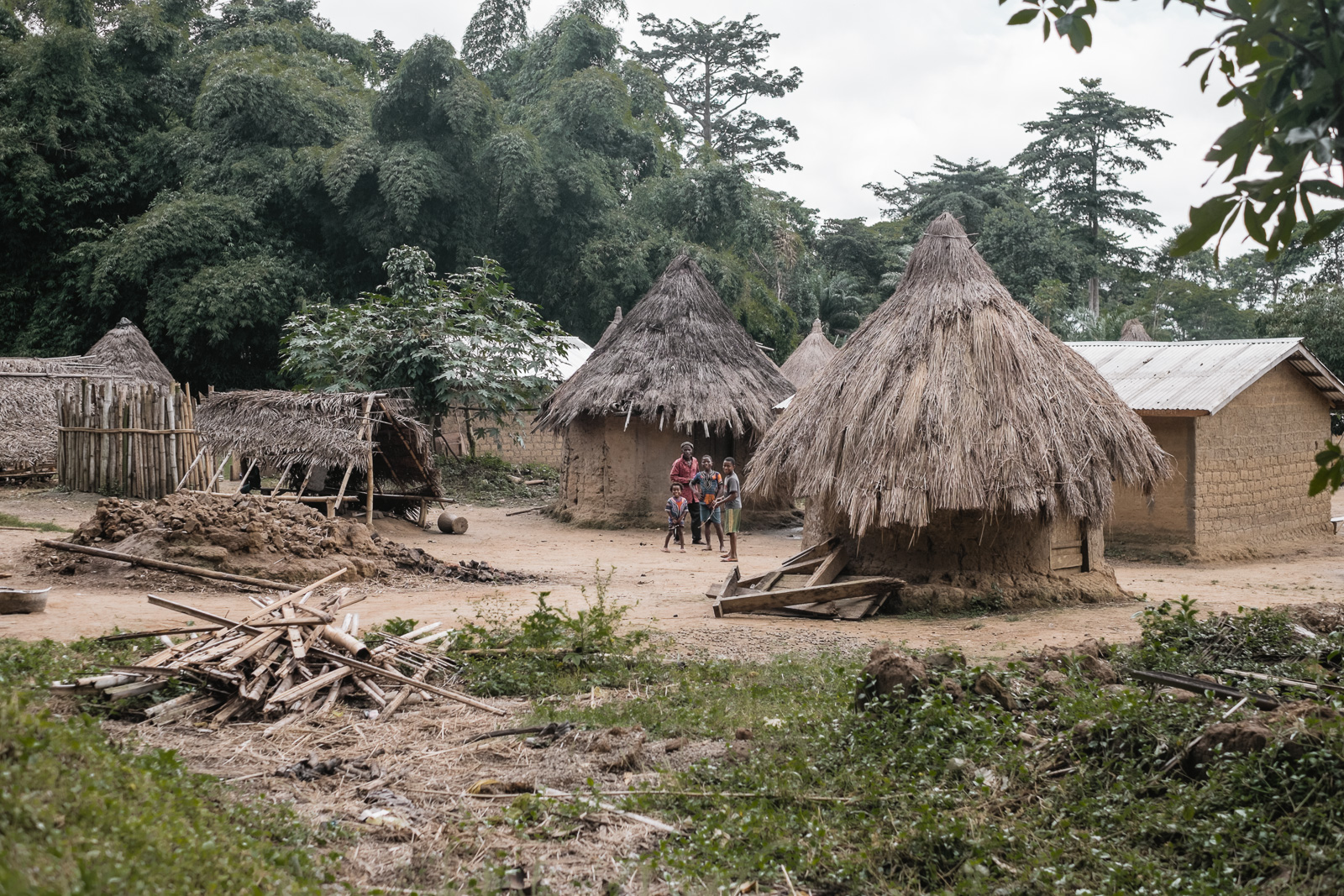
In one way or another, I’ve found myself hosted by people in every single one of the 35 or so countries Mr. Bike and I have been rolling through. In Cote d’ivoire though, I generally wasn’t hosted by people. I was hosted by villages. Experiences more humbling than I would have words for even in my own language.
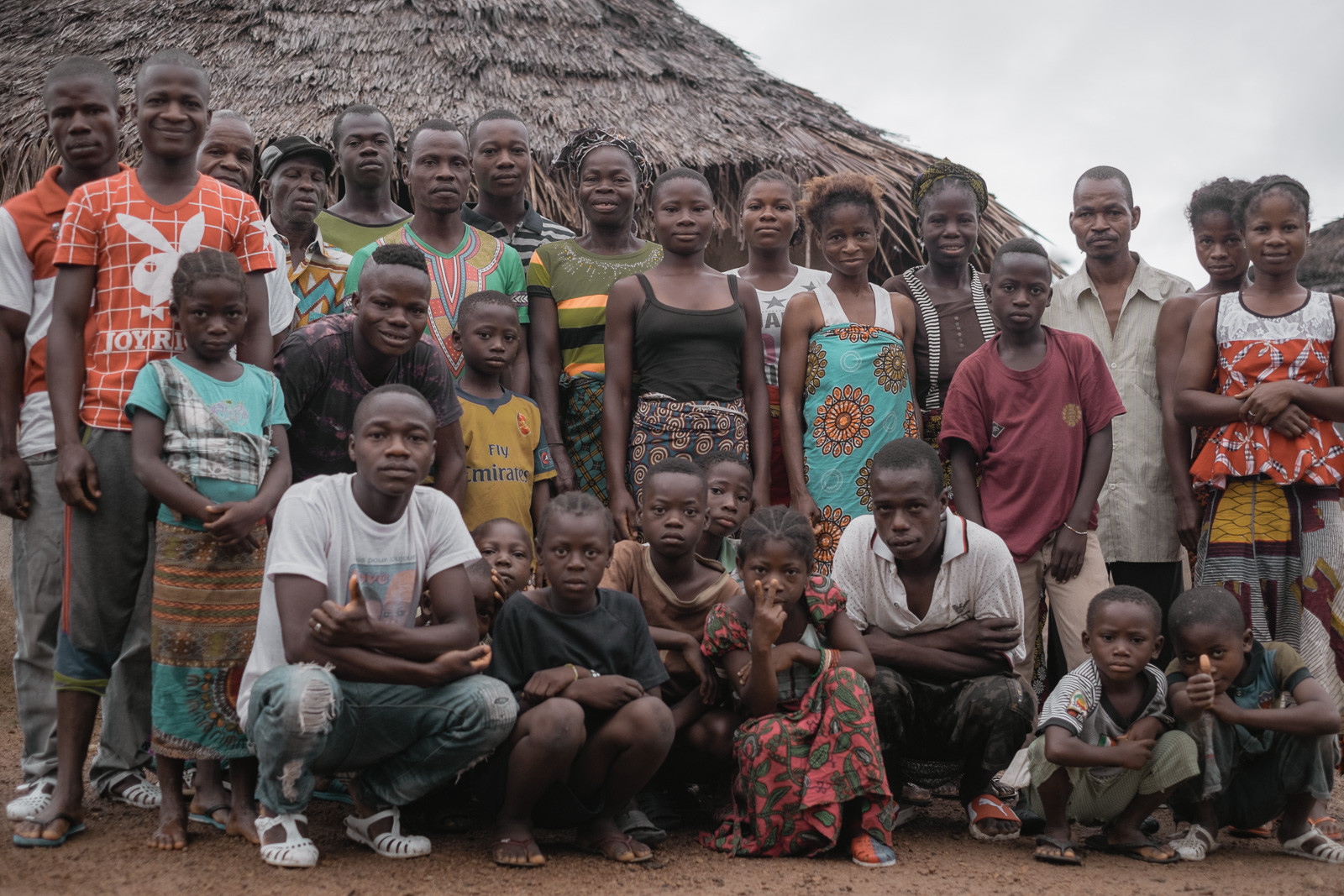
The purity in getting to end a long day bent over a bucket shower that someone helped to pull up from their well. The serenity in being invited to breathe in the sense of community not even imaginable in my part of the world. The comedy in watching the always massive groups of children watch me. And the rewards in thanking every single one of them for the song and dance performance they put on for their guest outside the main hut.
The children. I try – and fail – to understand what will actually happen to them. I try and fail to understand how their genuine smiles and endless fires burning within them would or could ever undo any of what they have in their past and don’t have in their future. To understand what actually needs to be done to help. And to deal with the guilt of letting those western ‘privilage isn’t everything’ excuses justify not doing that.
Above all, I try and fail to handle the shame in knowing that in a few month or even weeks time, these children will be nothing but a fading memory amongst others.
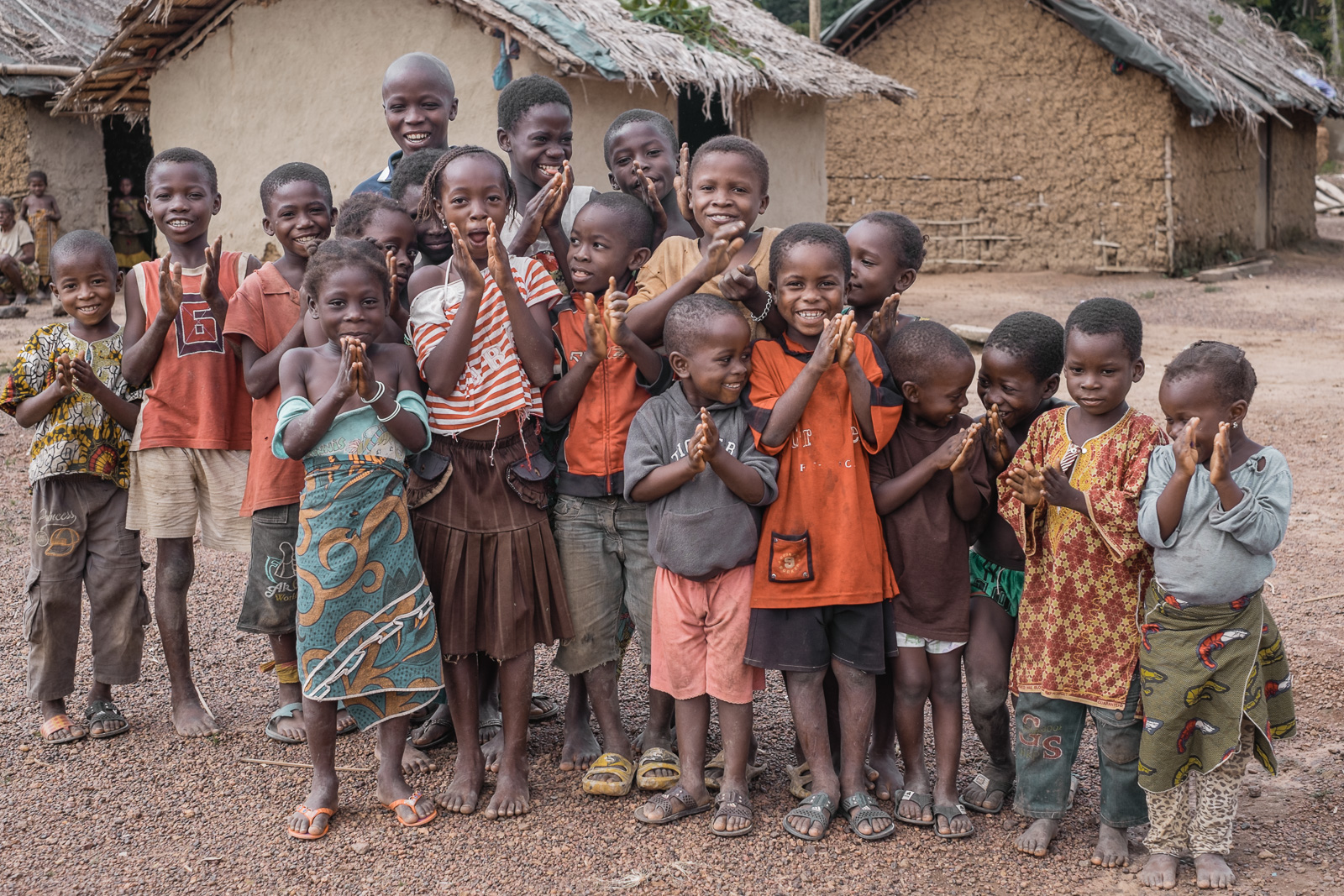
Pascal clearing his throat interrupted my thoughts, and the burning tears behind my eyelids disappeared the moment my eyes once again met his. He didn’t say anything at first. This time not because he couldn’t, but because he really didn’t need to. I know he knew mine, simply because he was sharing my frustration.
He took a small zip of water. It had been hours since we’d emptied our vocabularies in our two common languages and he didn’t even bother trying to combine his English words into a new sentence. Instead he asked me again.
‘You like Cote d’Ivoire?’
I didn’t stop the tears this time. Pascal didn’t break eye contact.
I also cleared my throat.
‘Oui. J’aime Cote d’Ivoire. I like it very very much.’
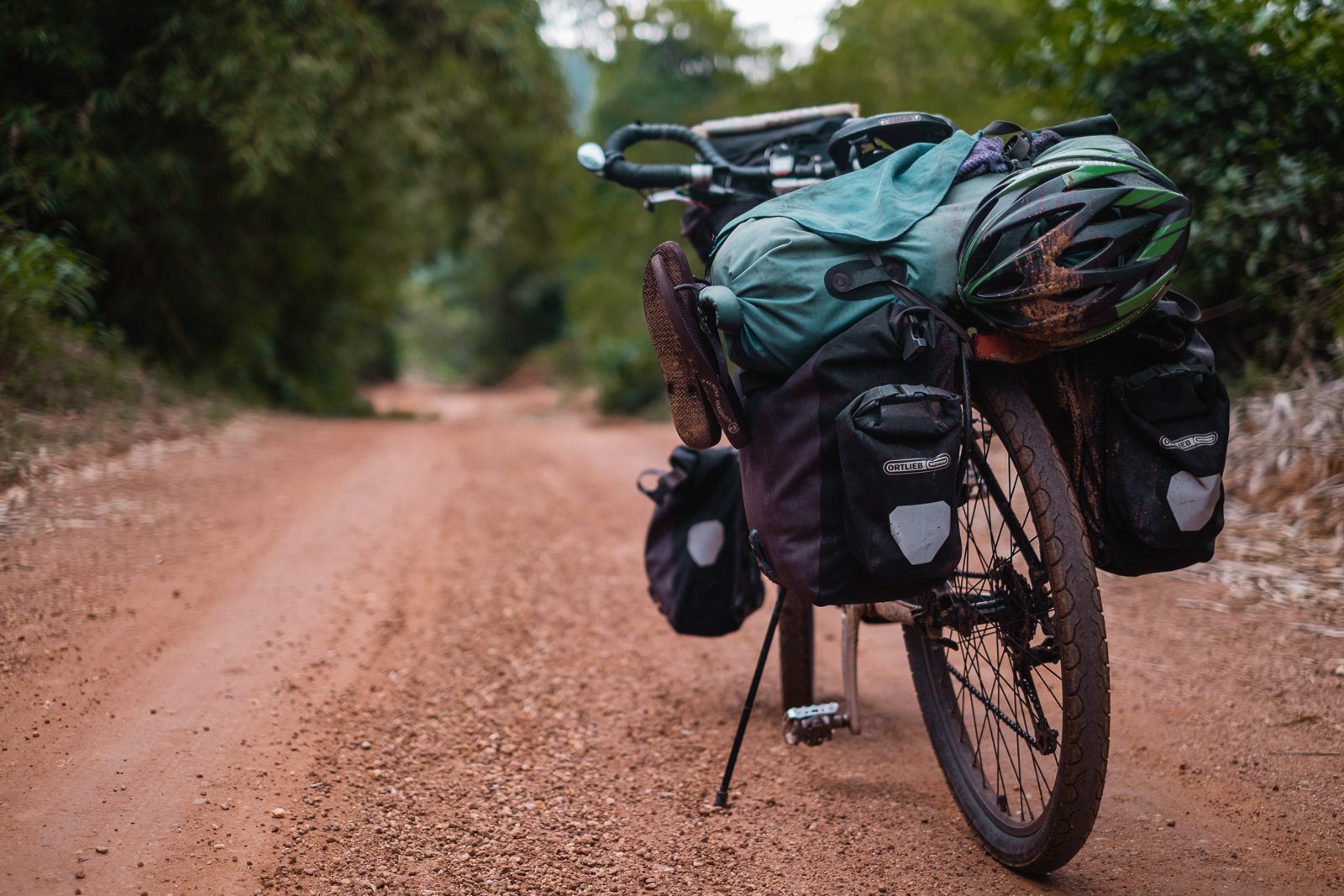
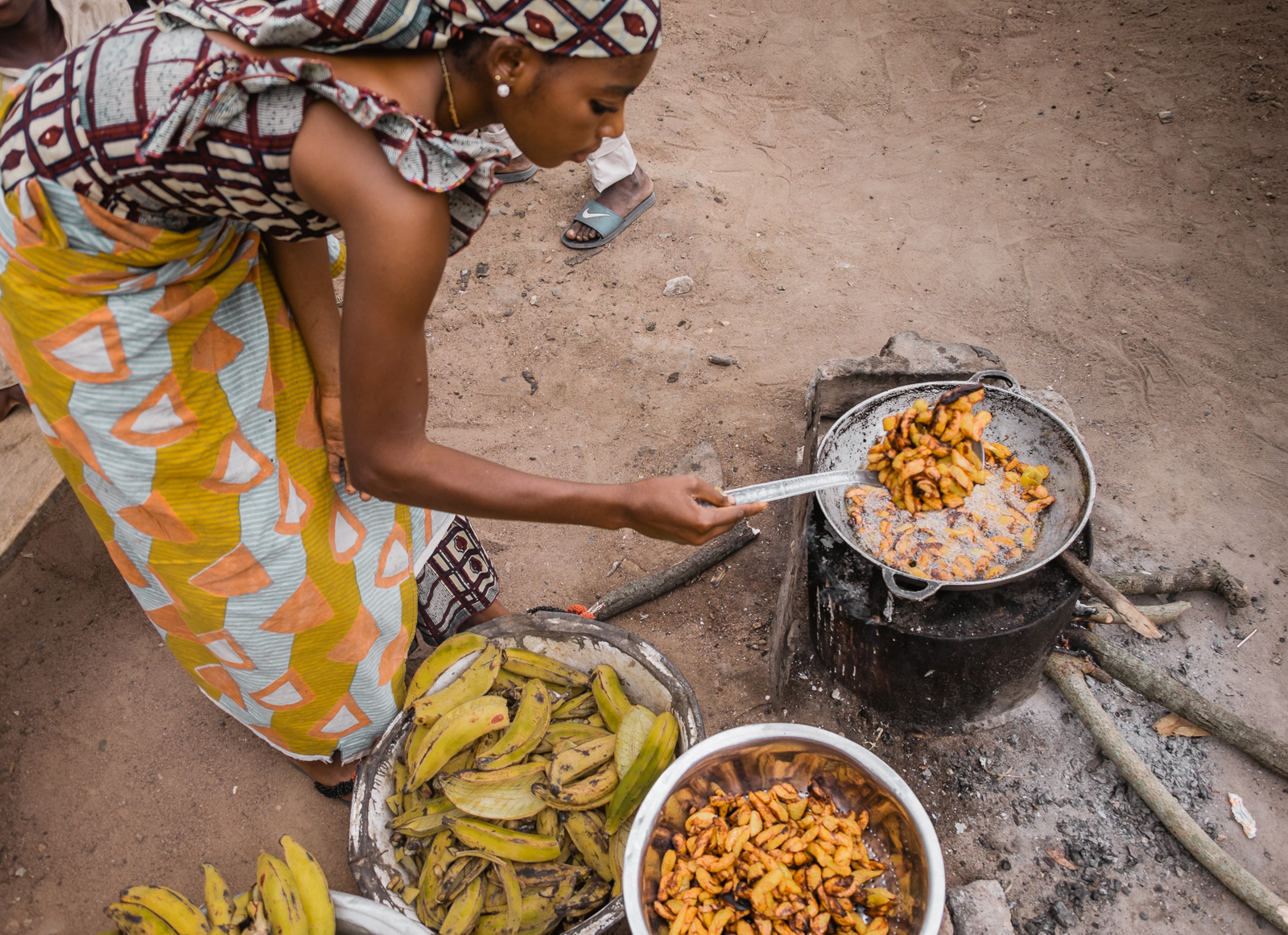
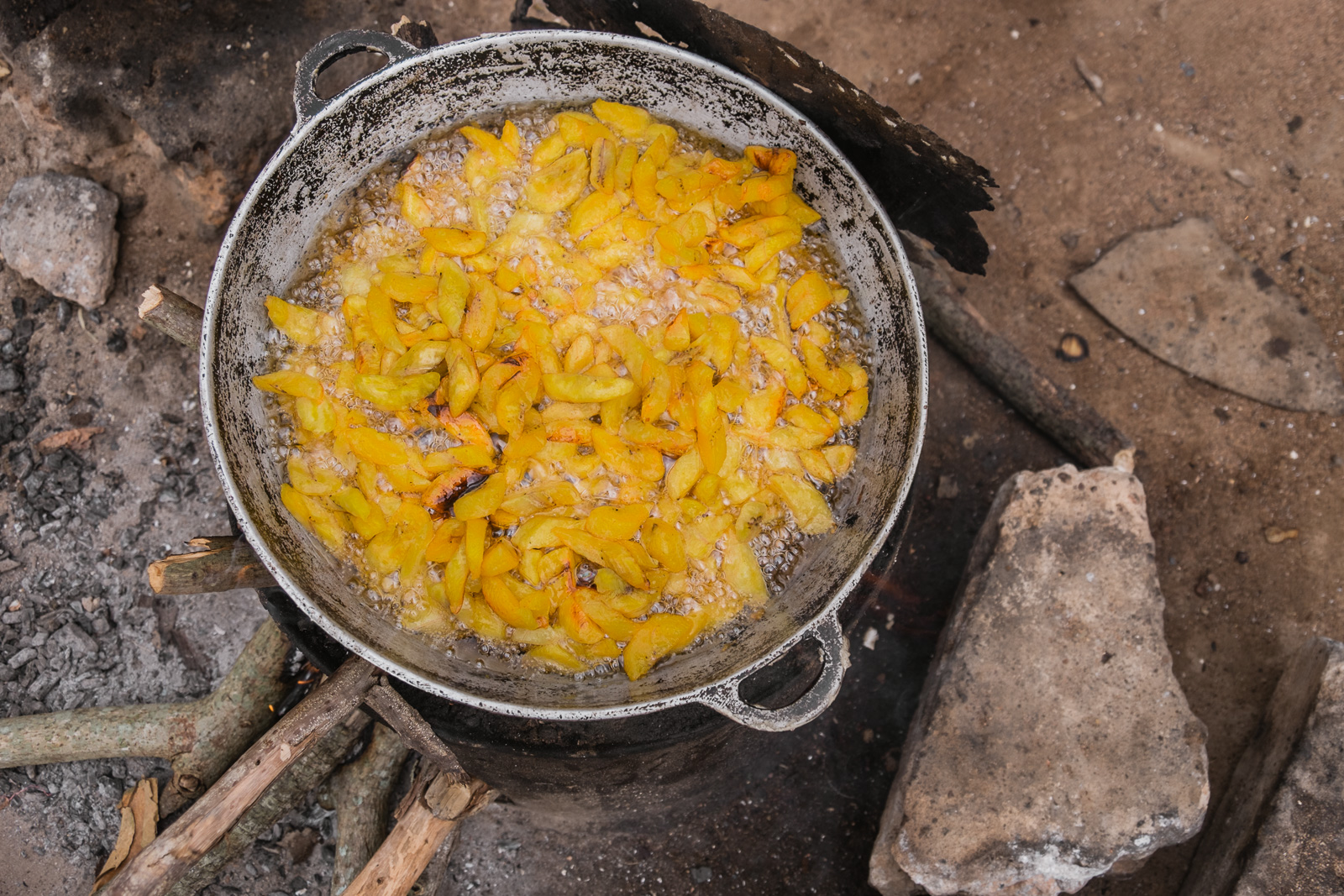
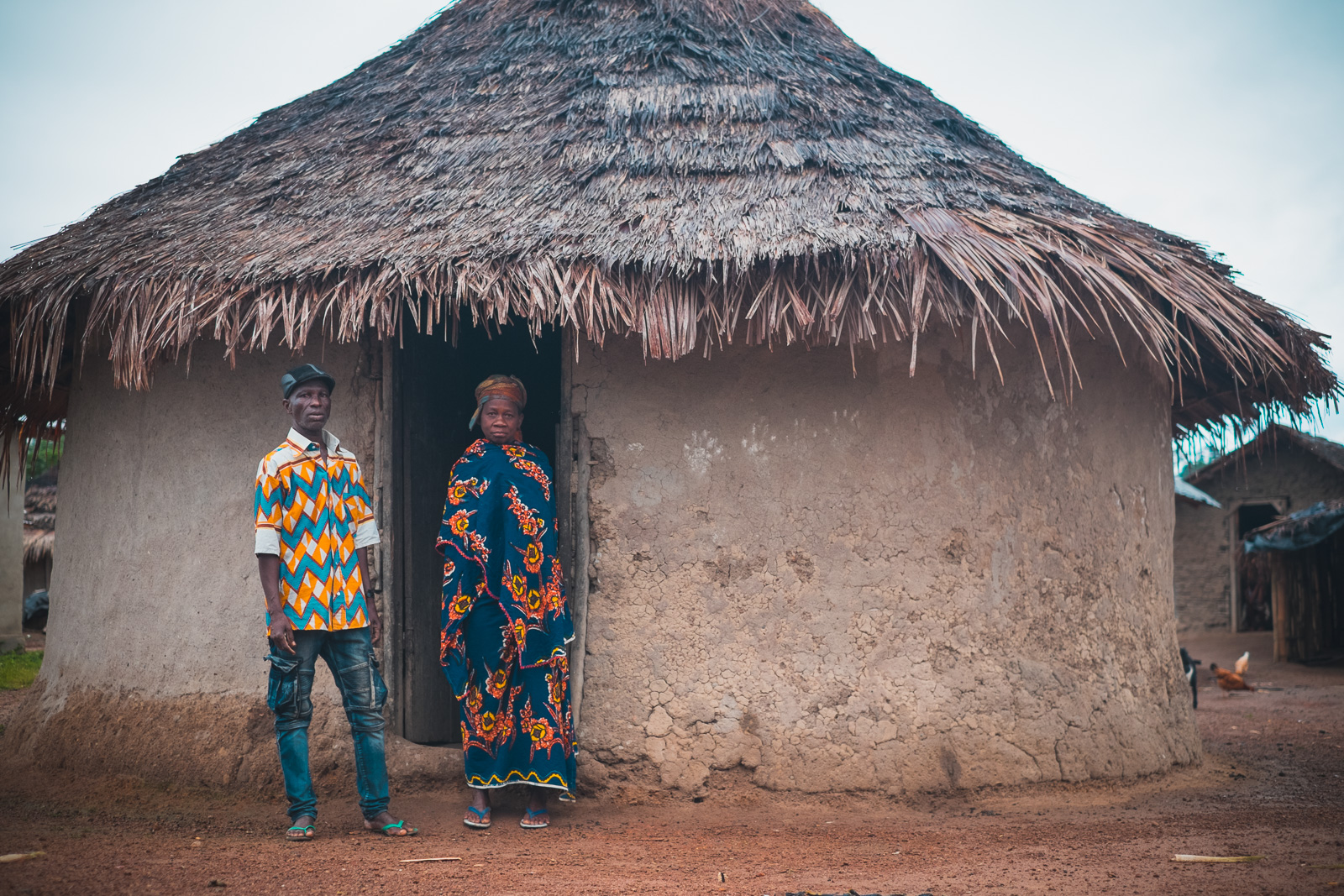
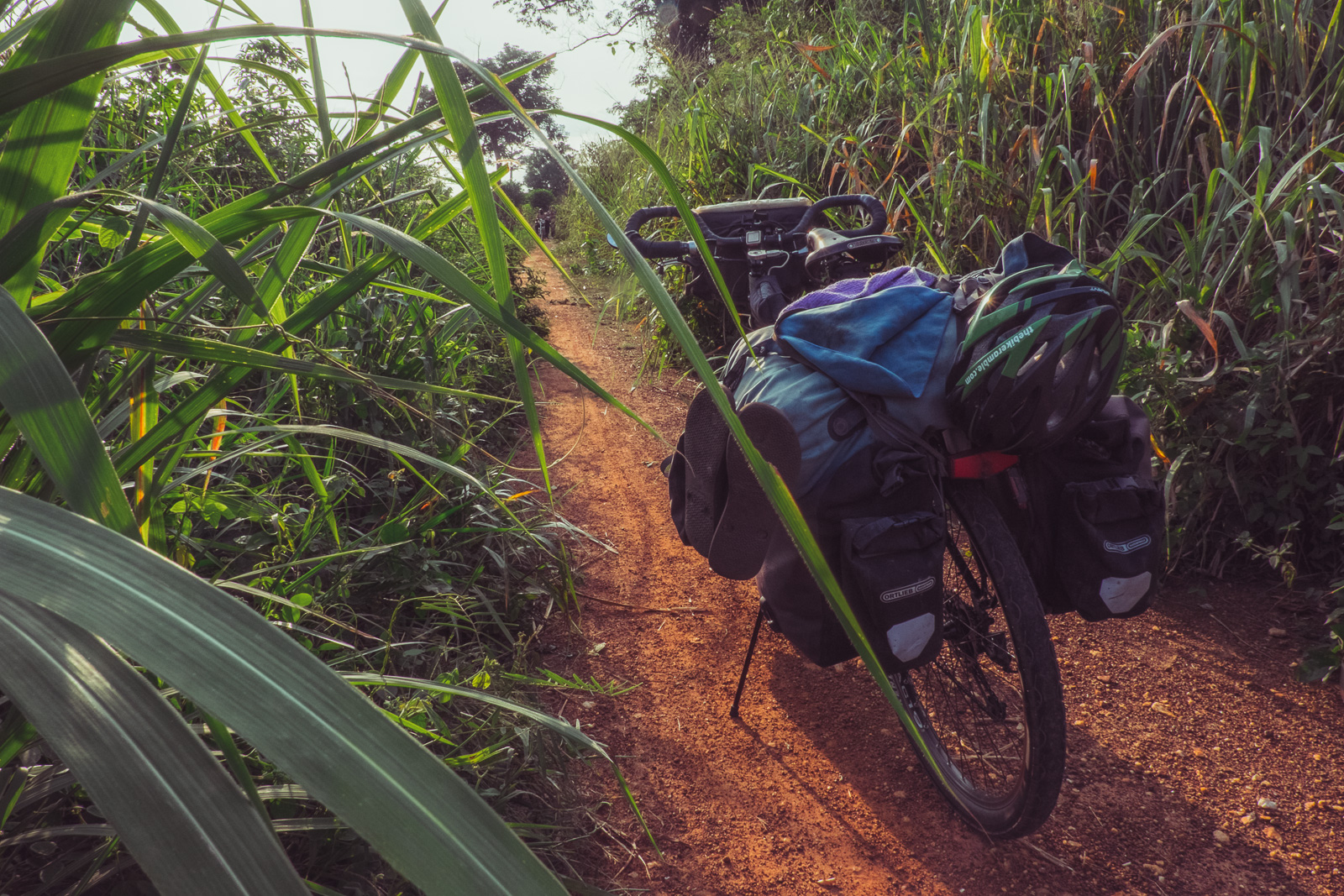
Until next time,
Fredrika


